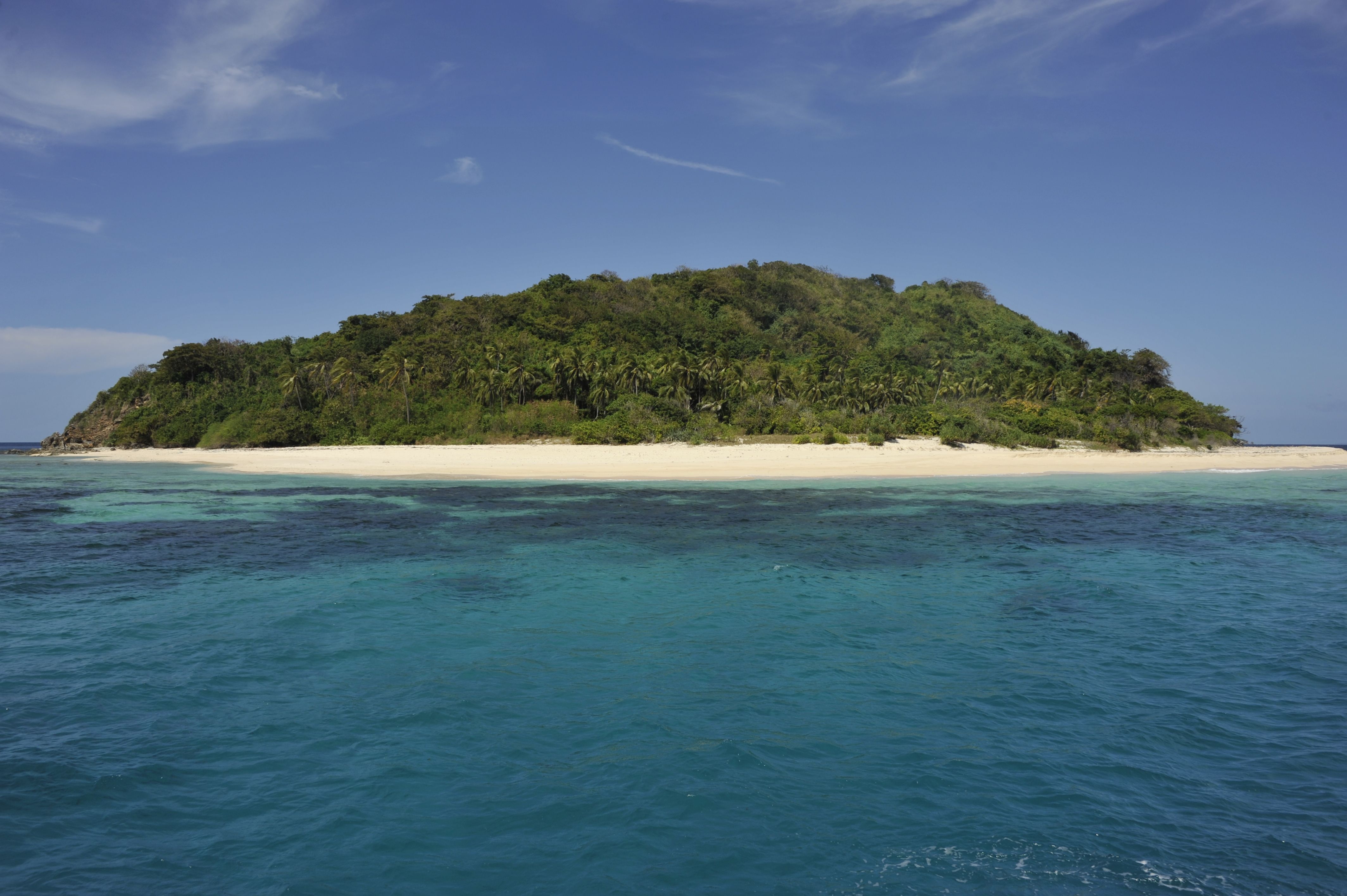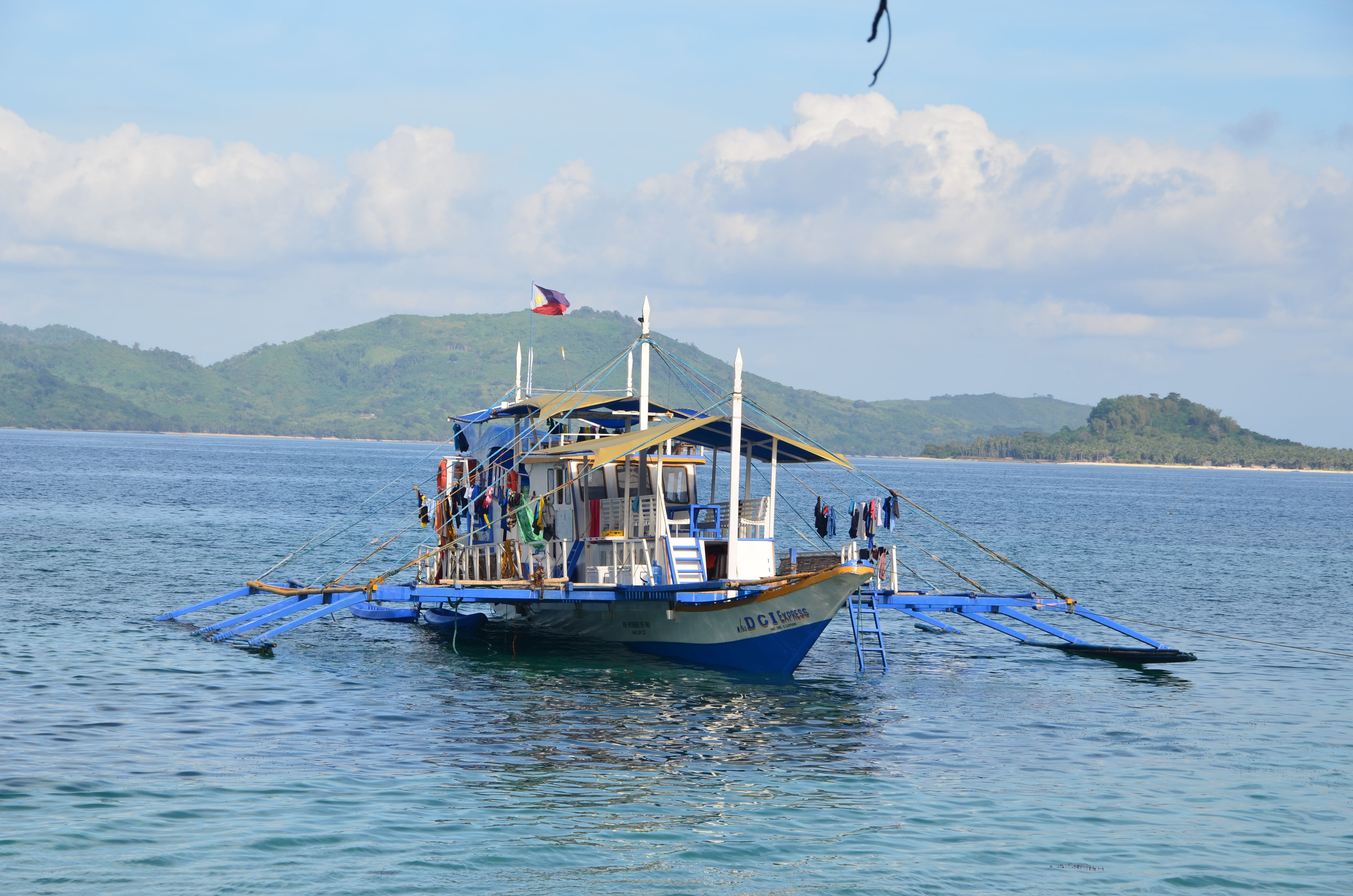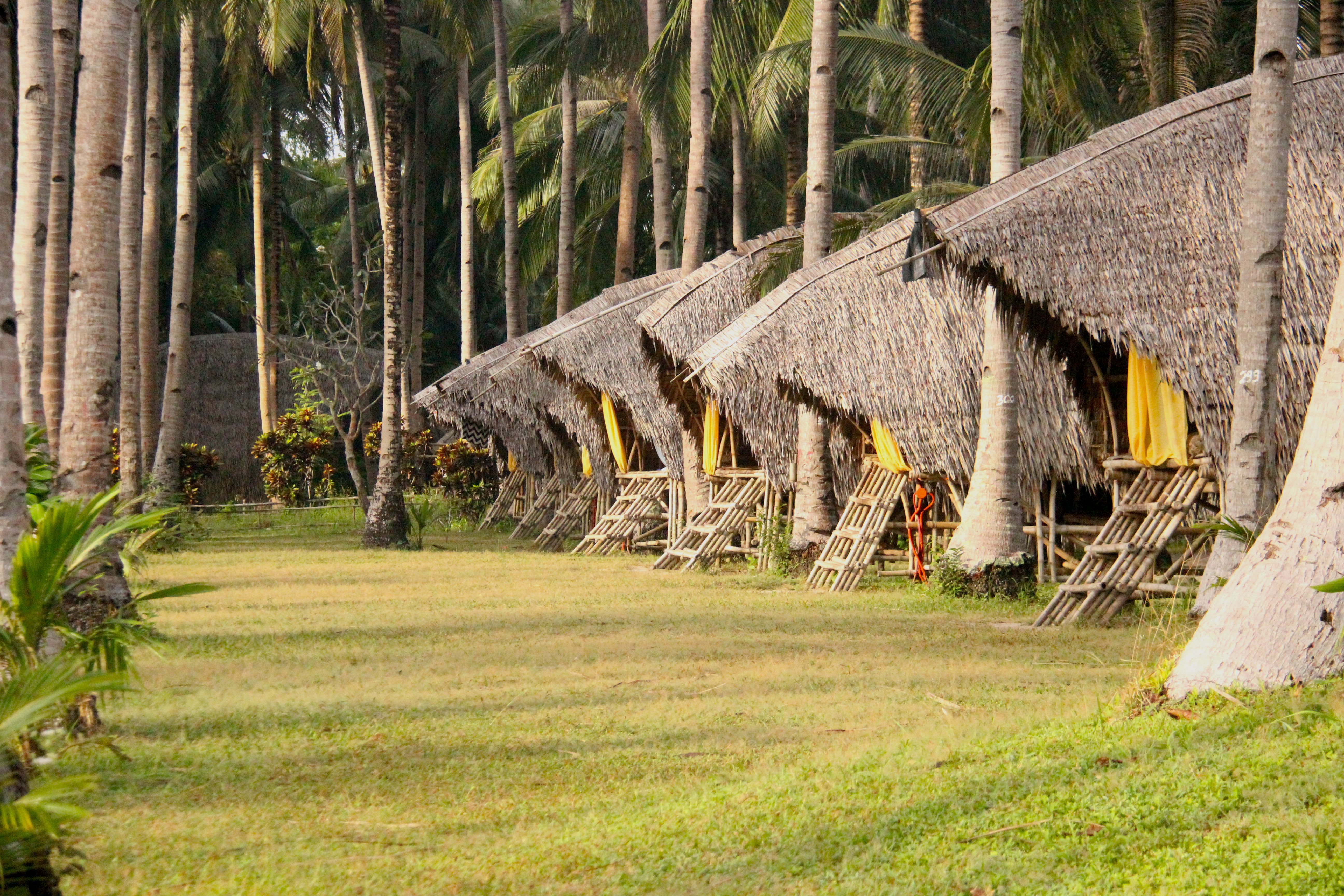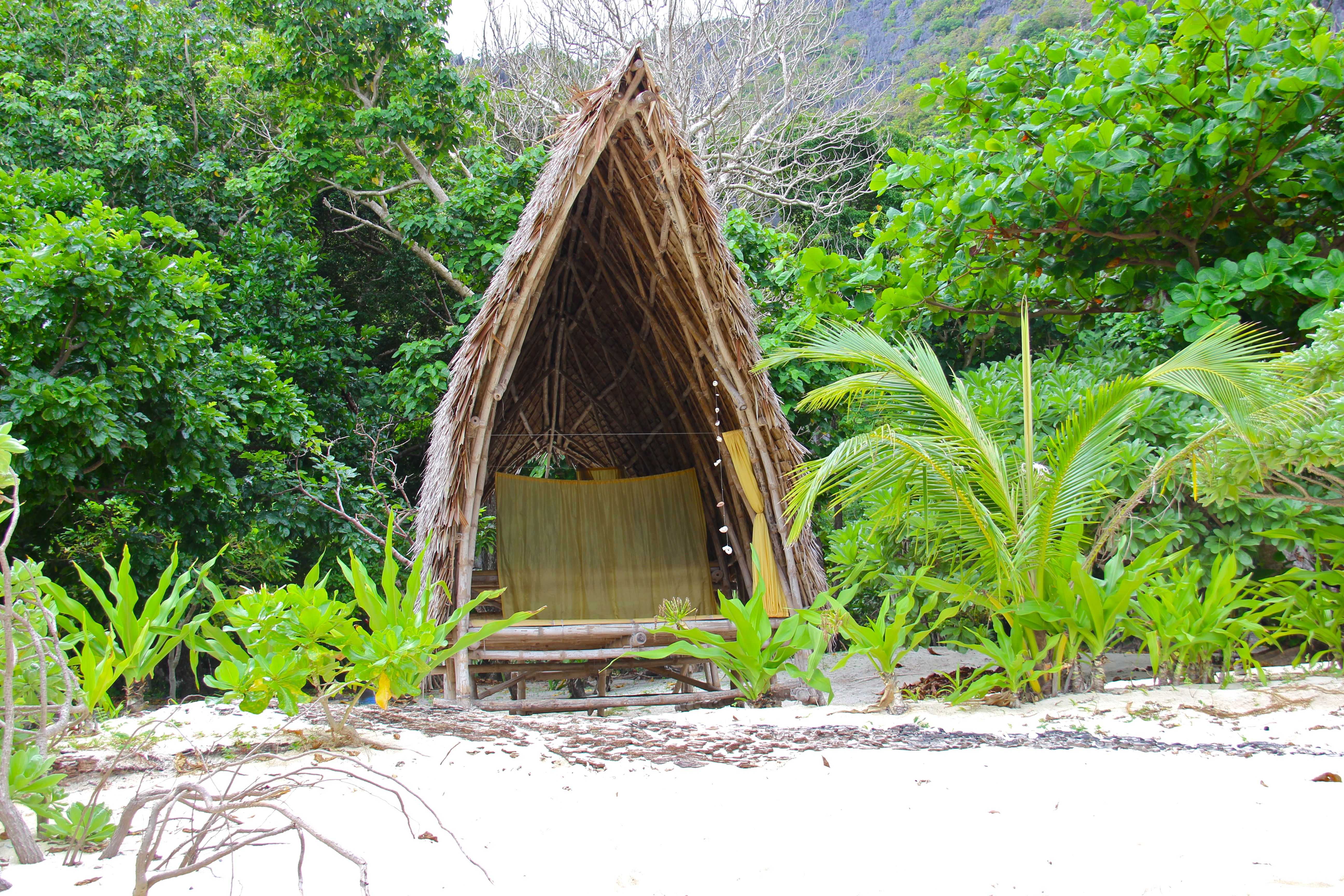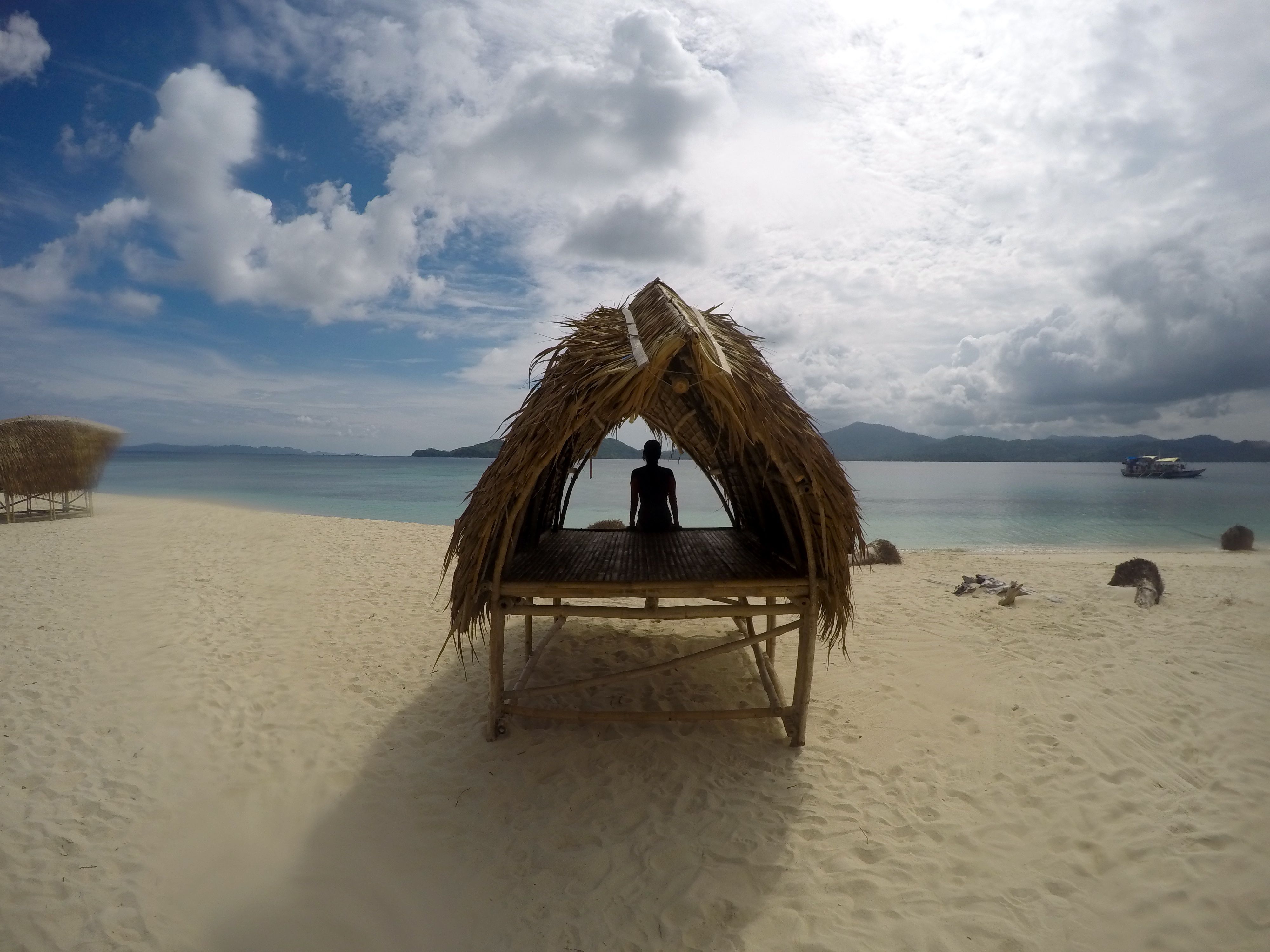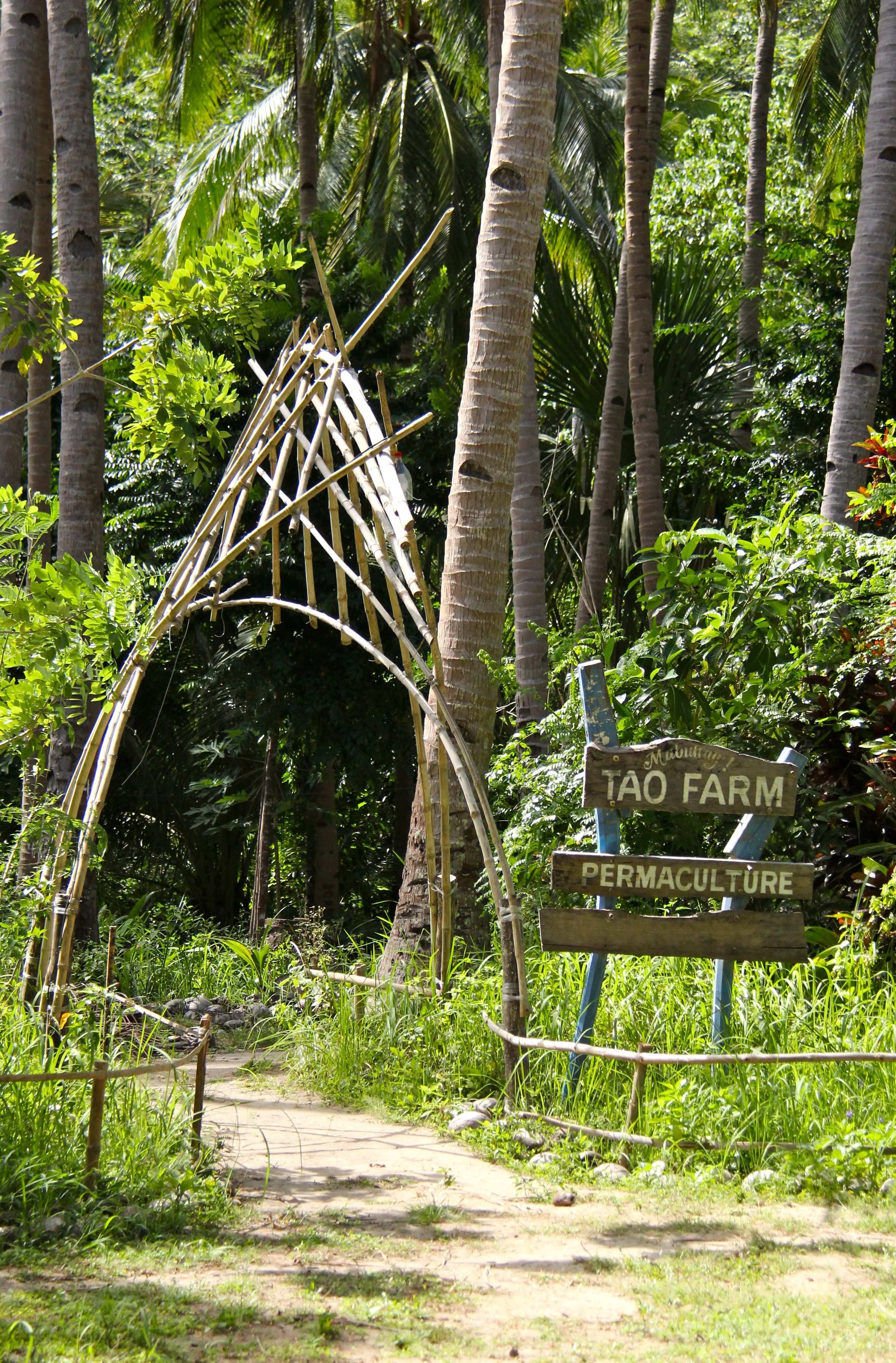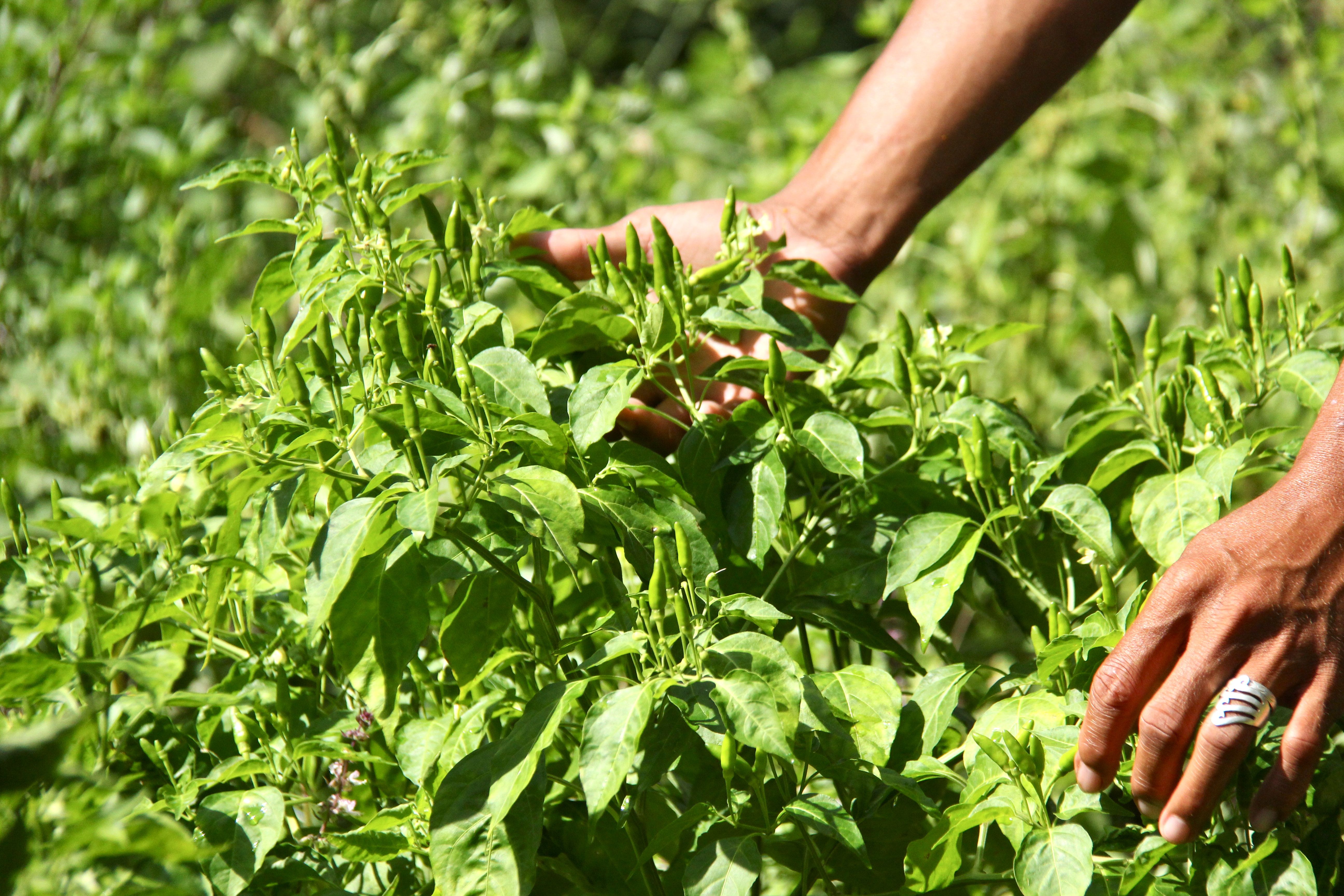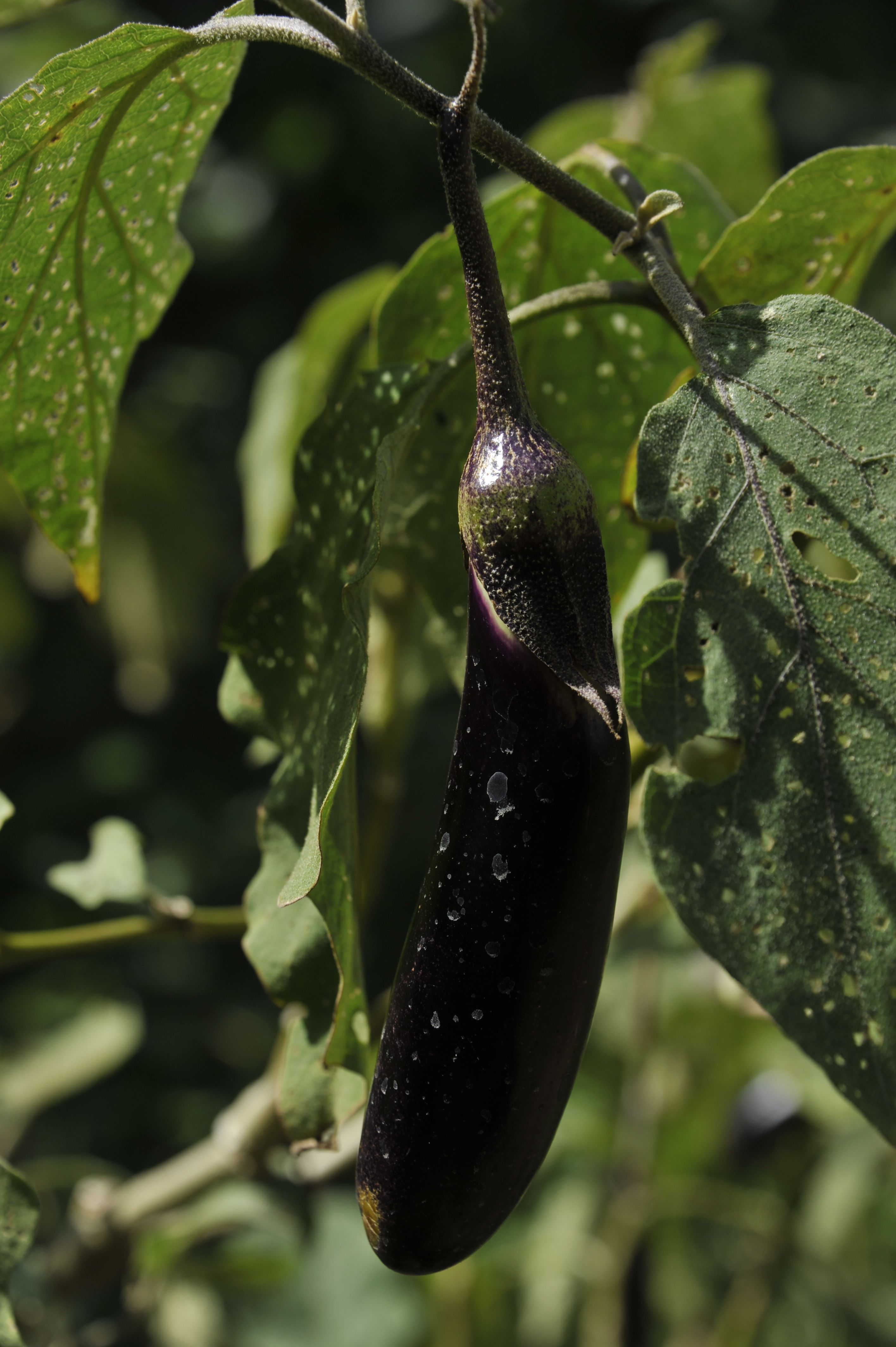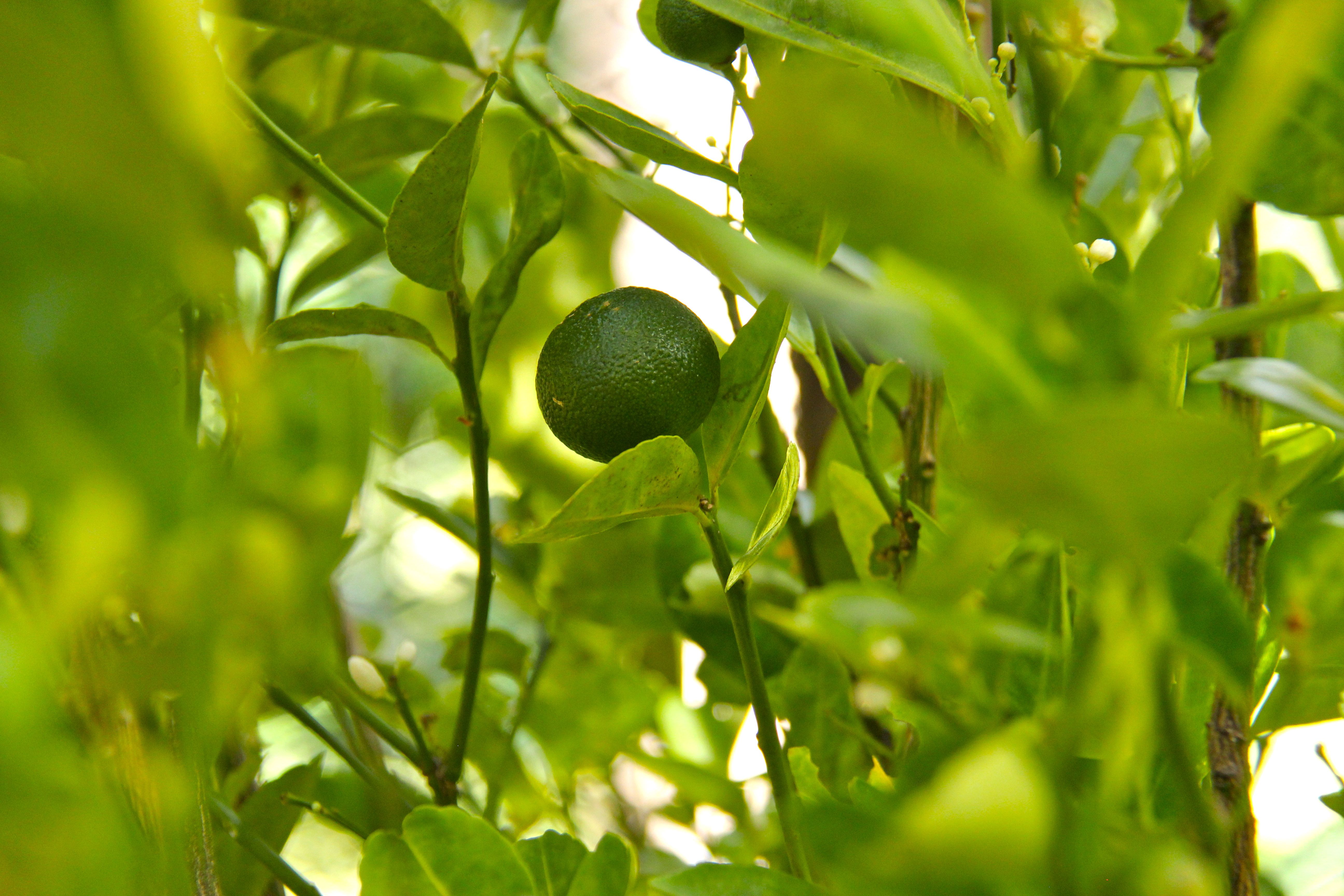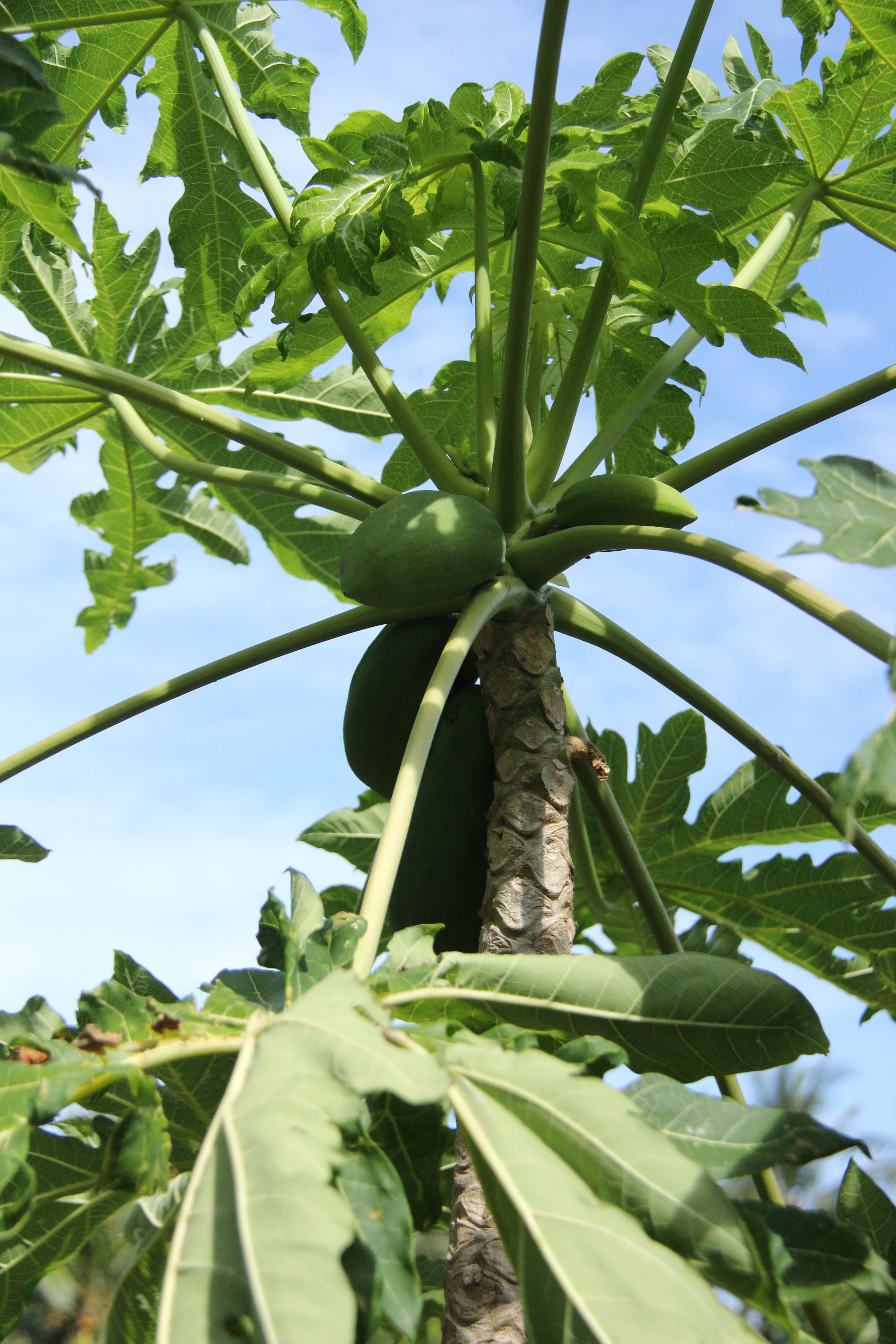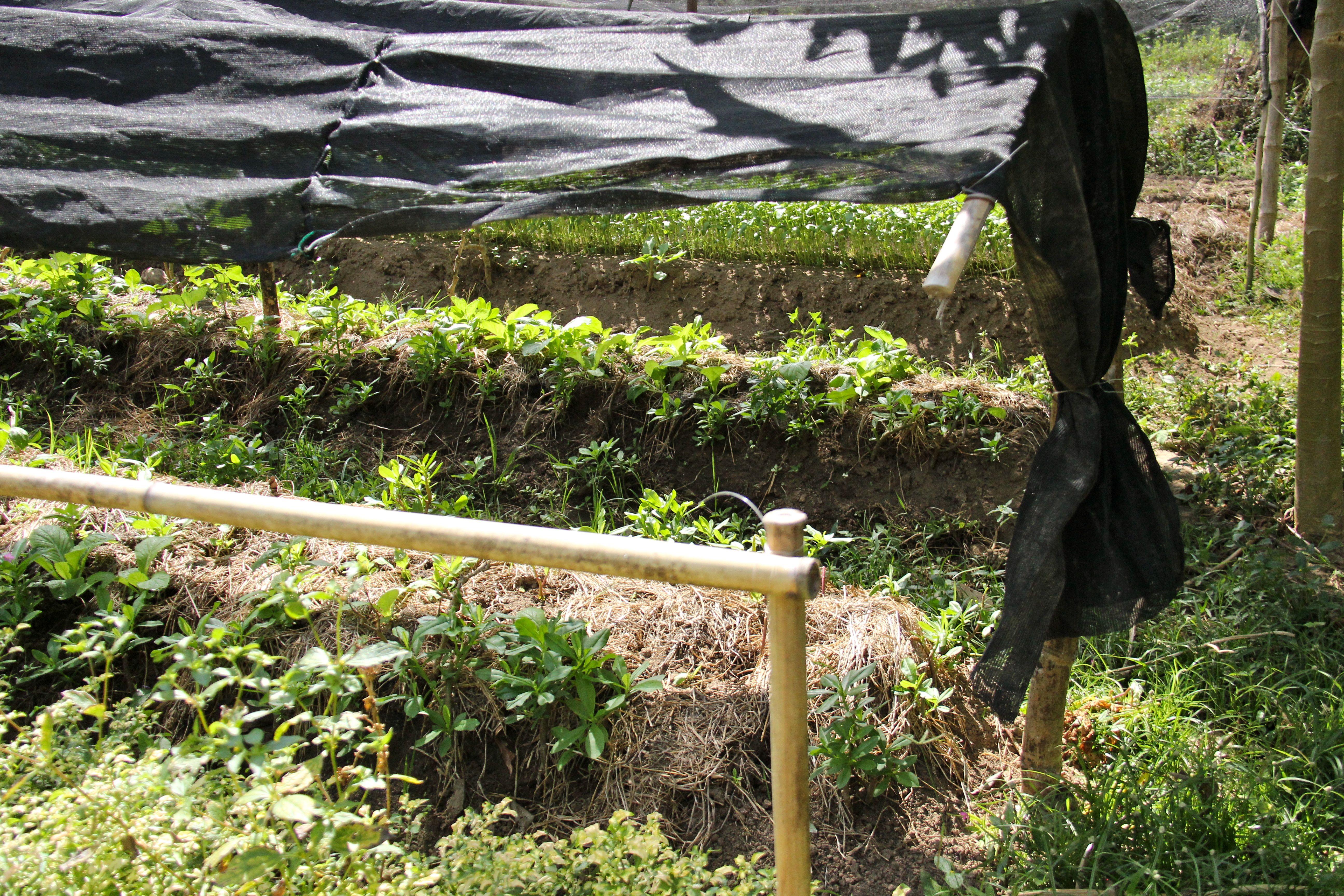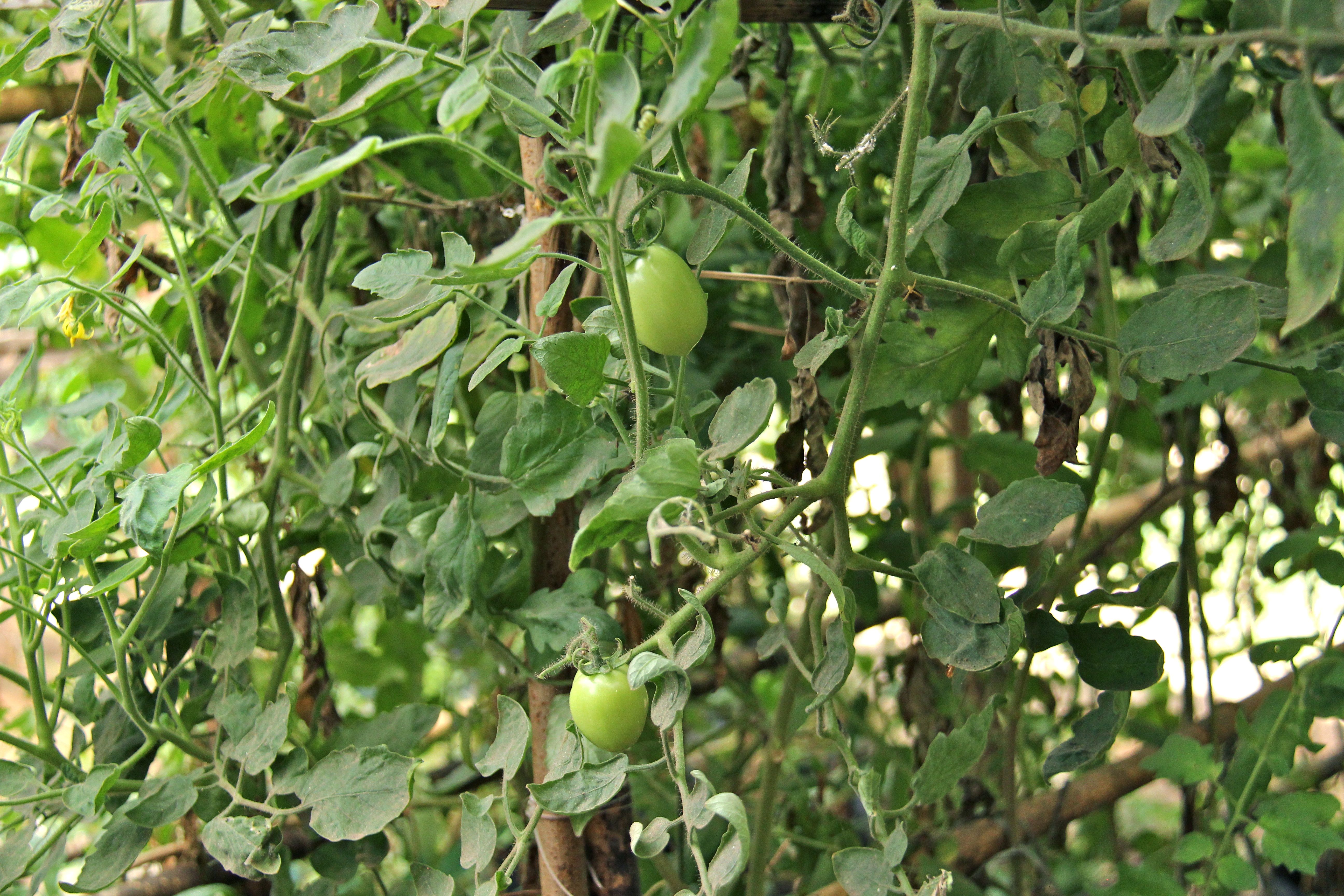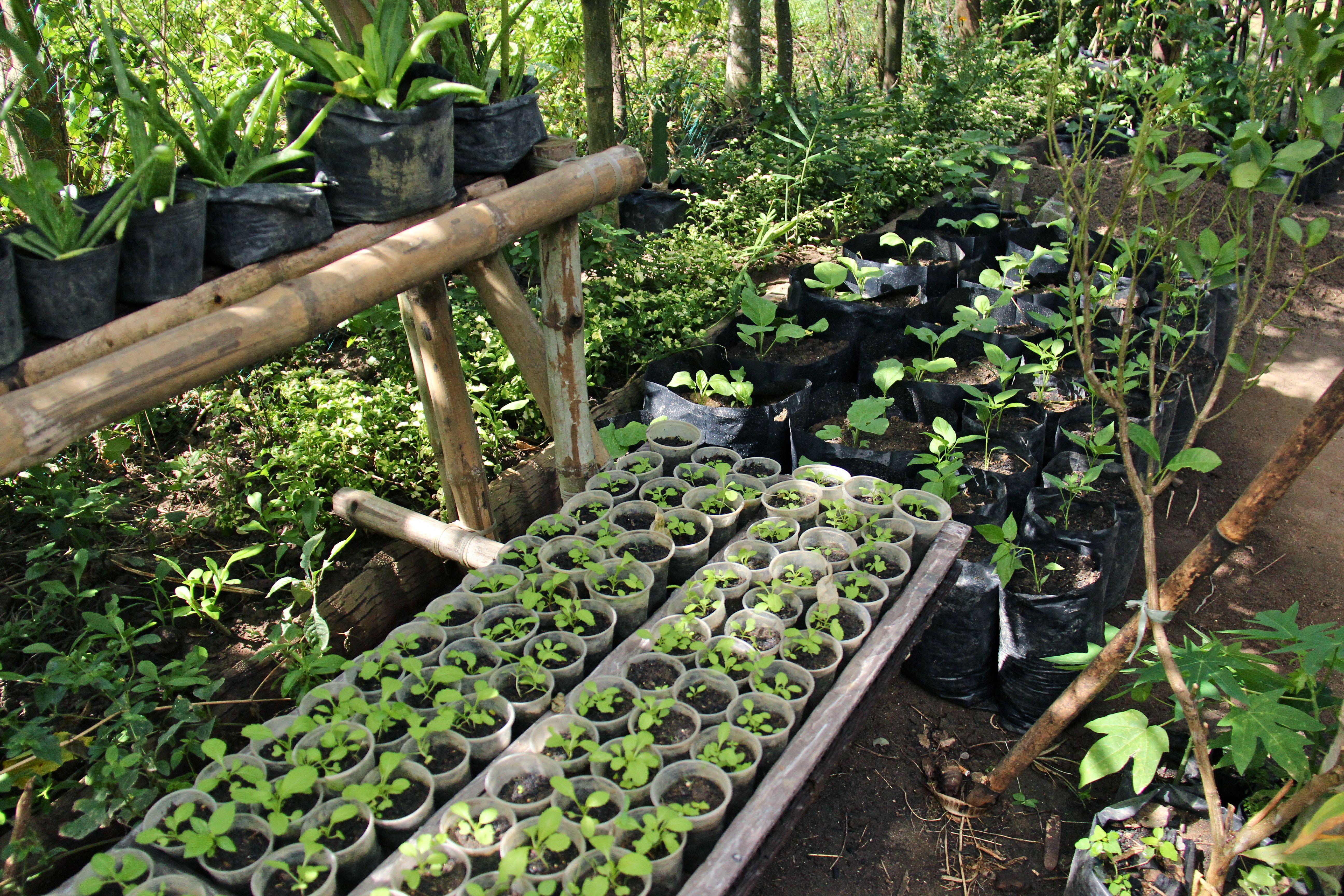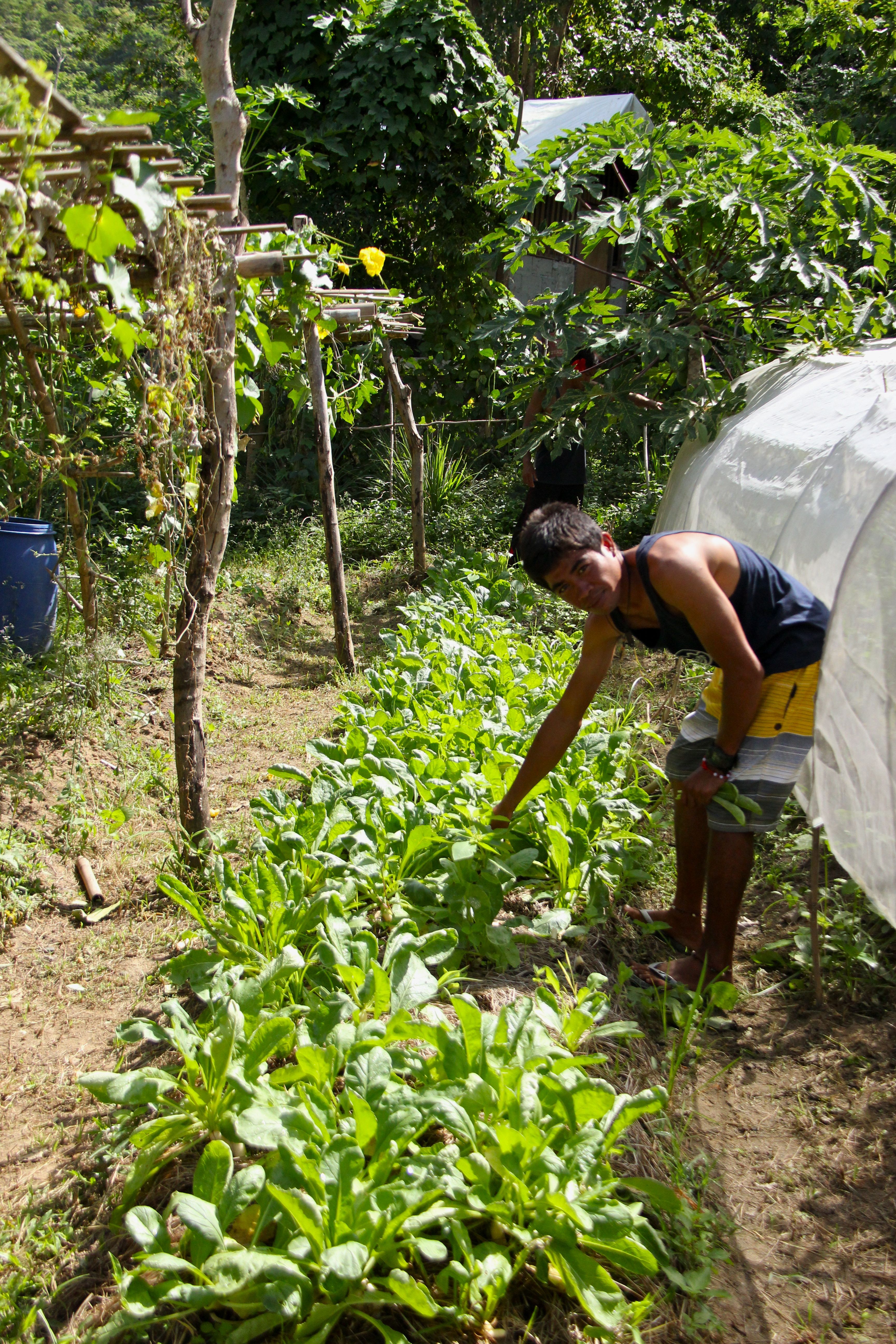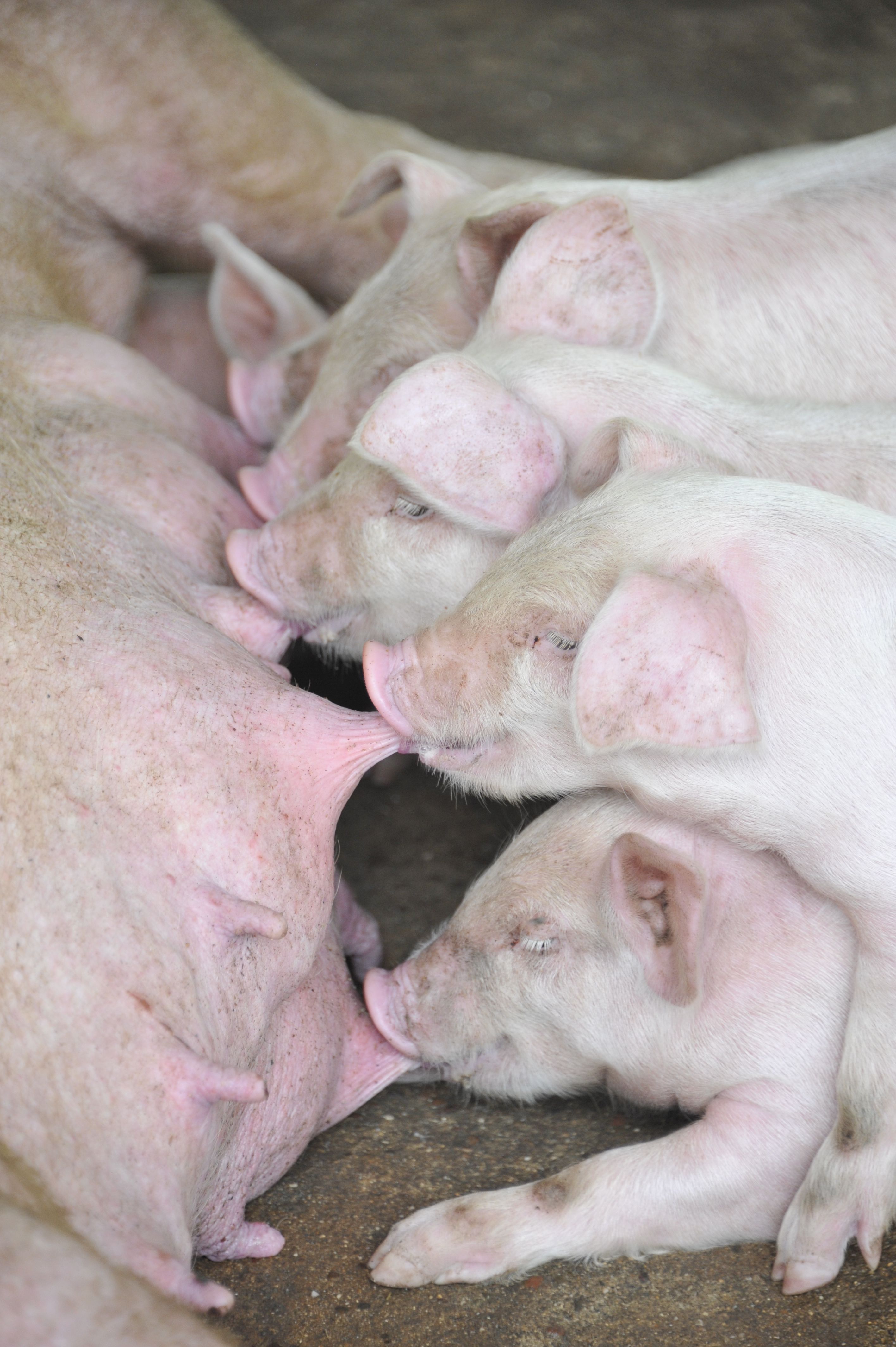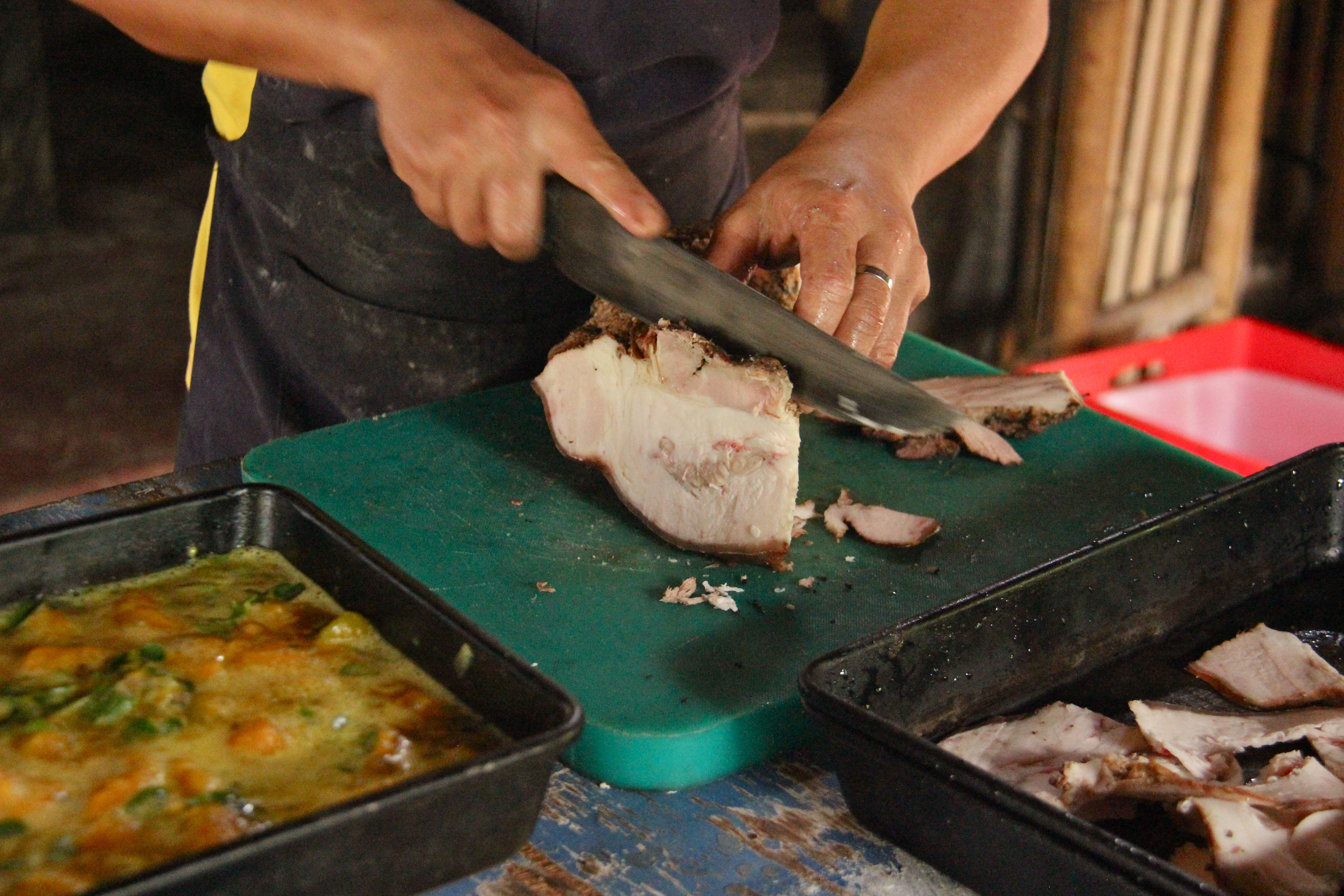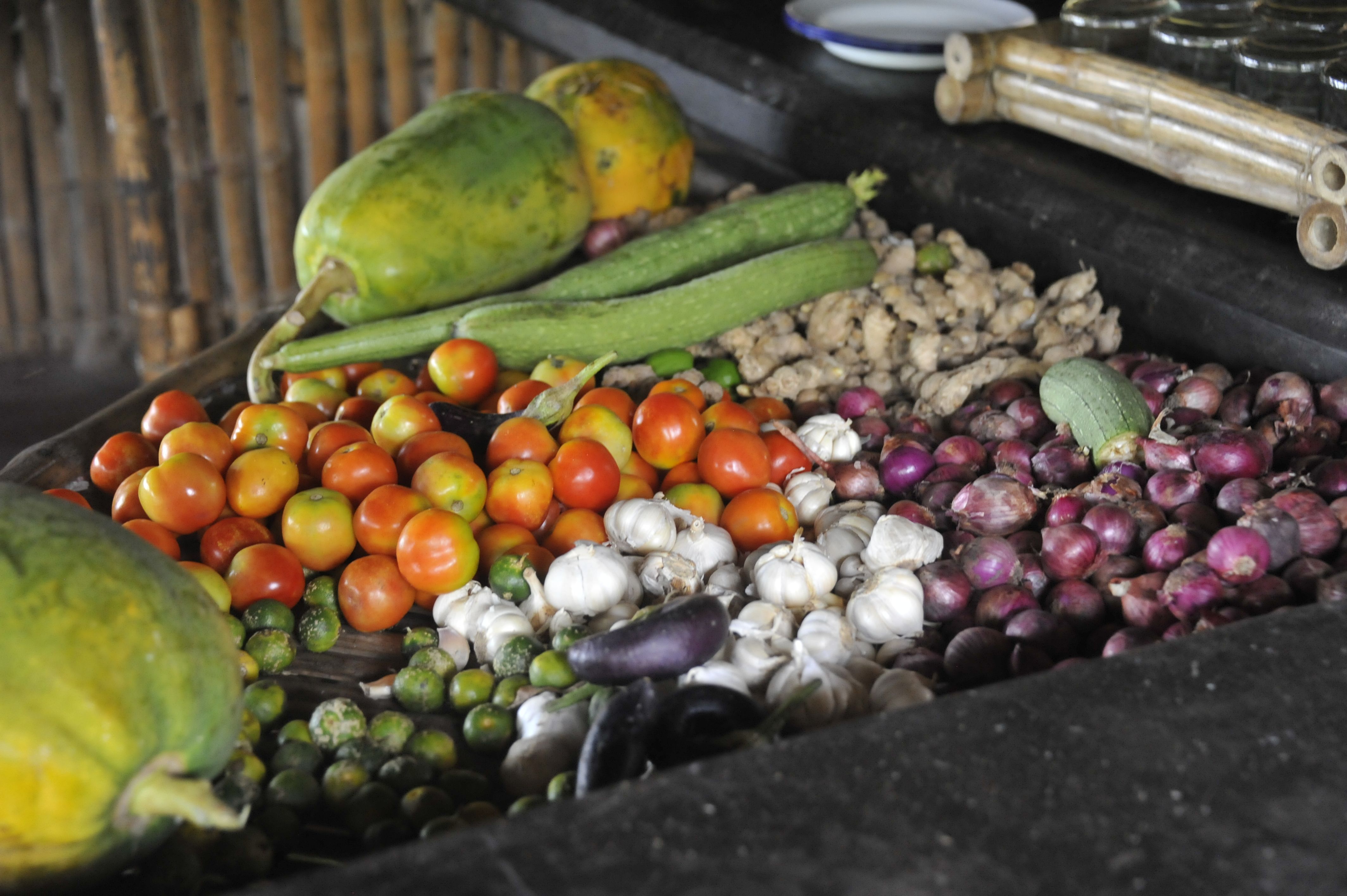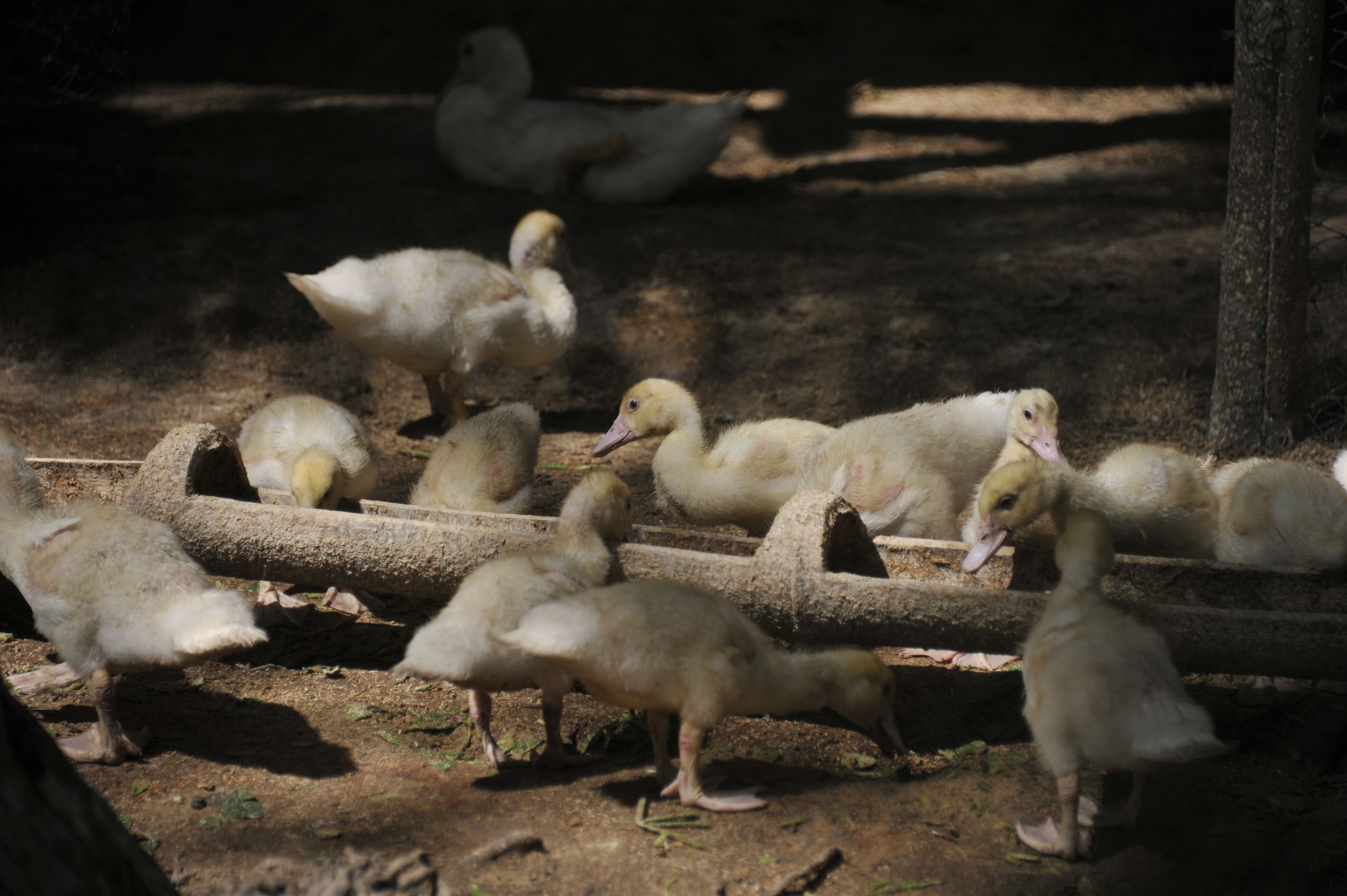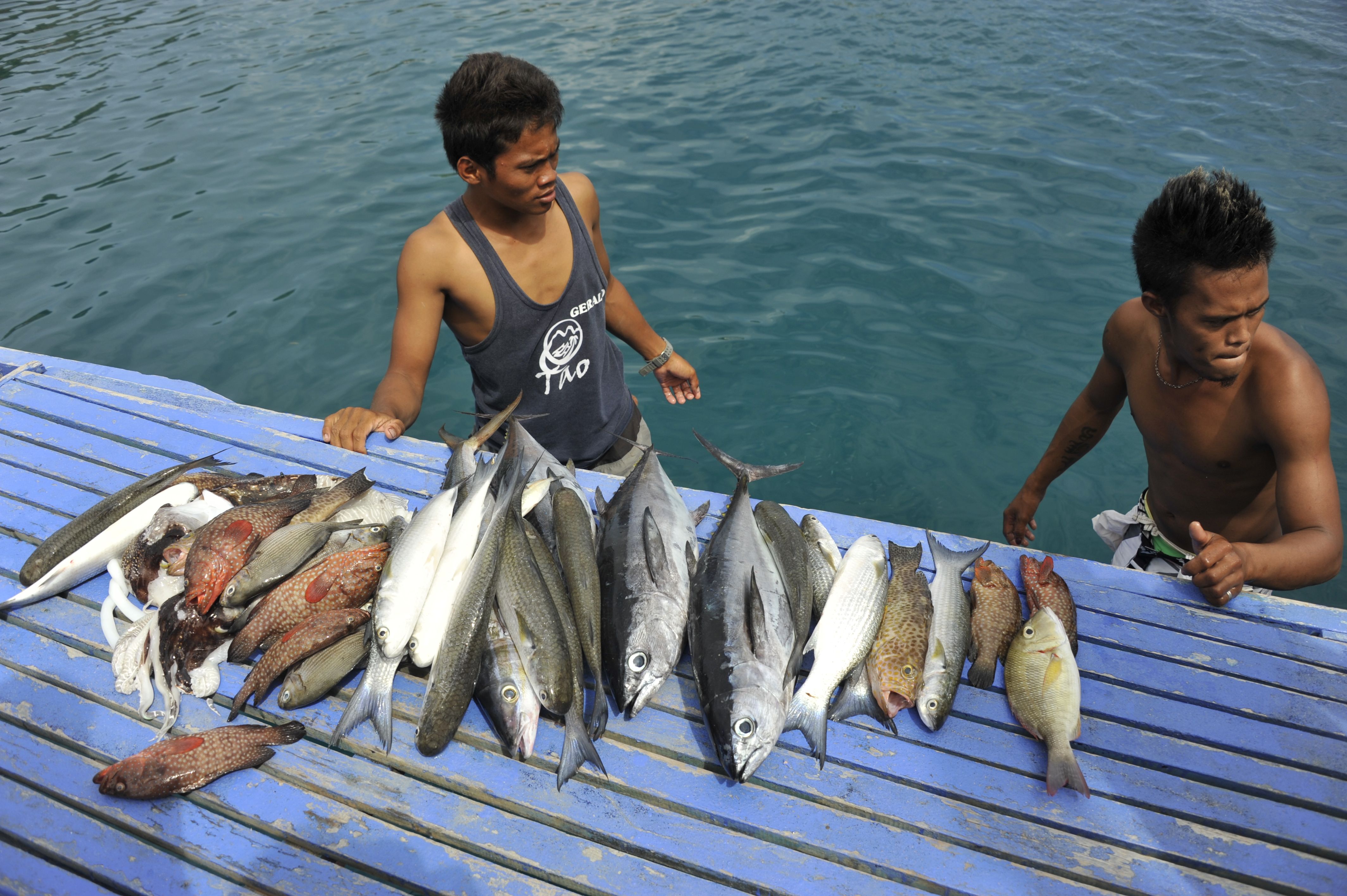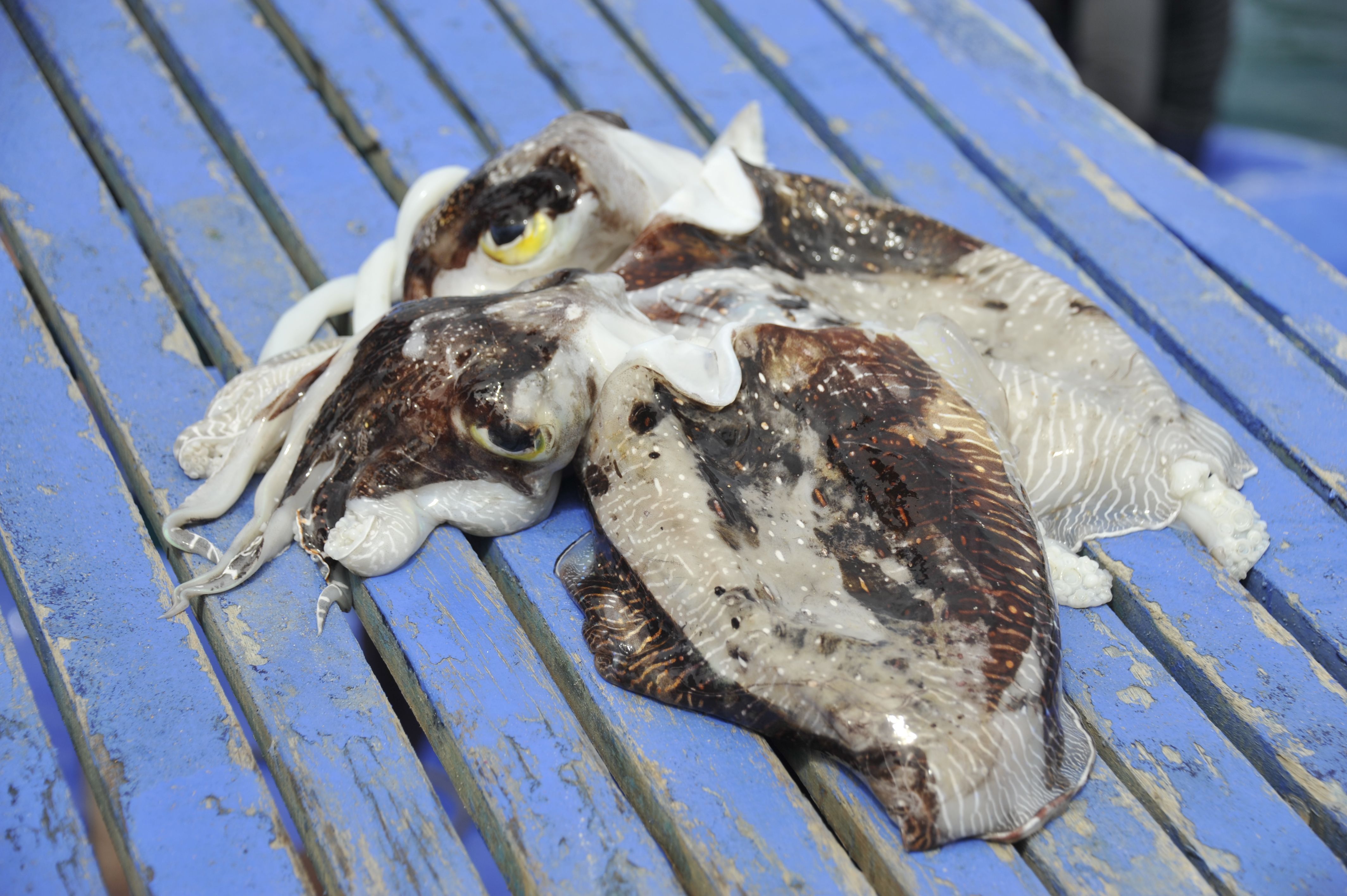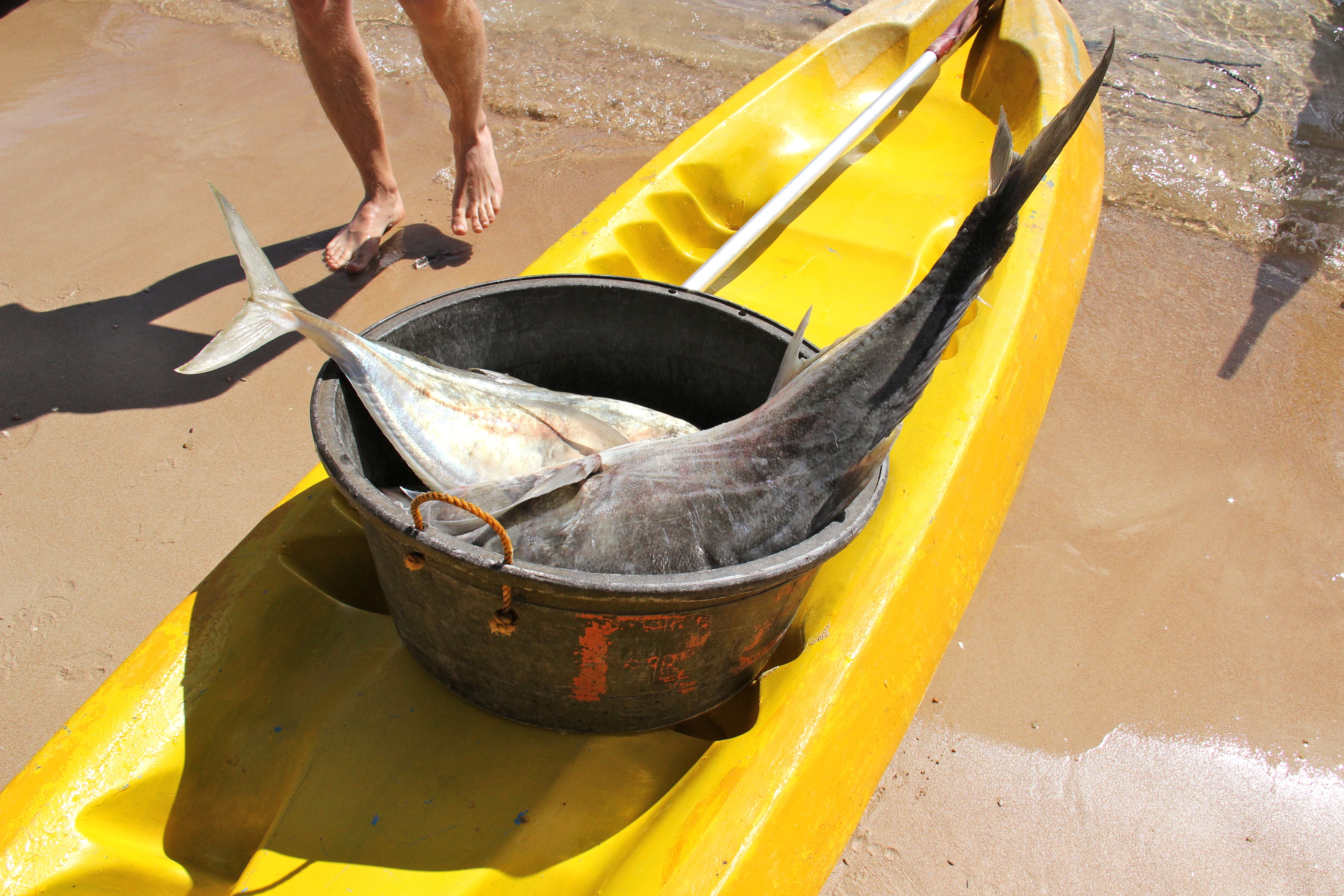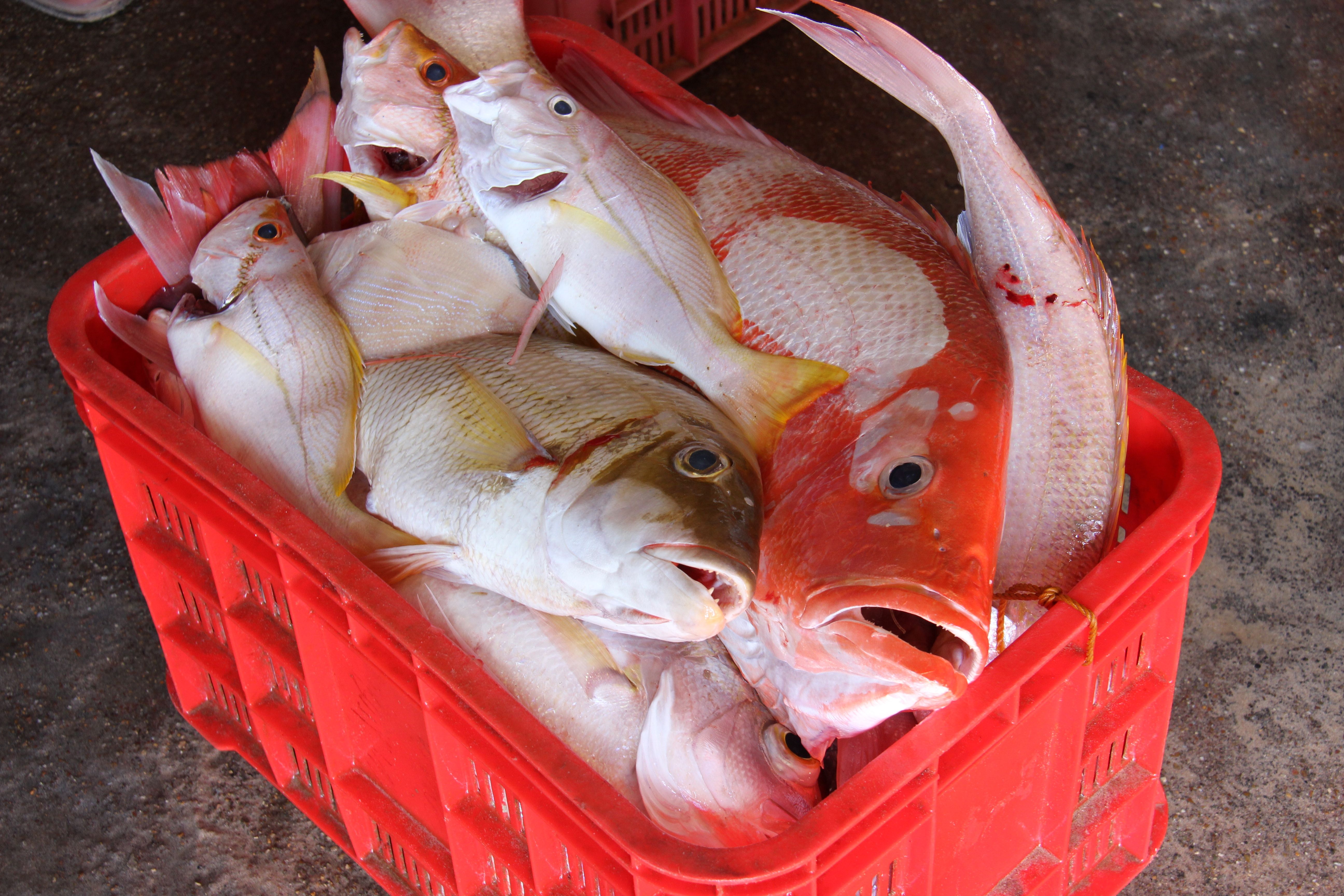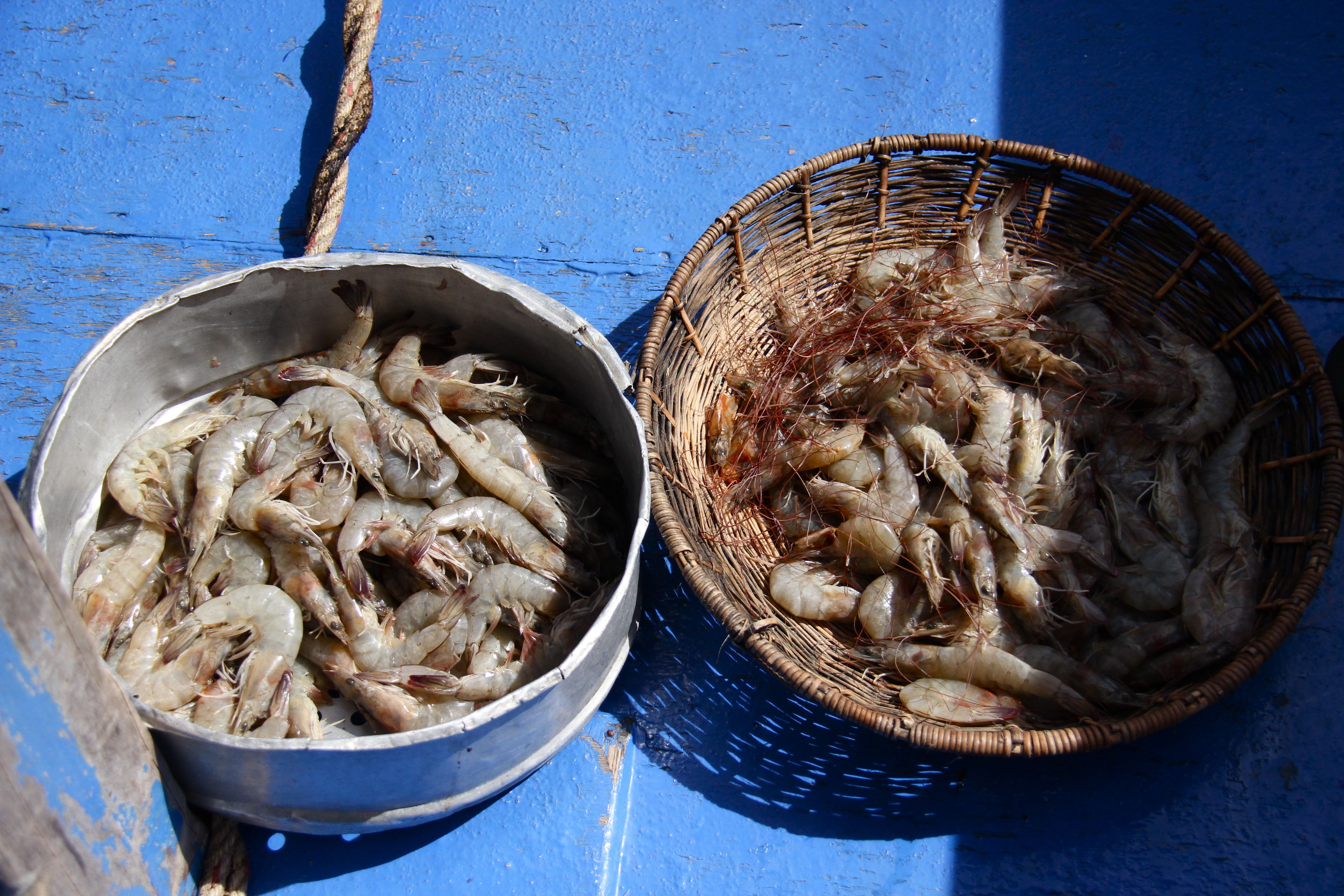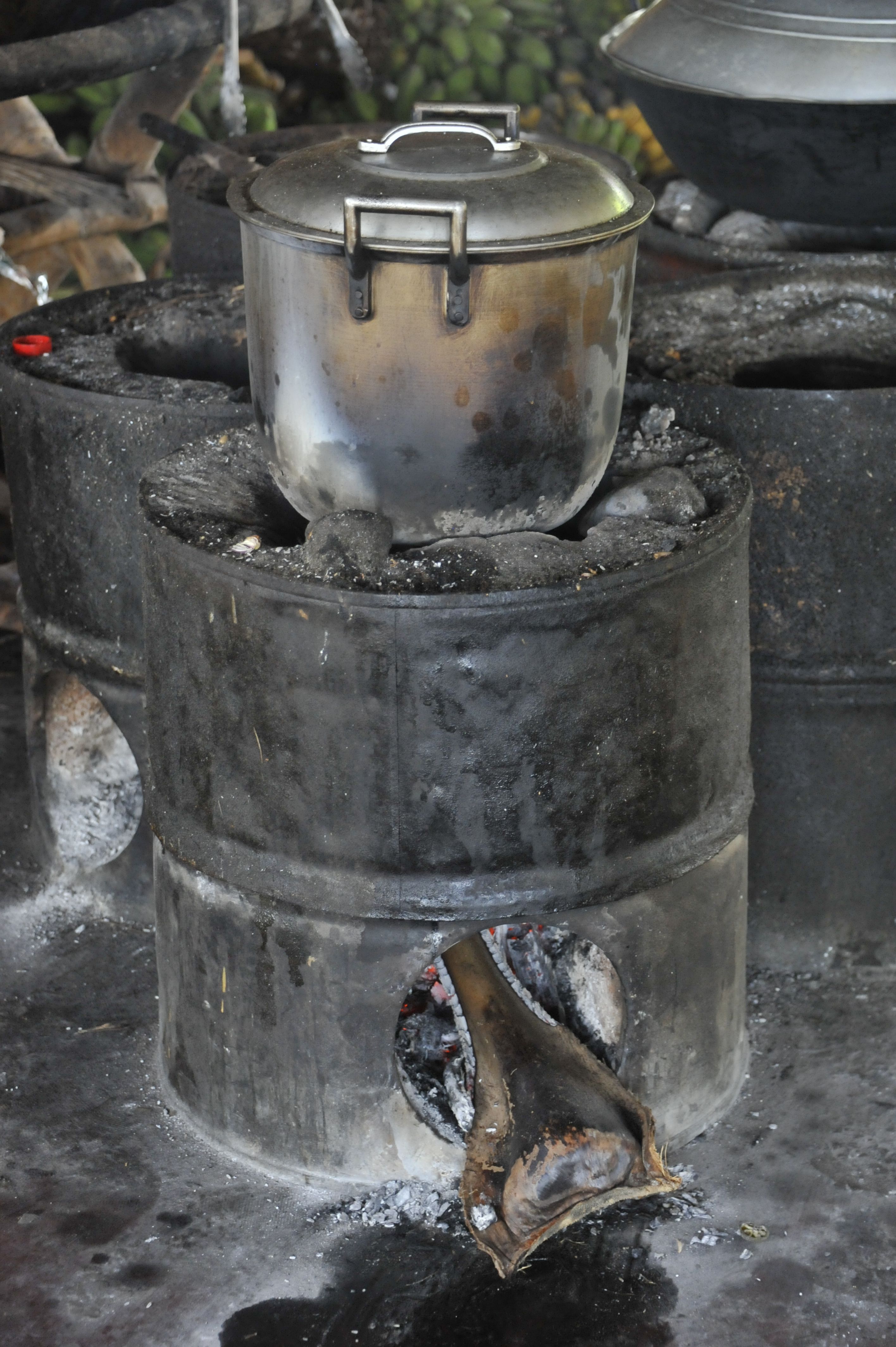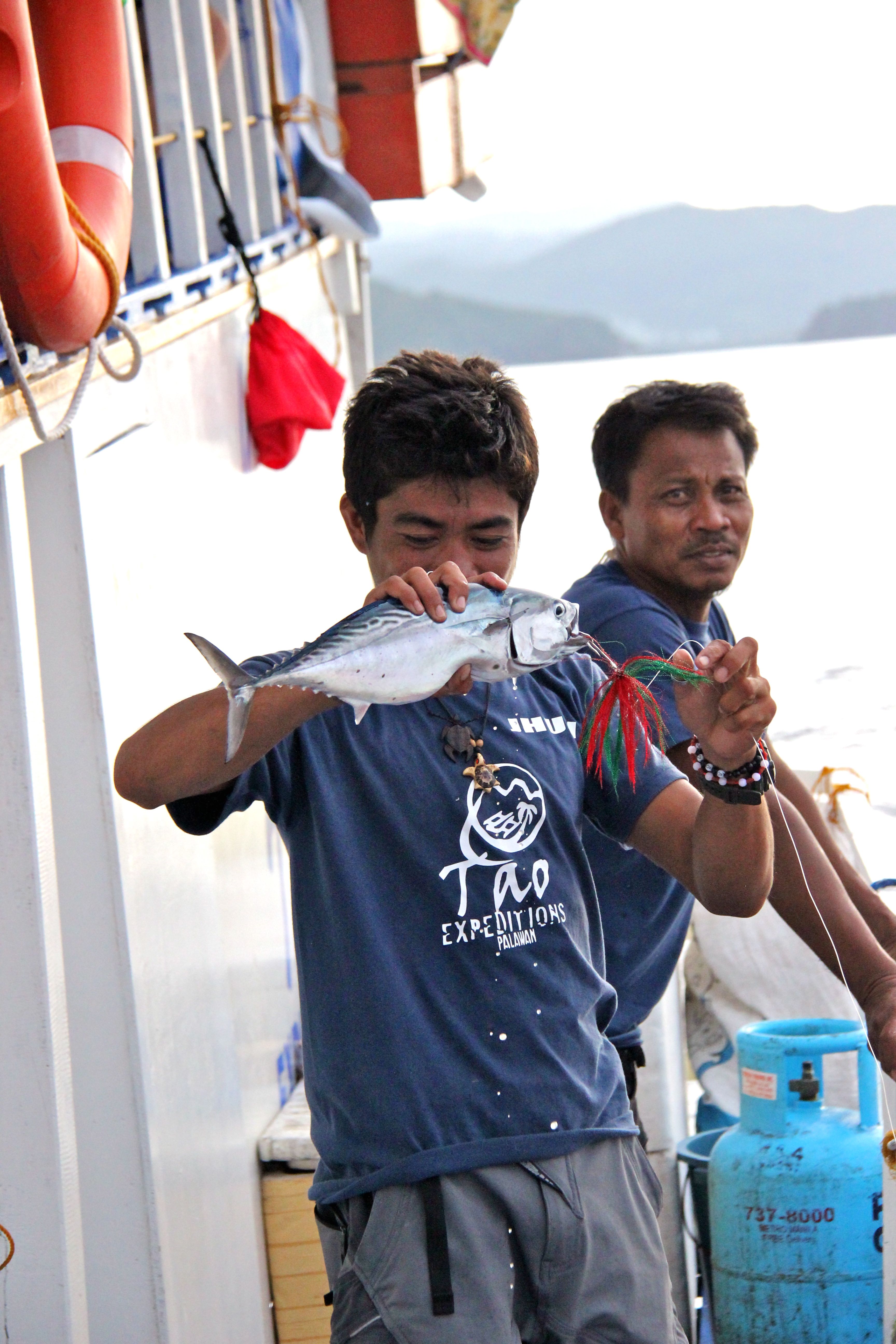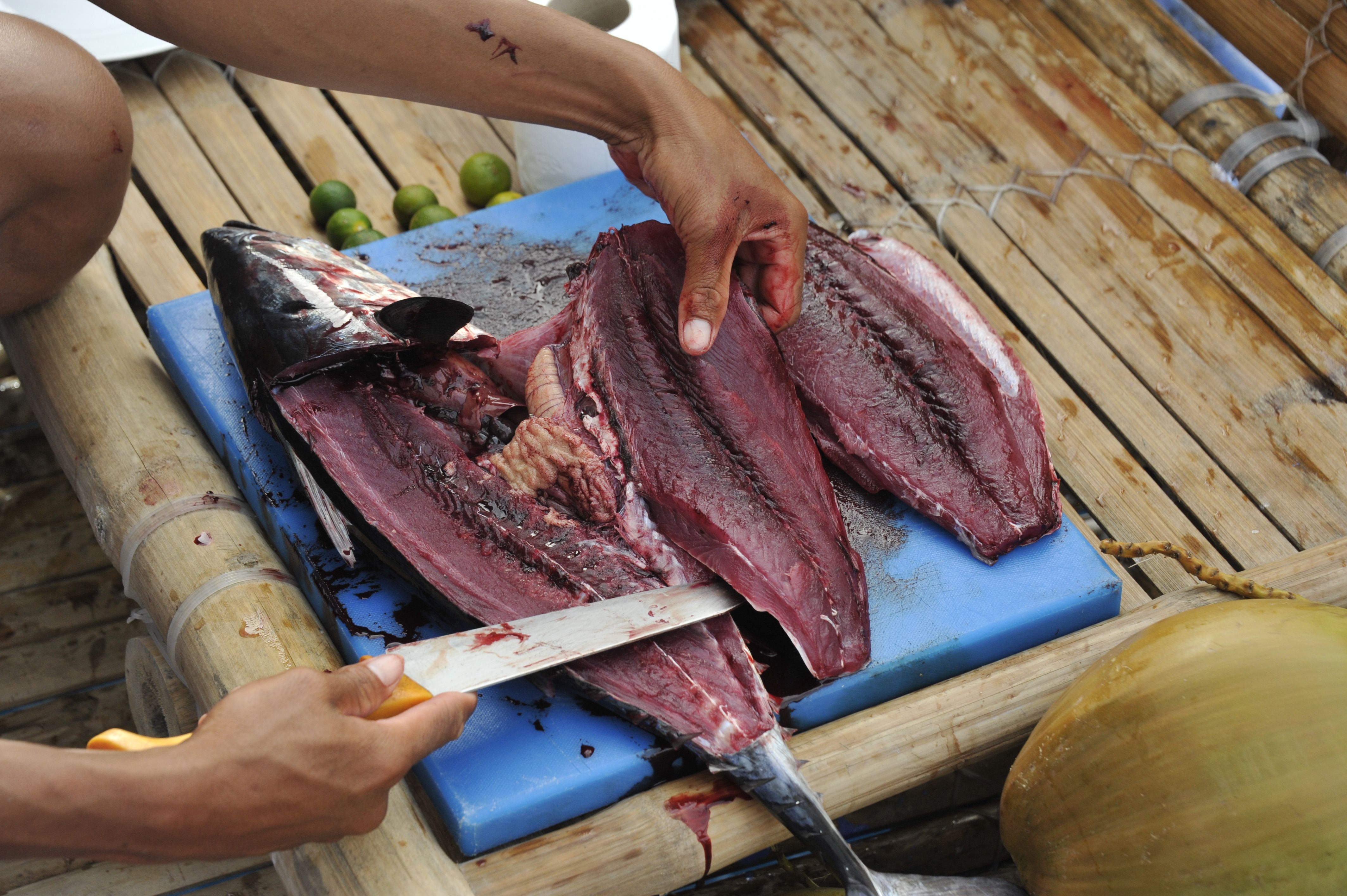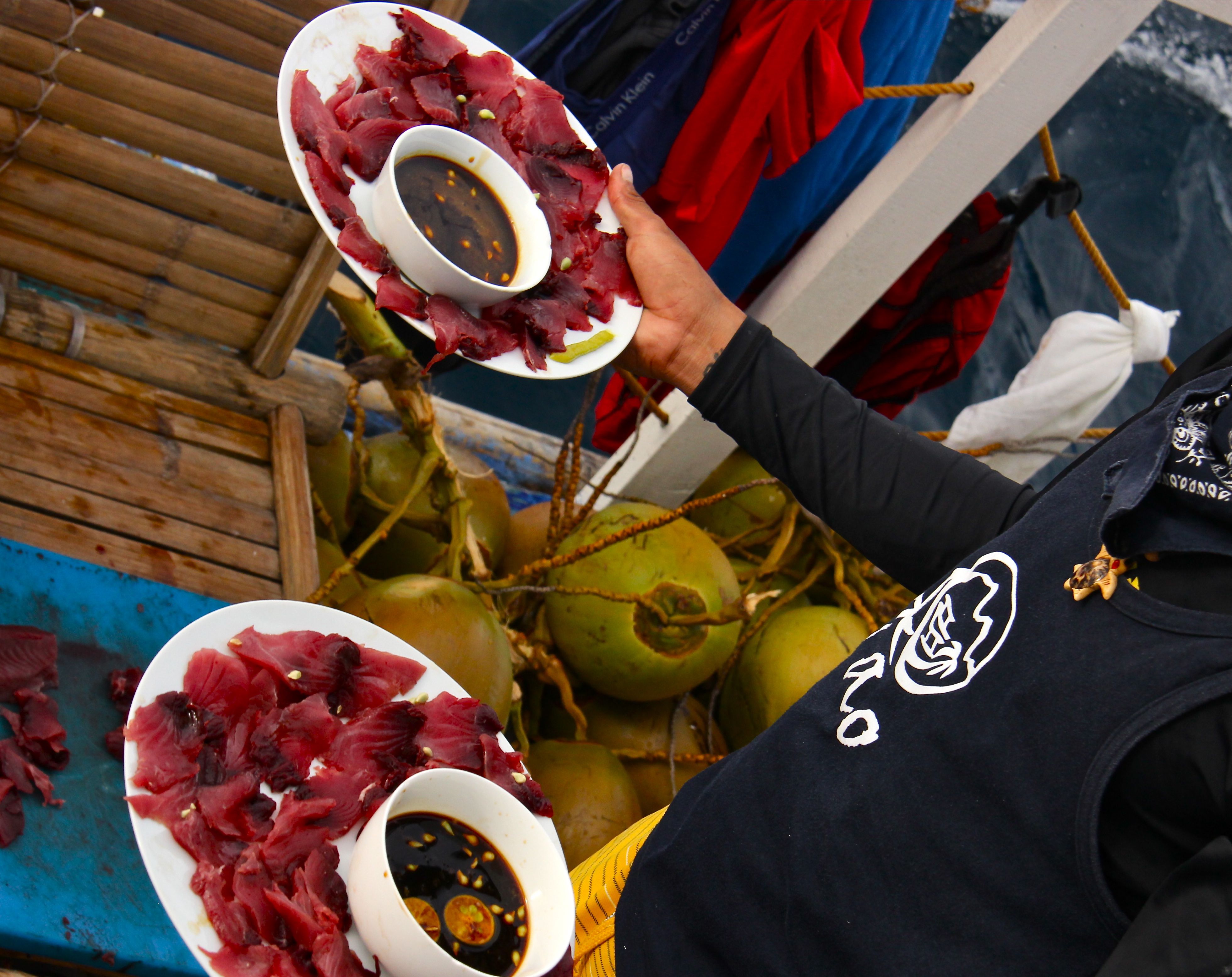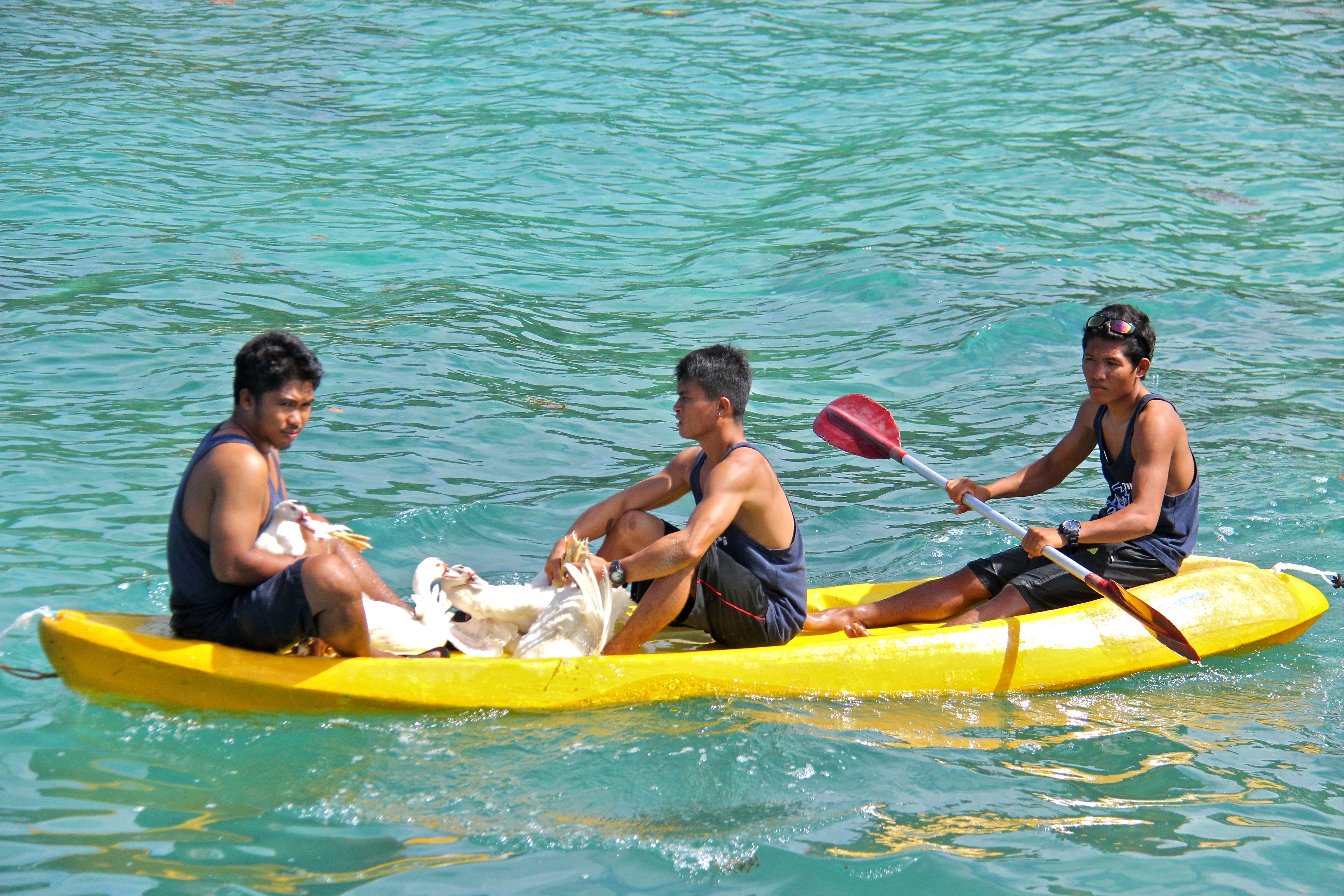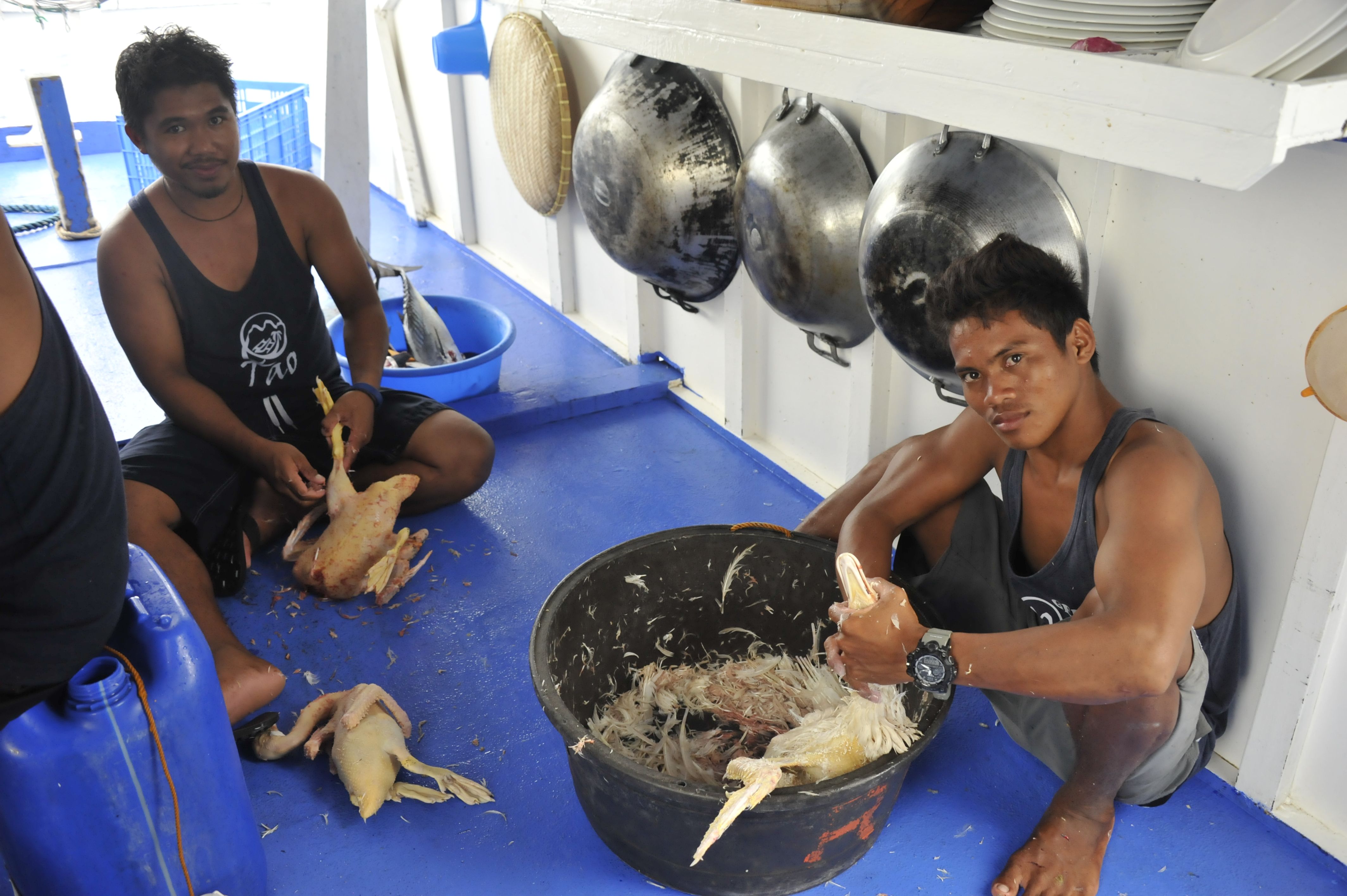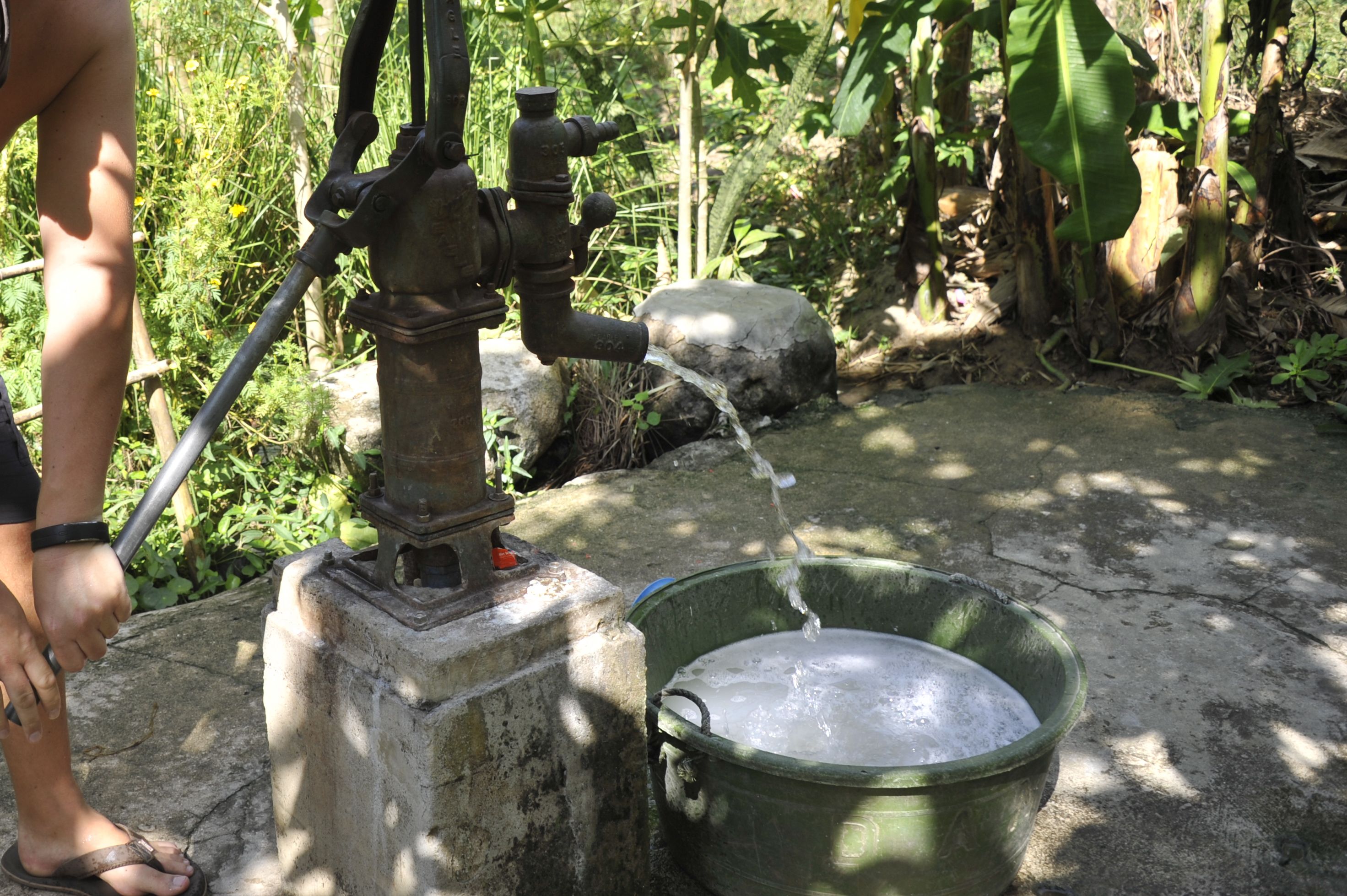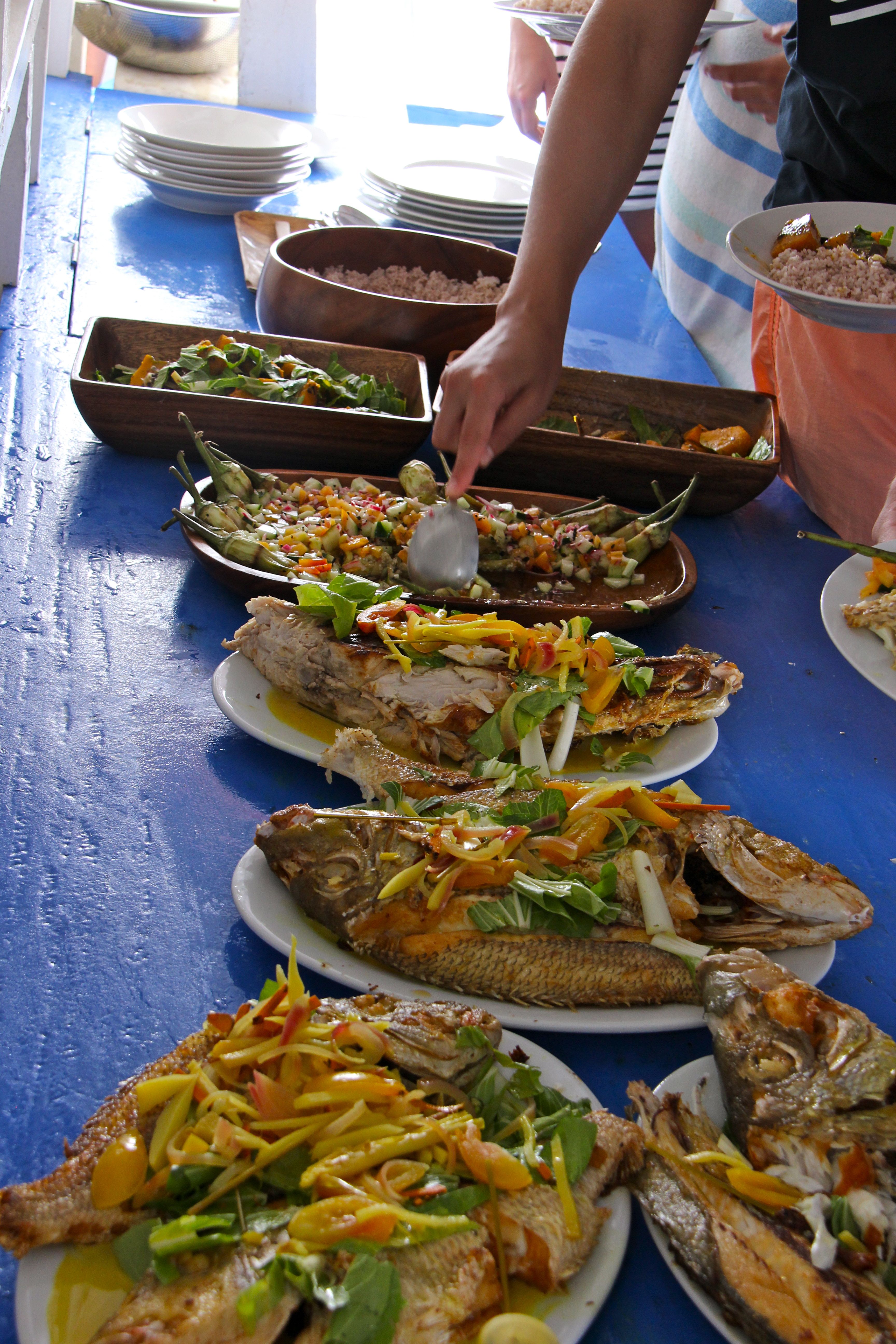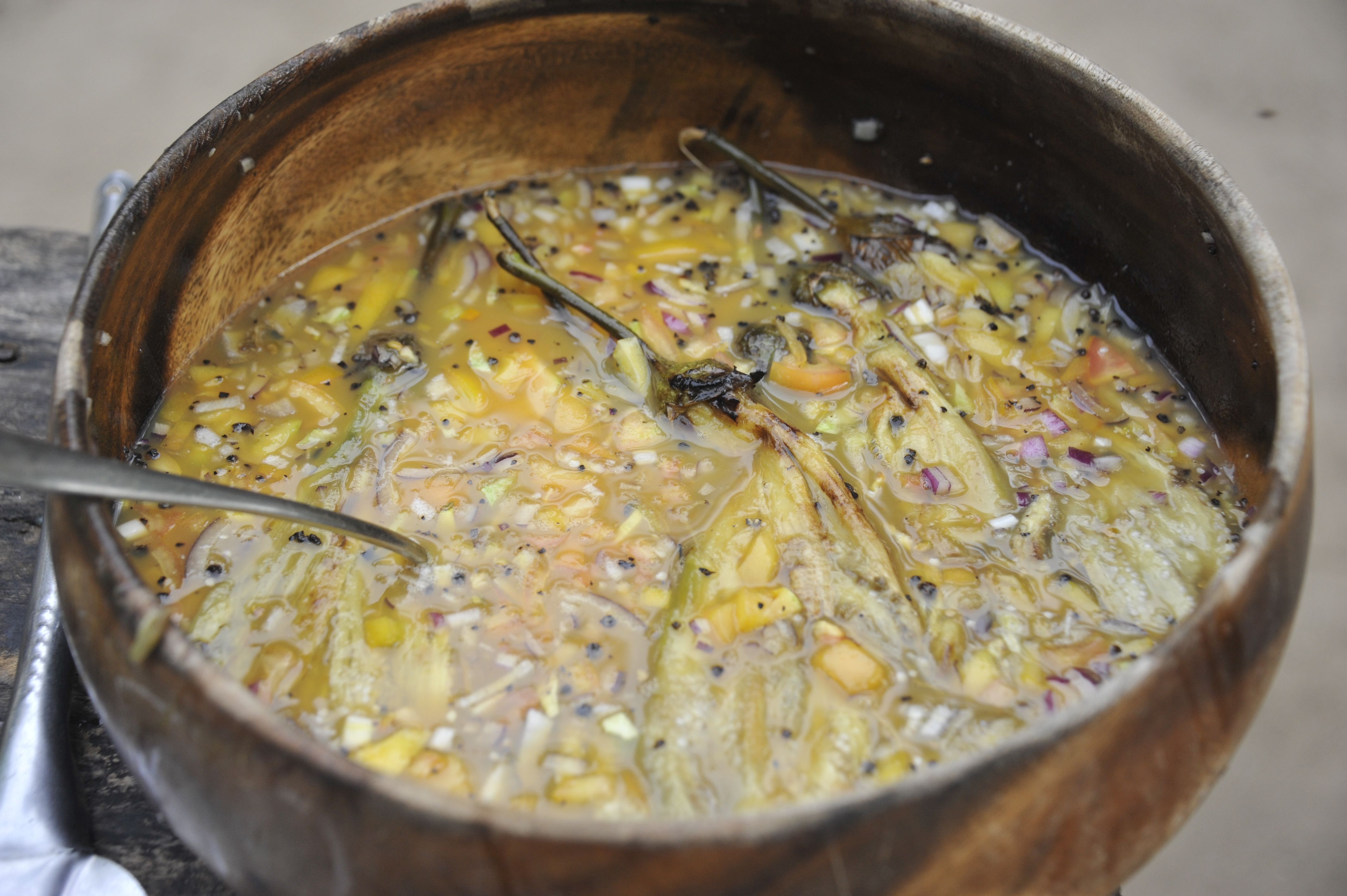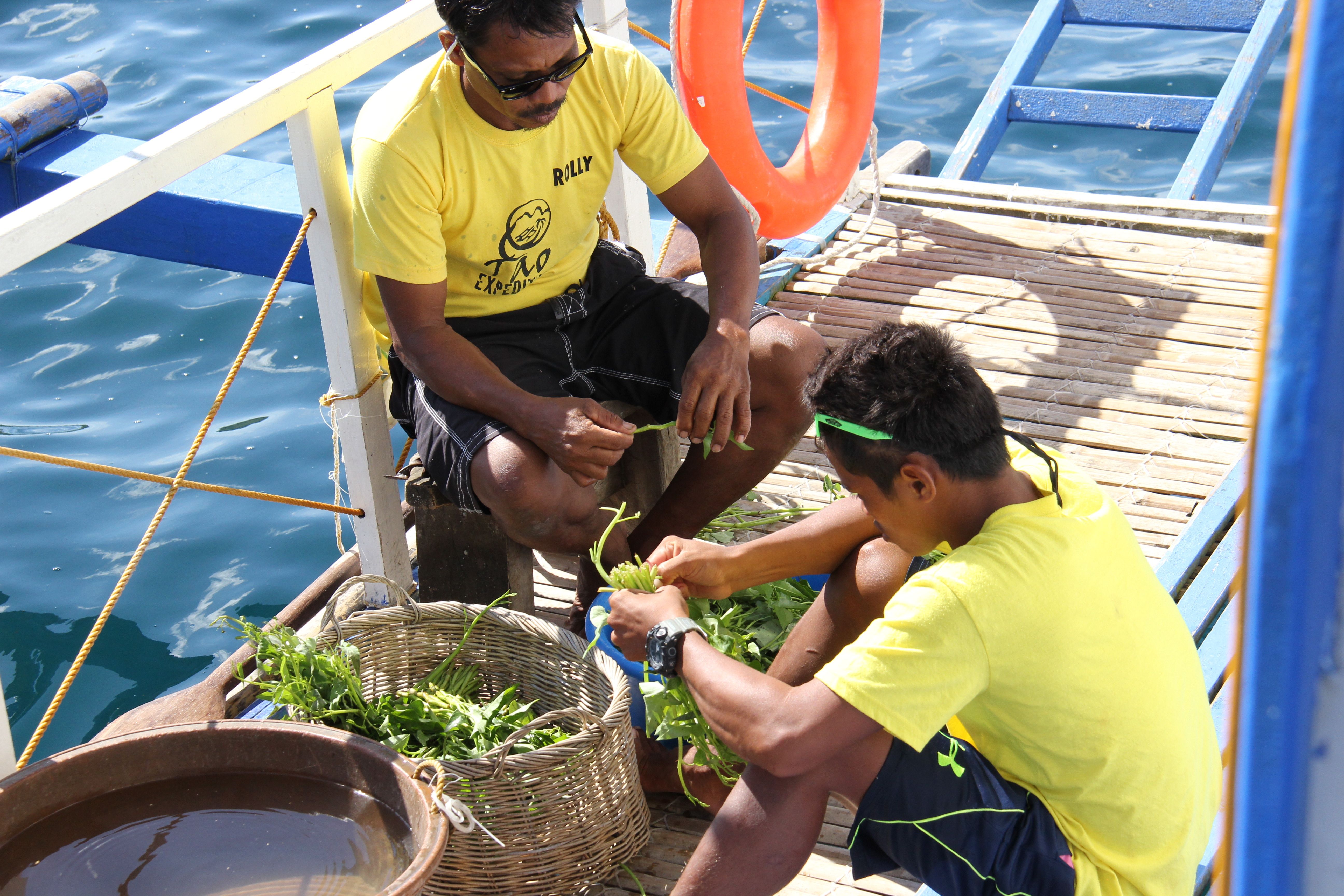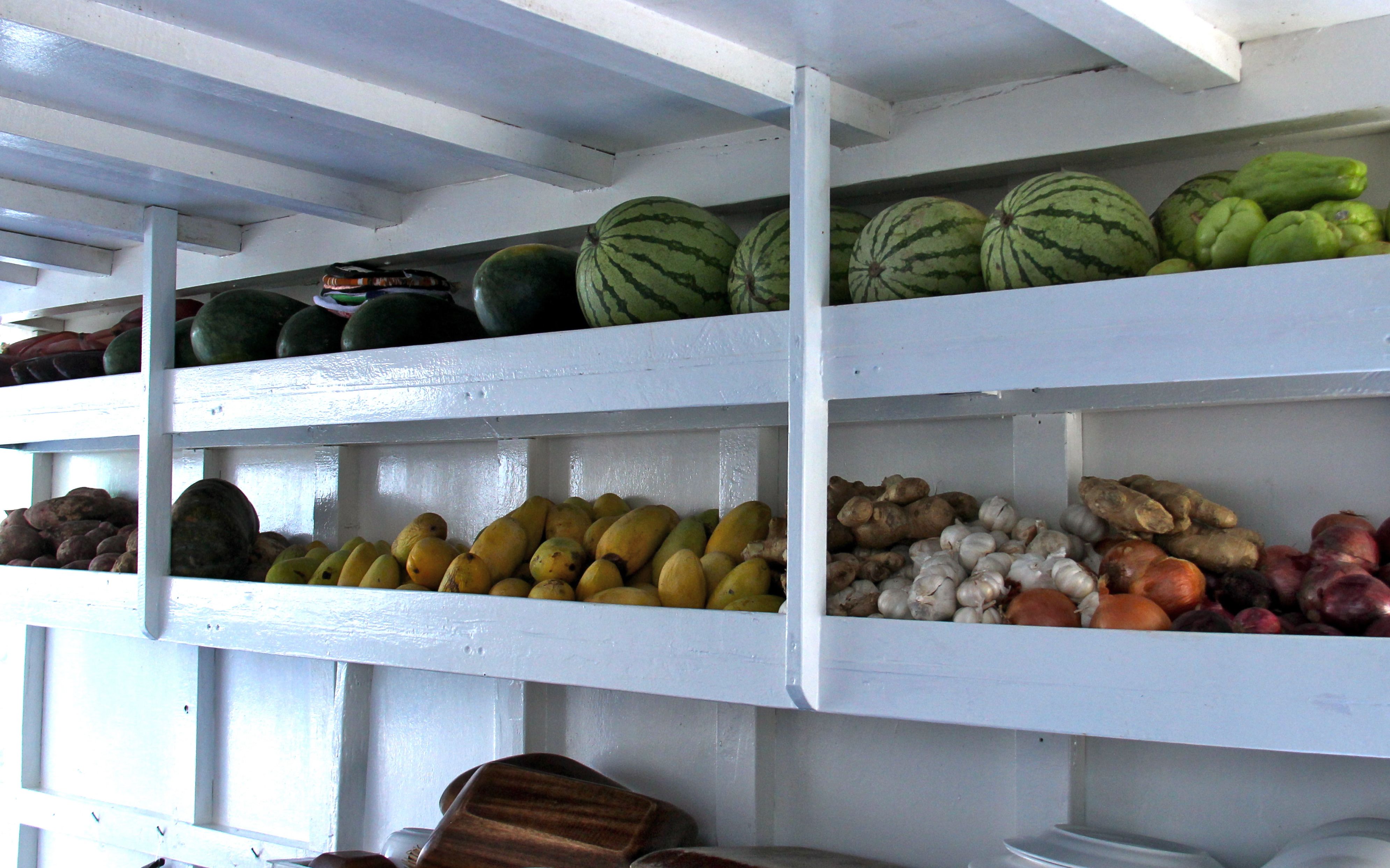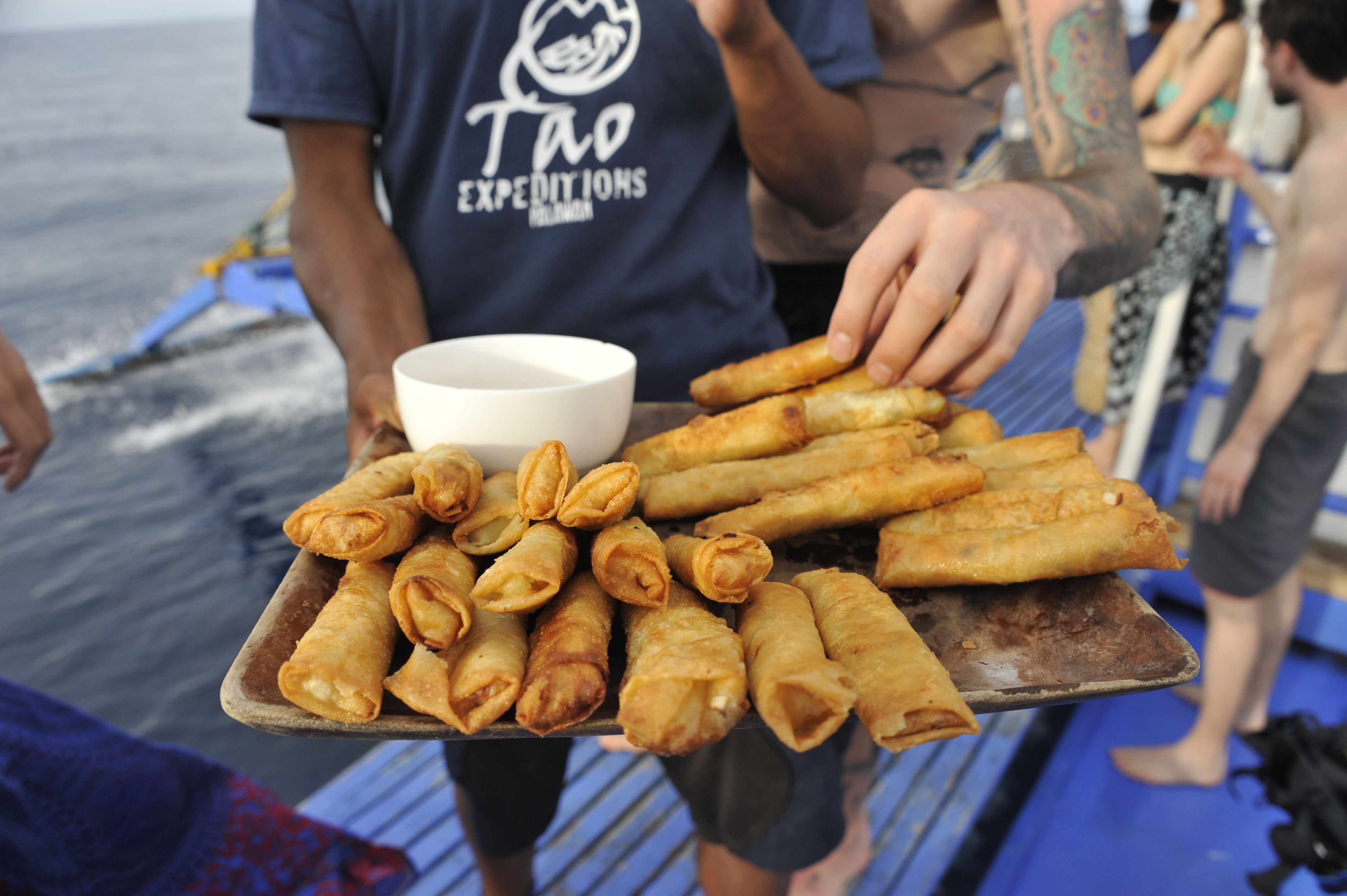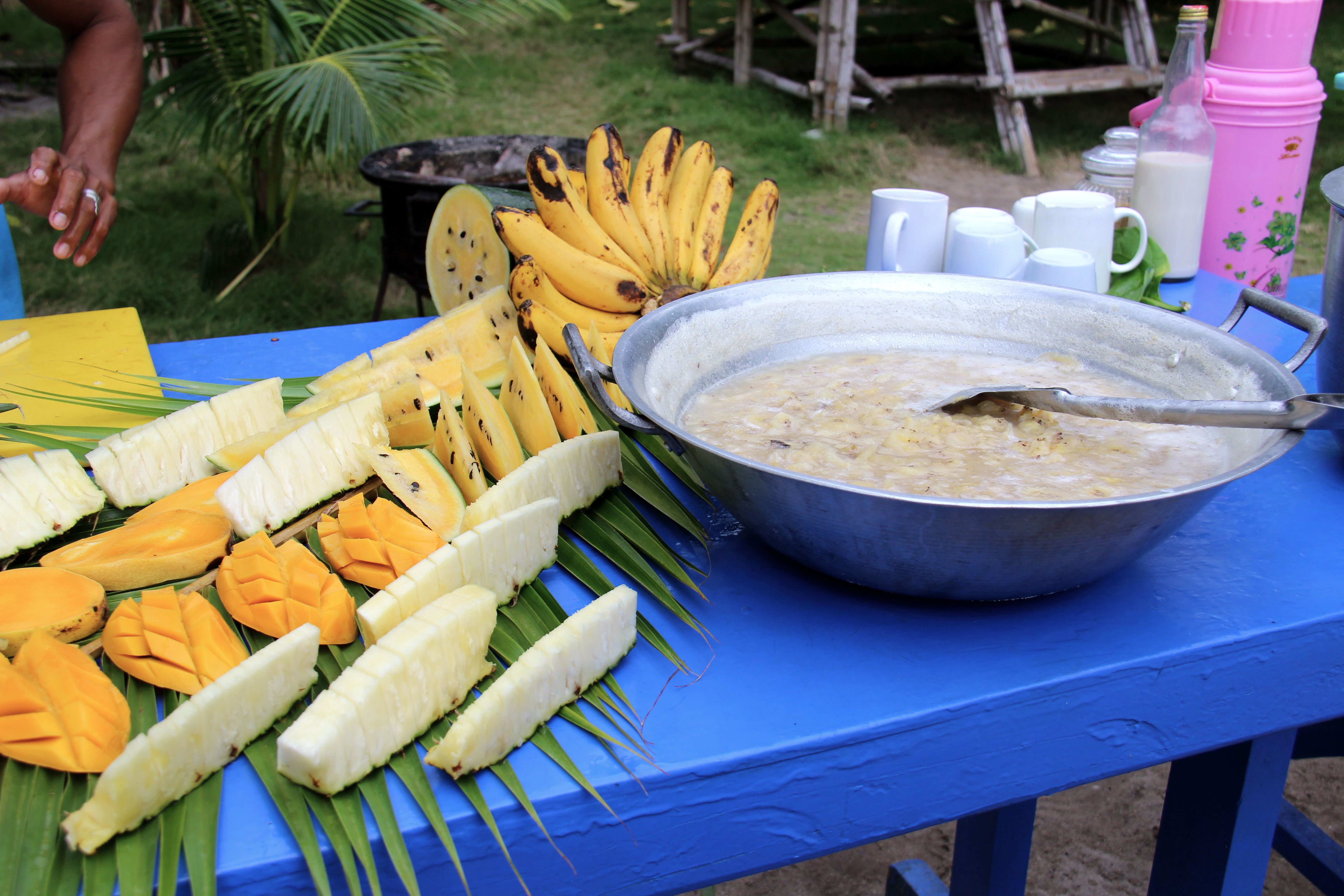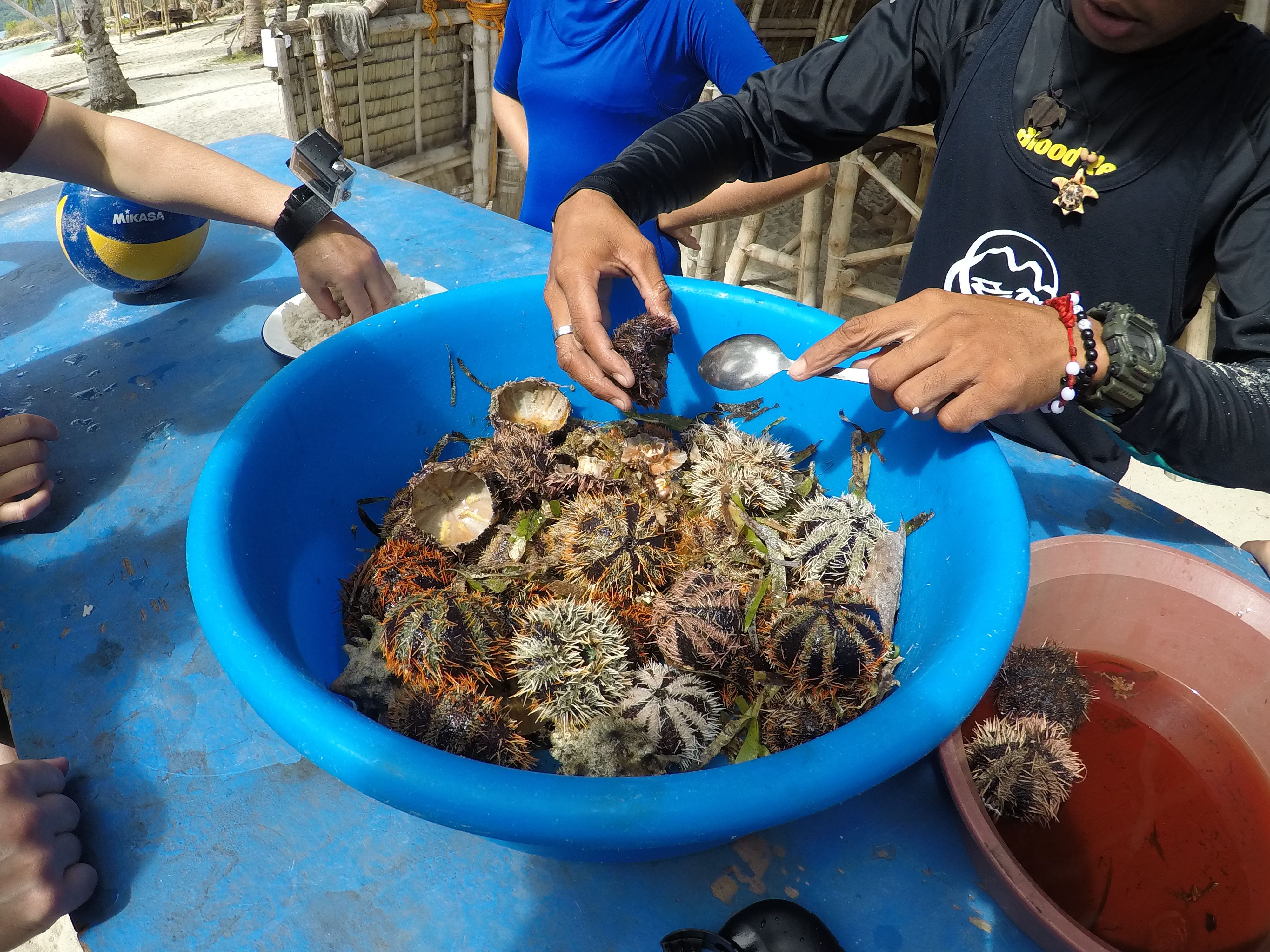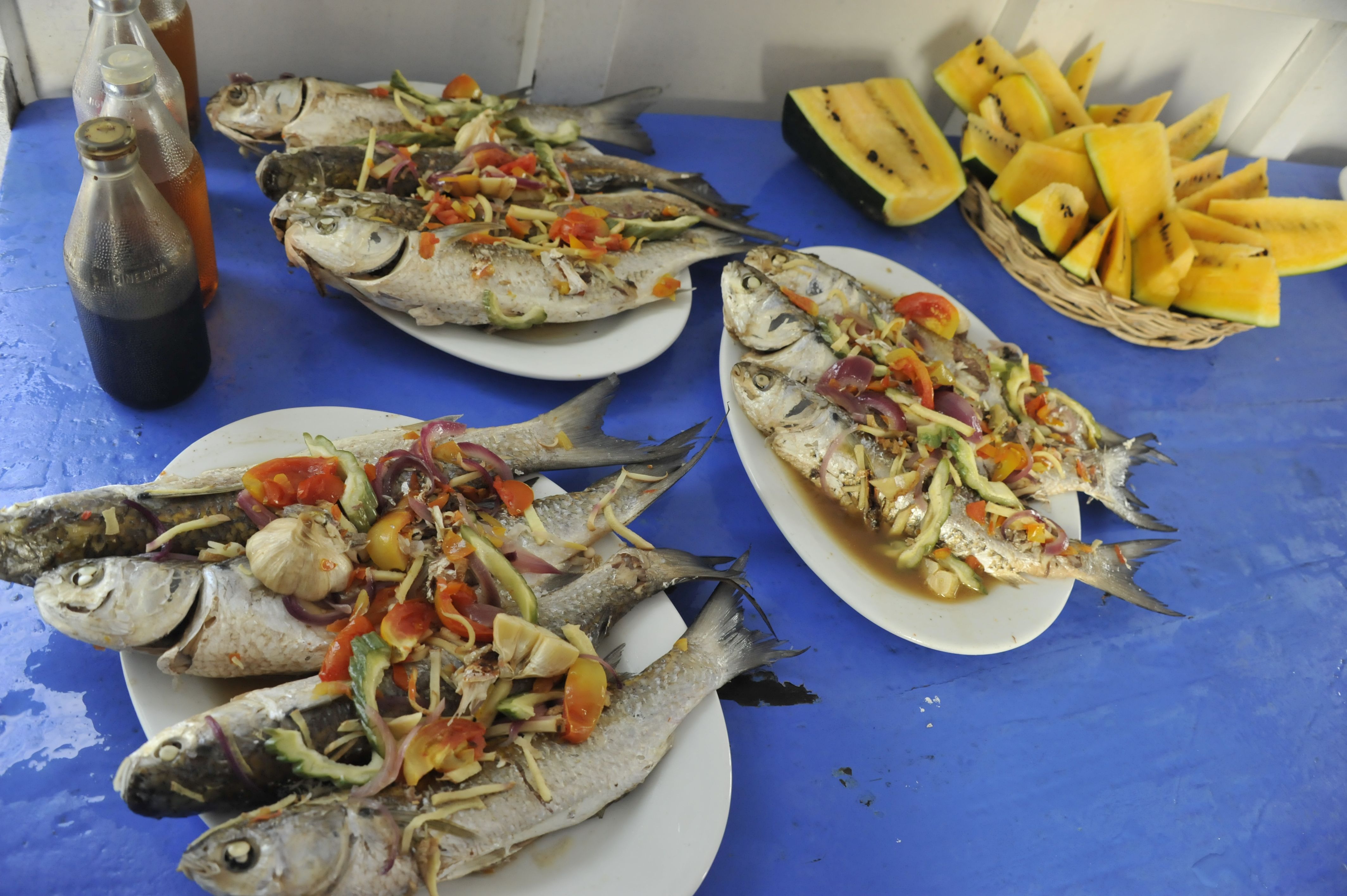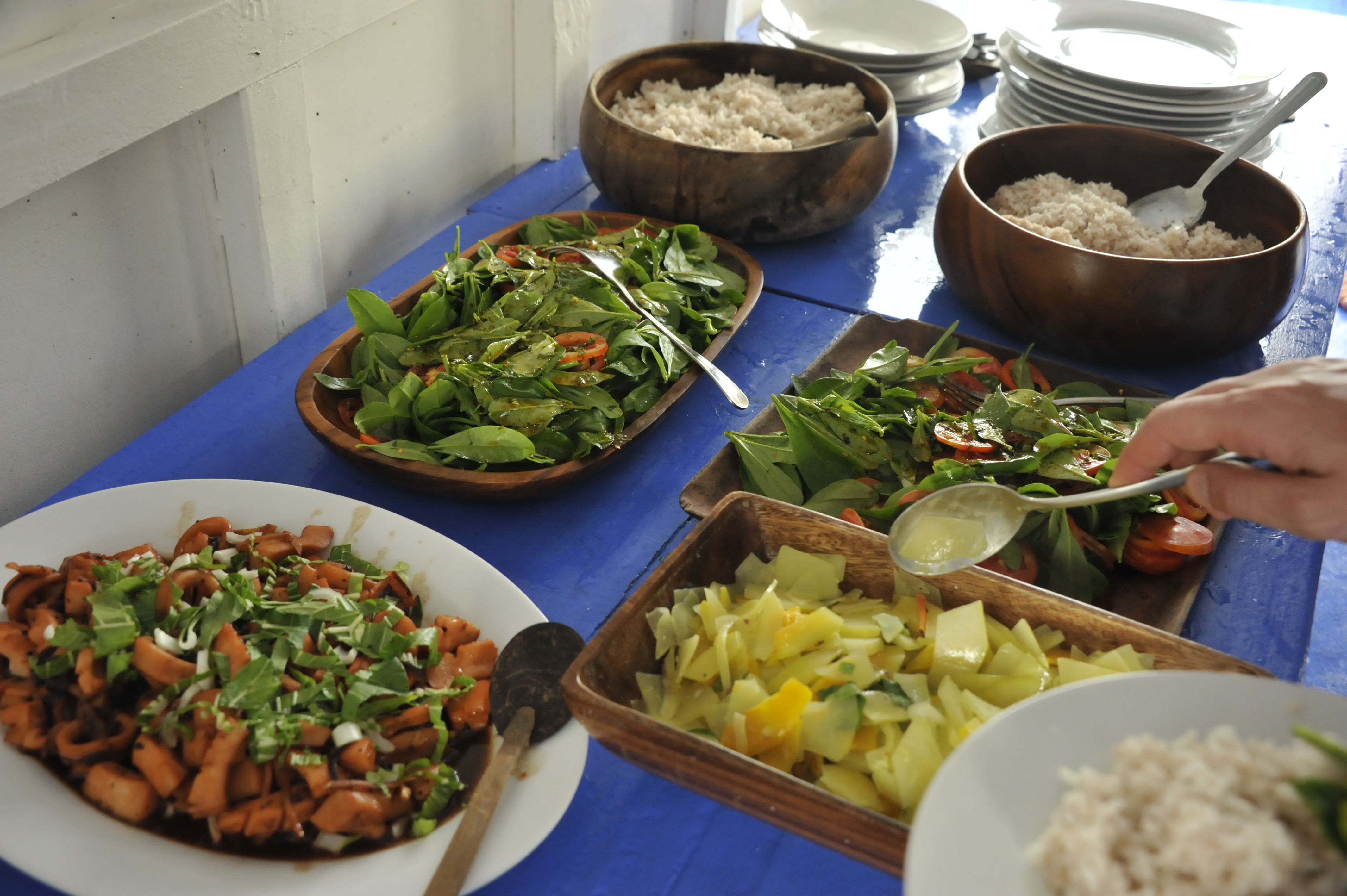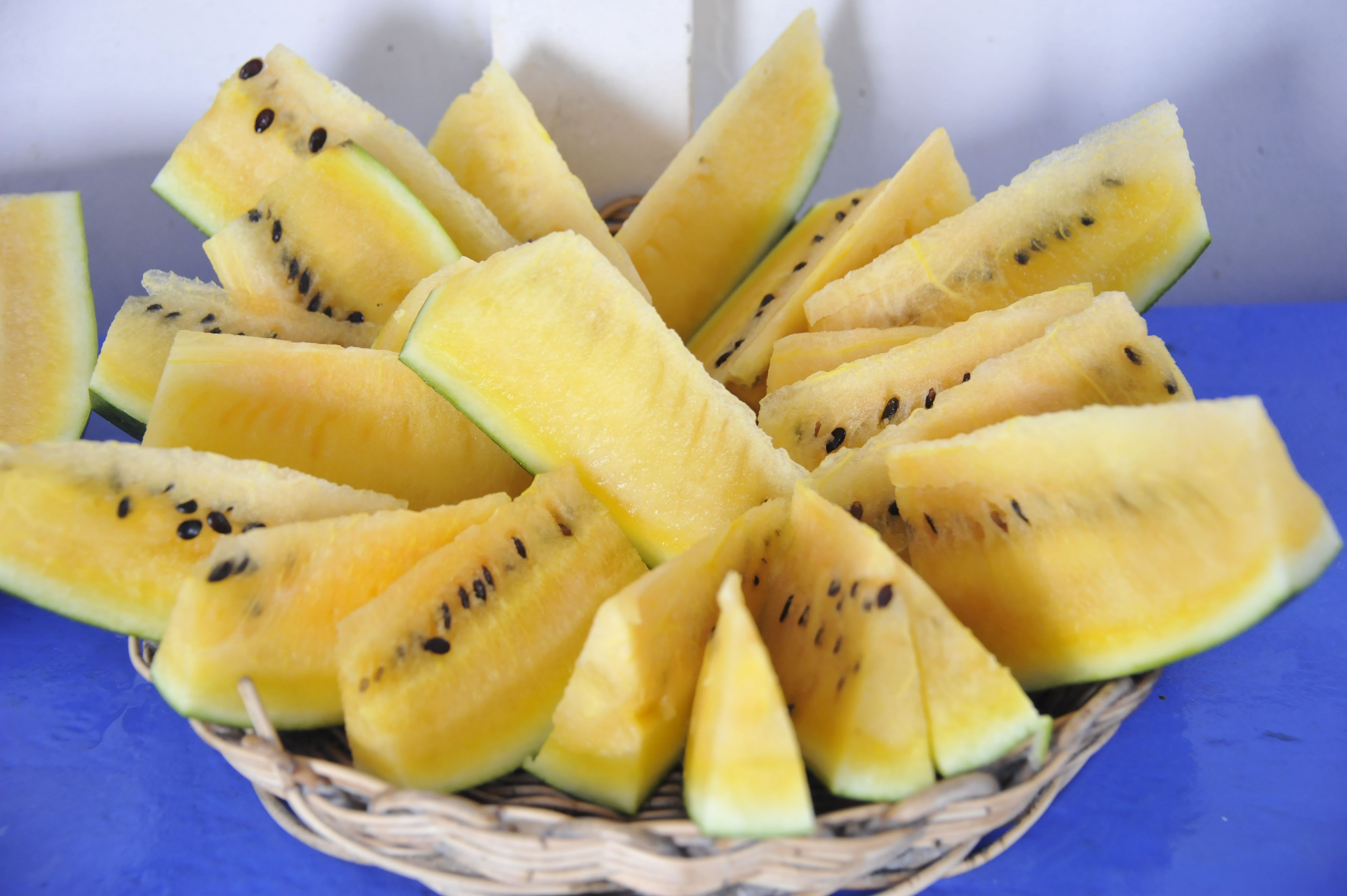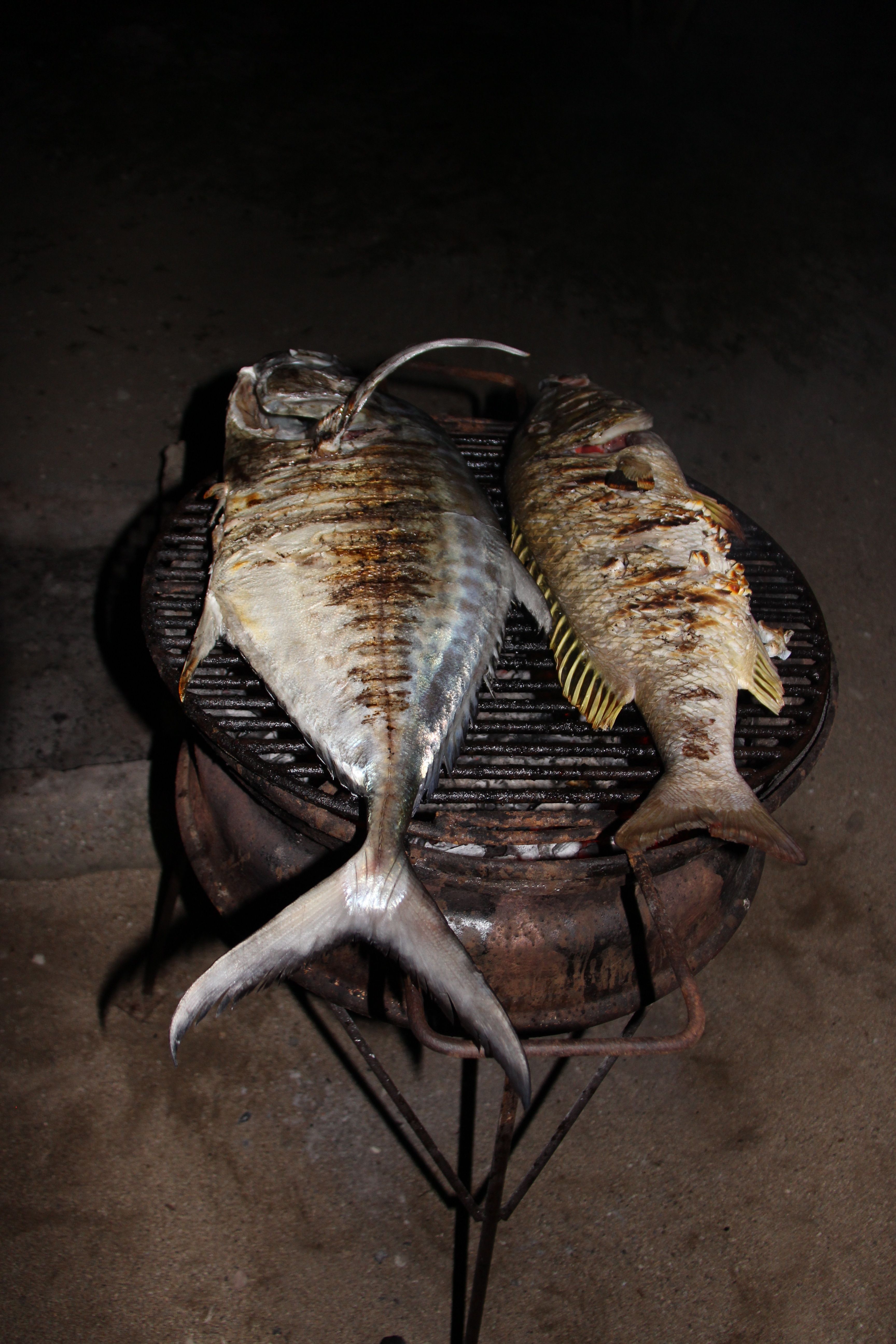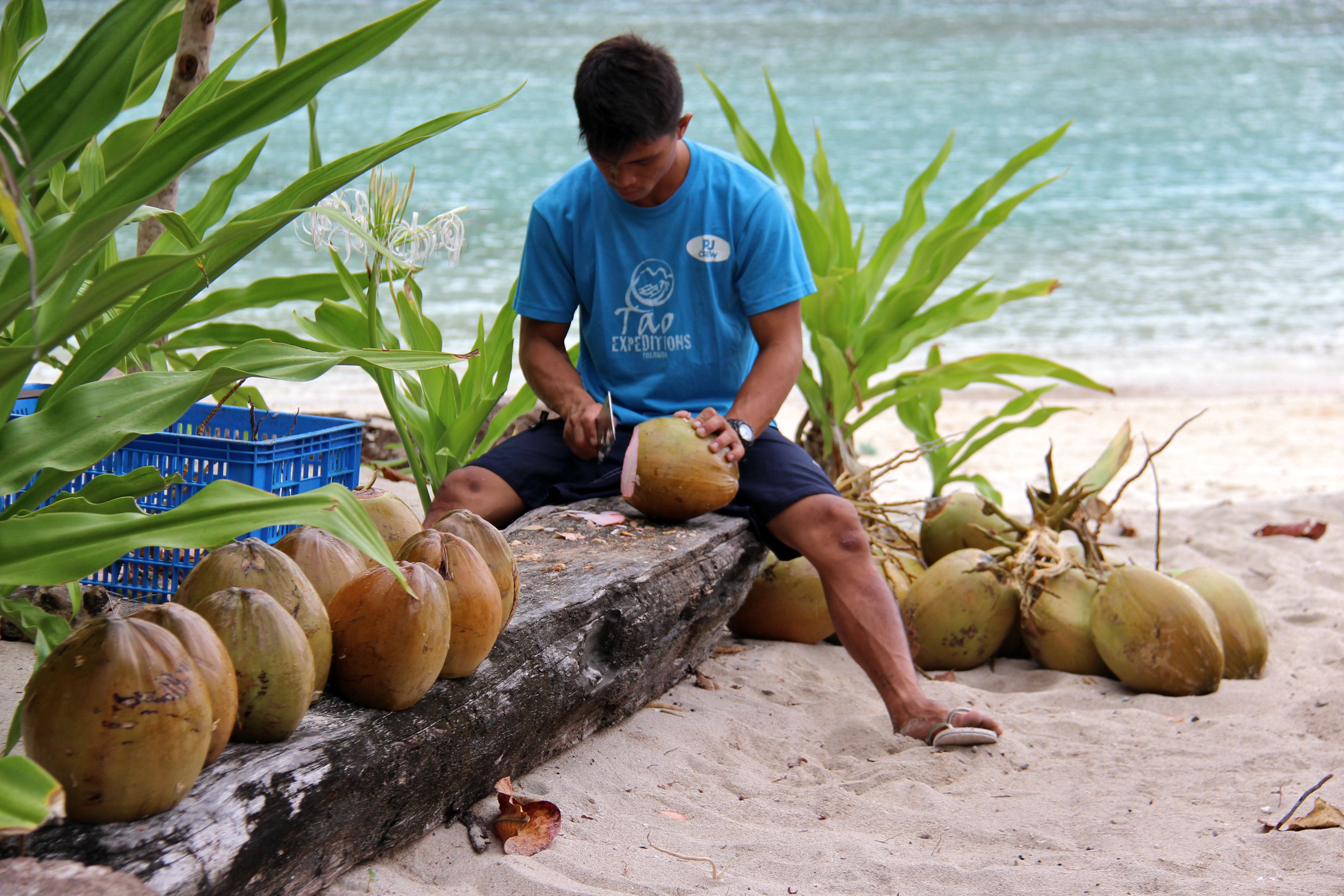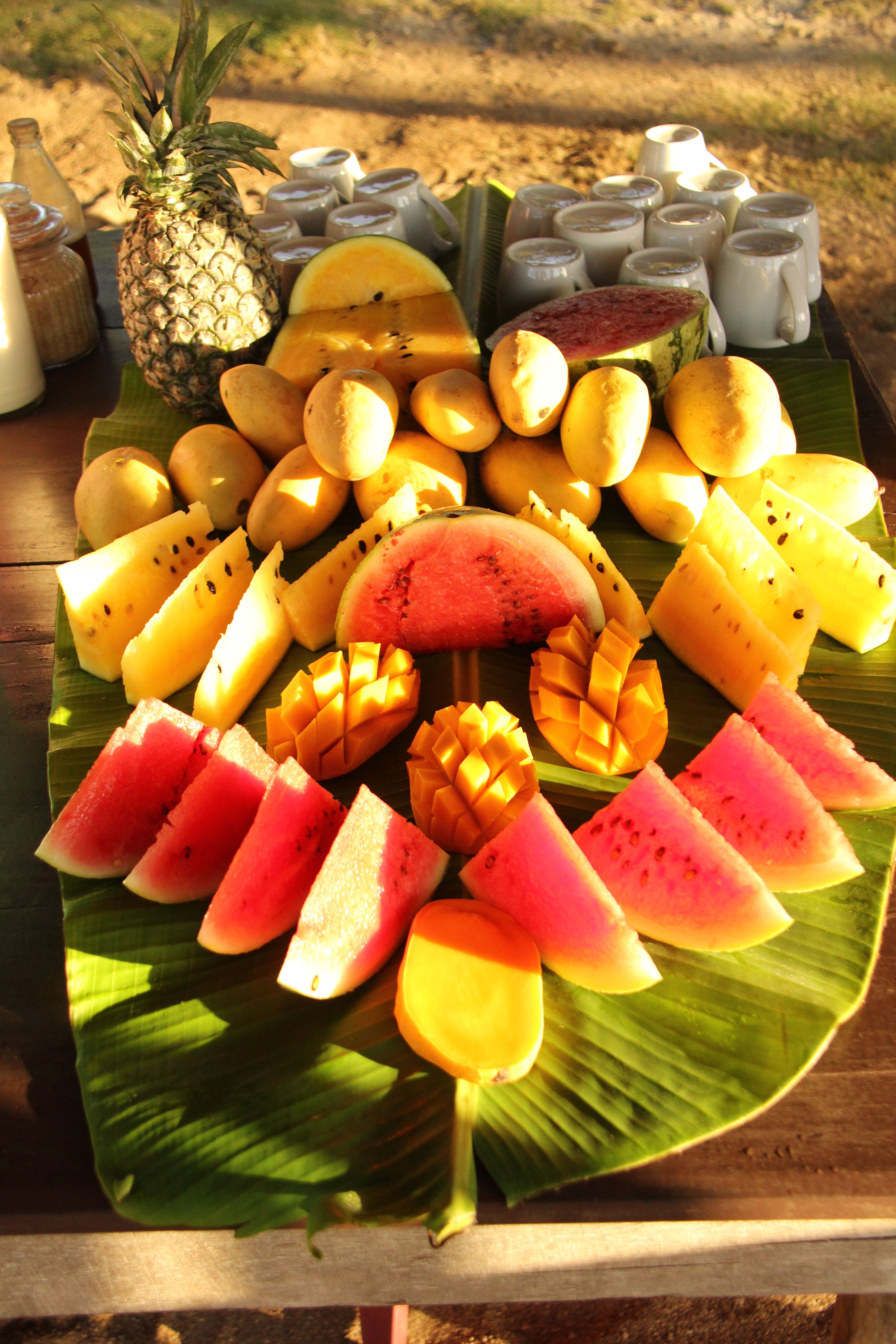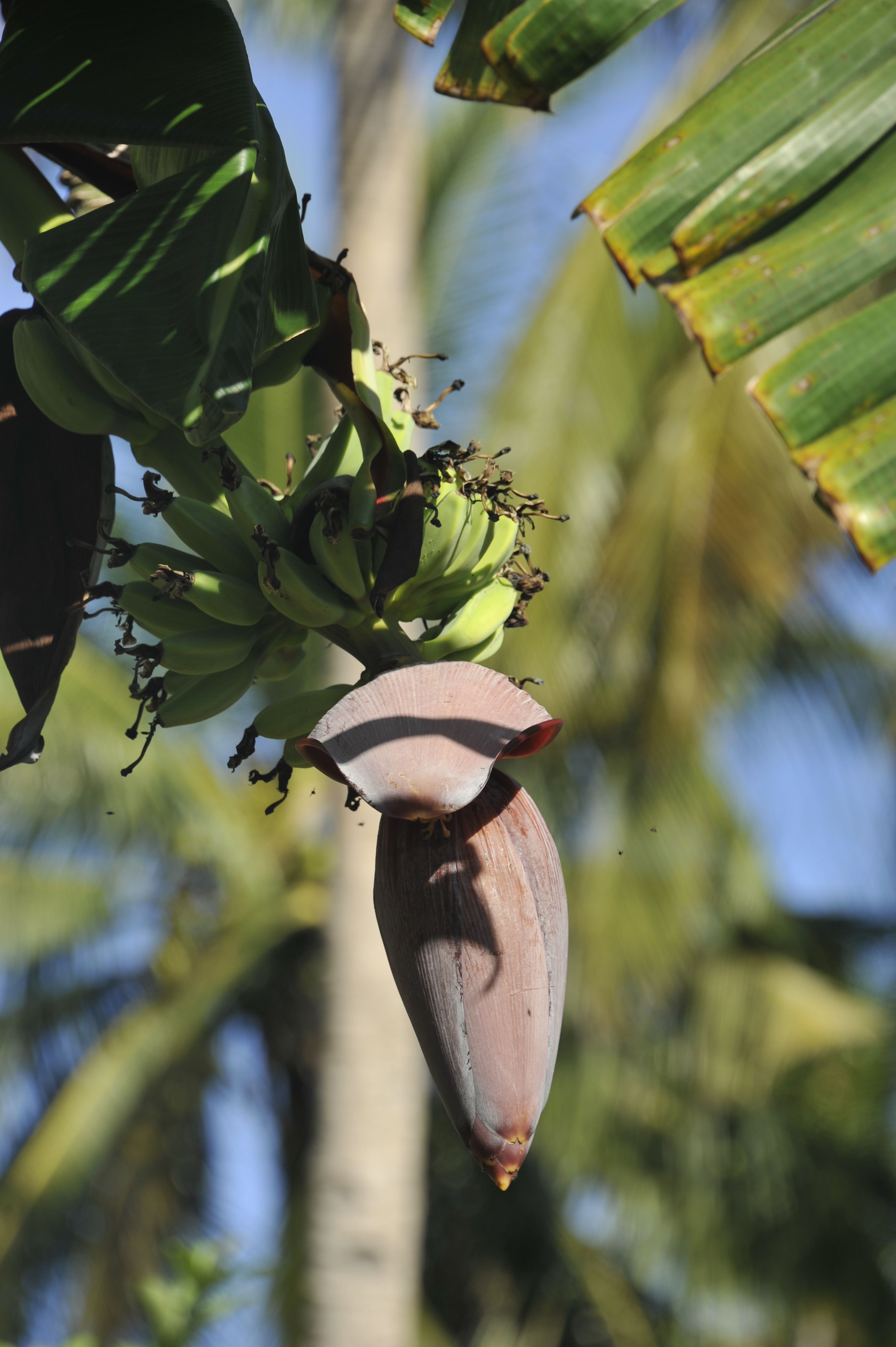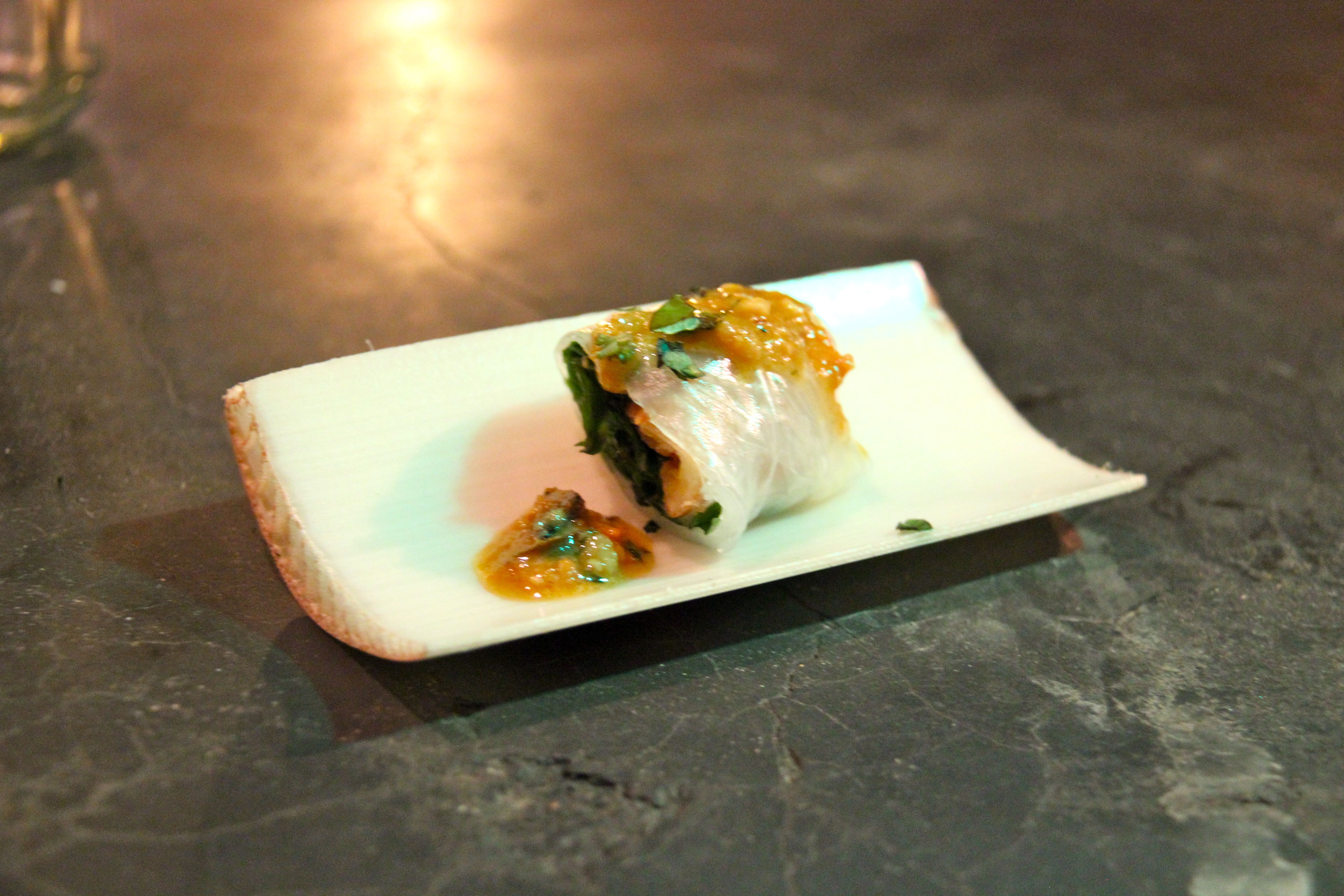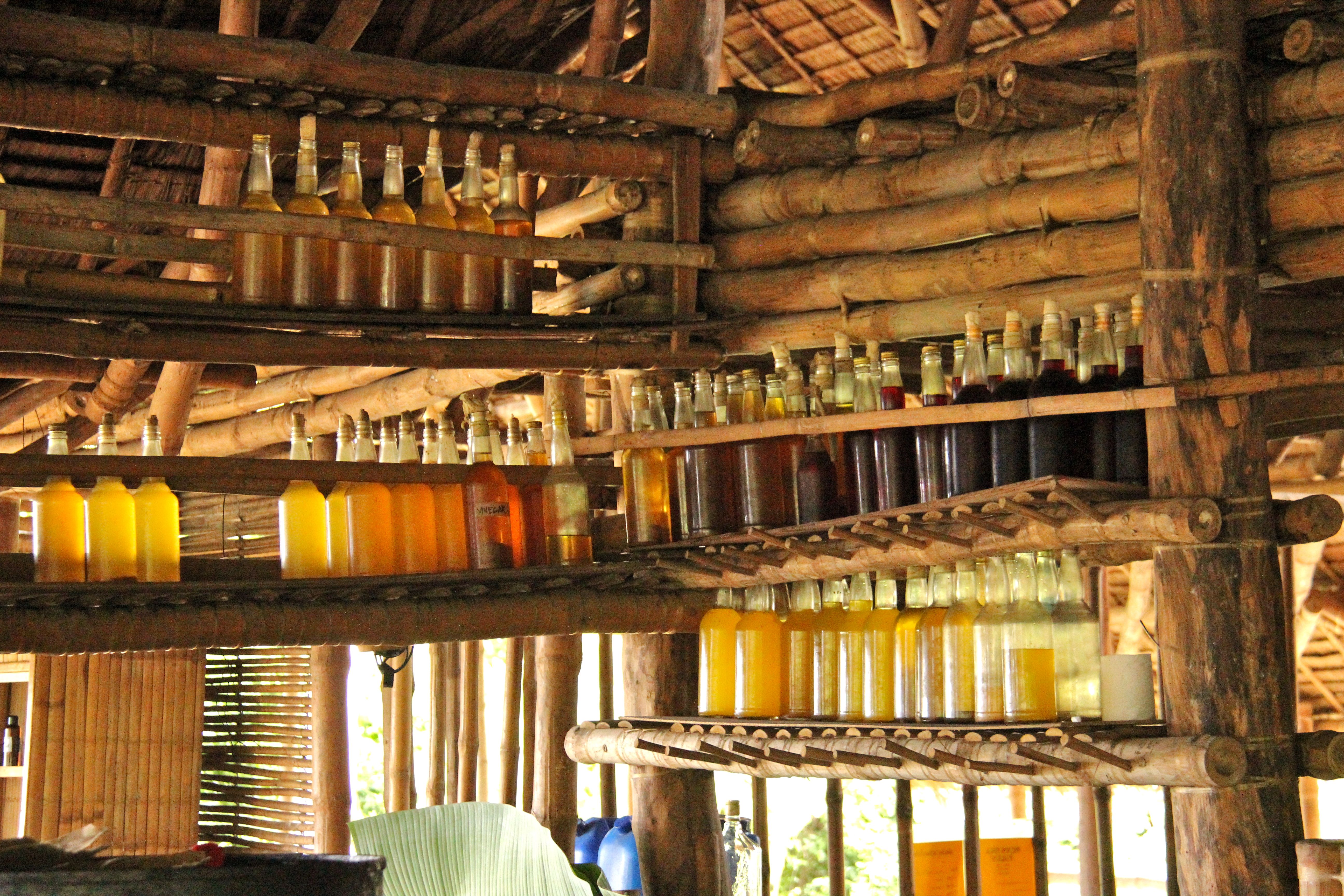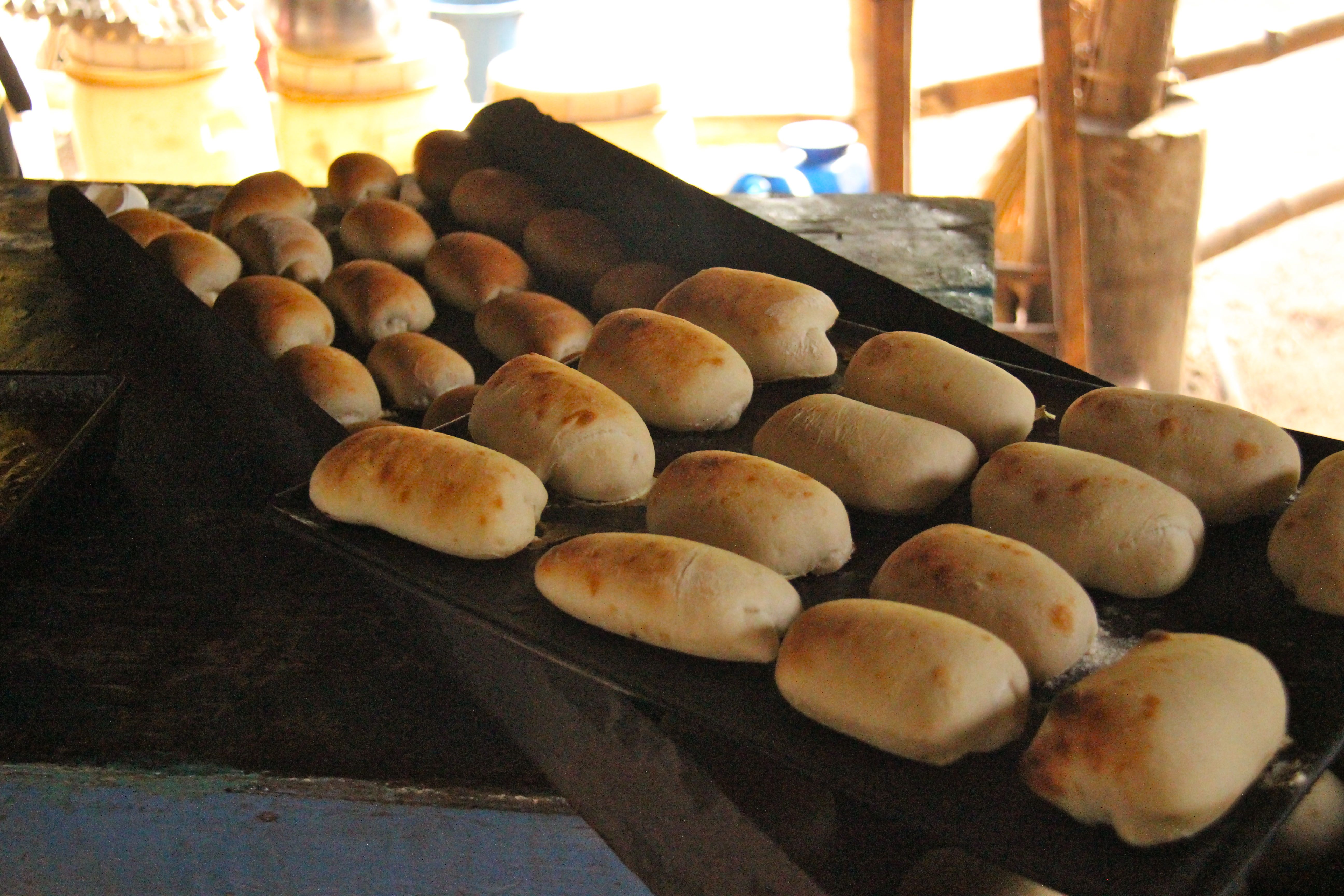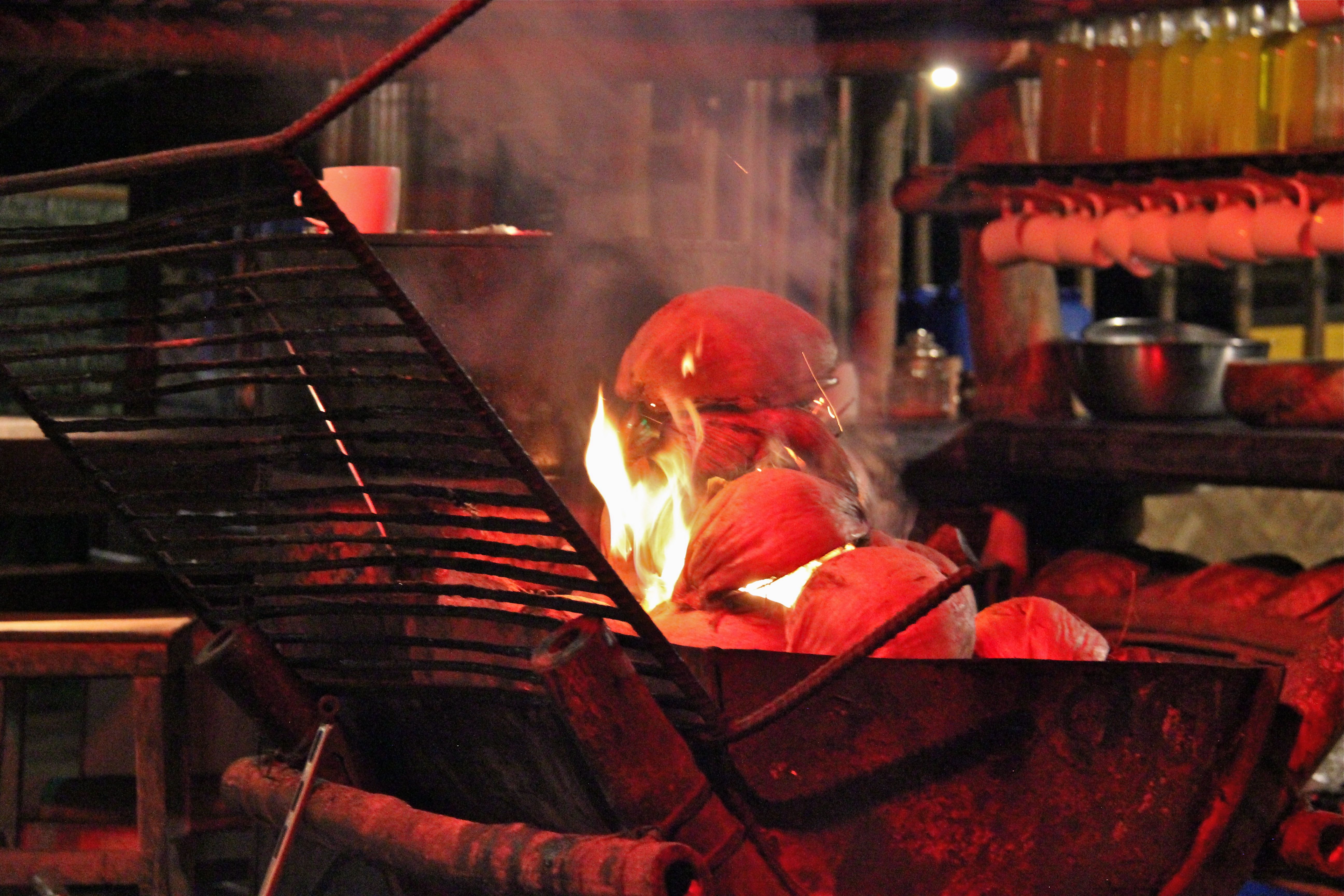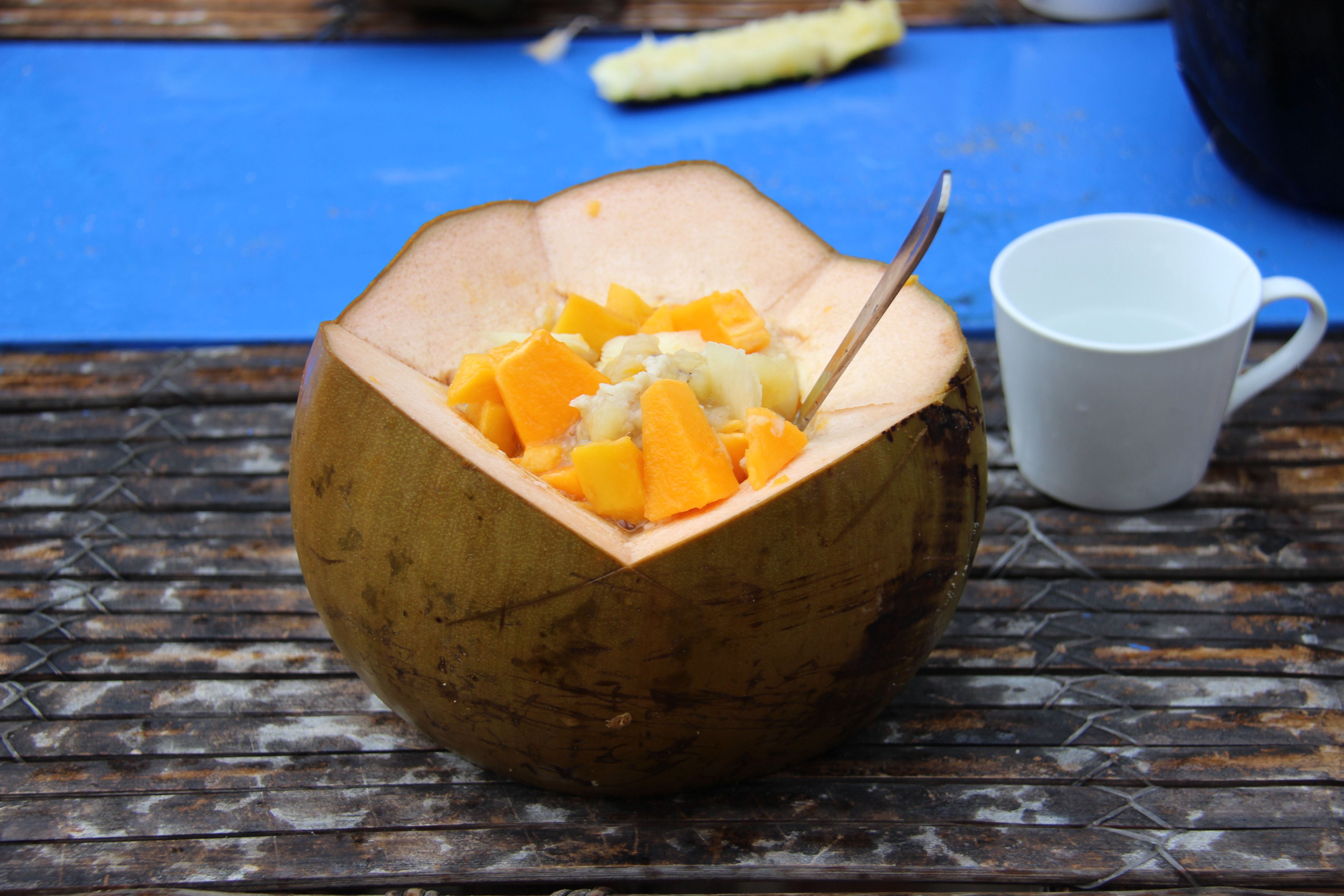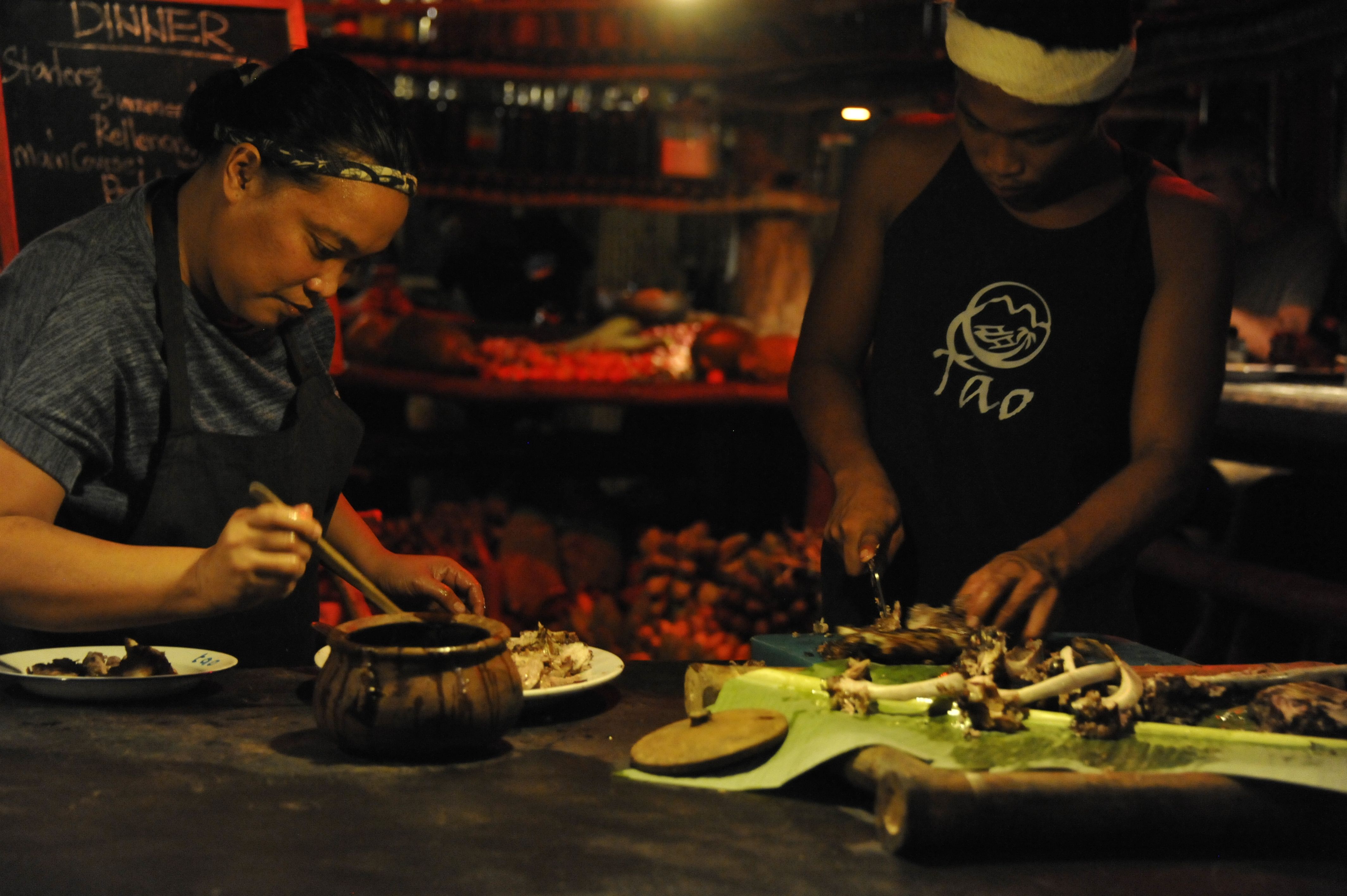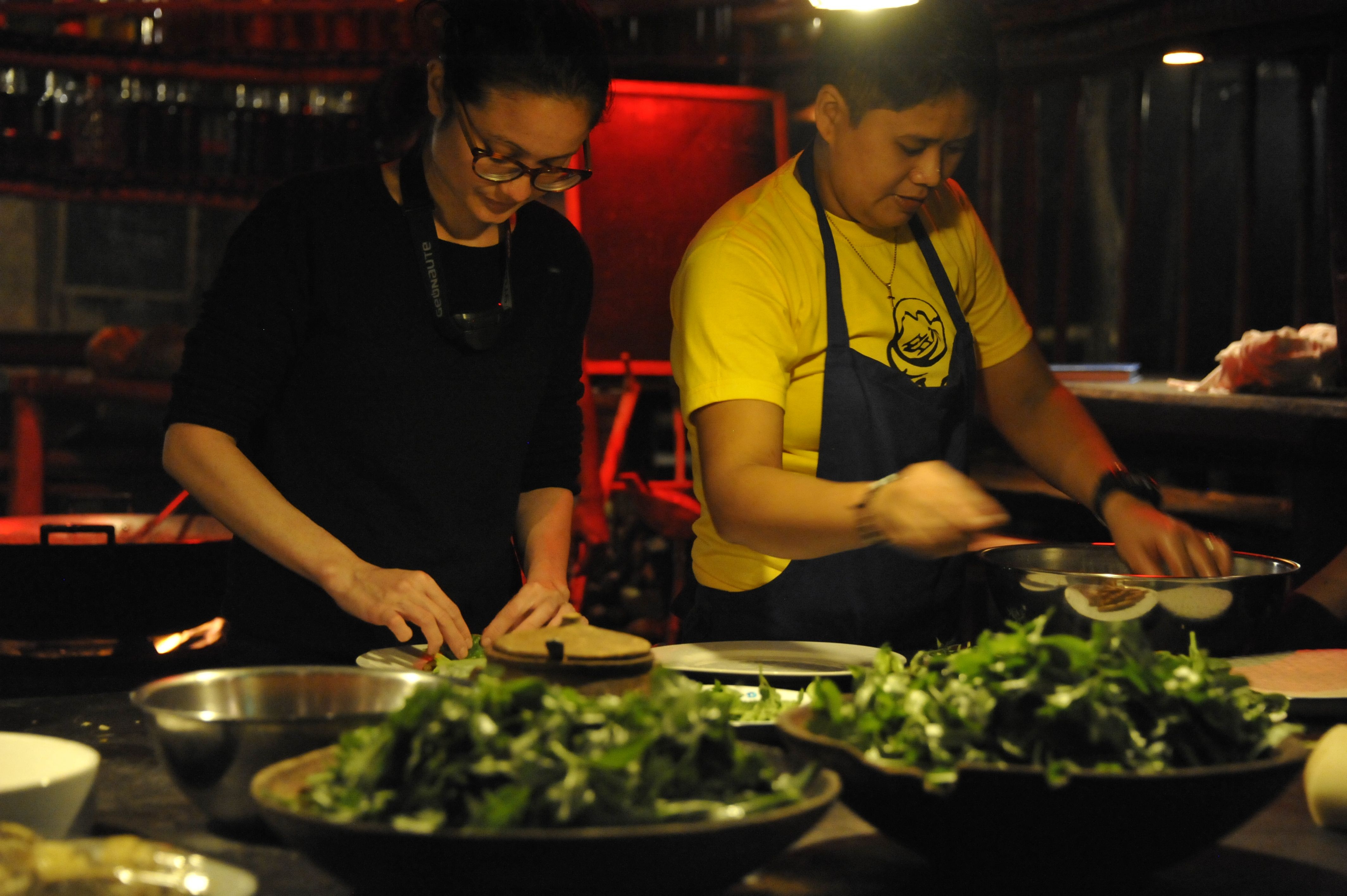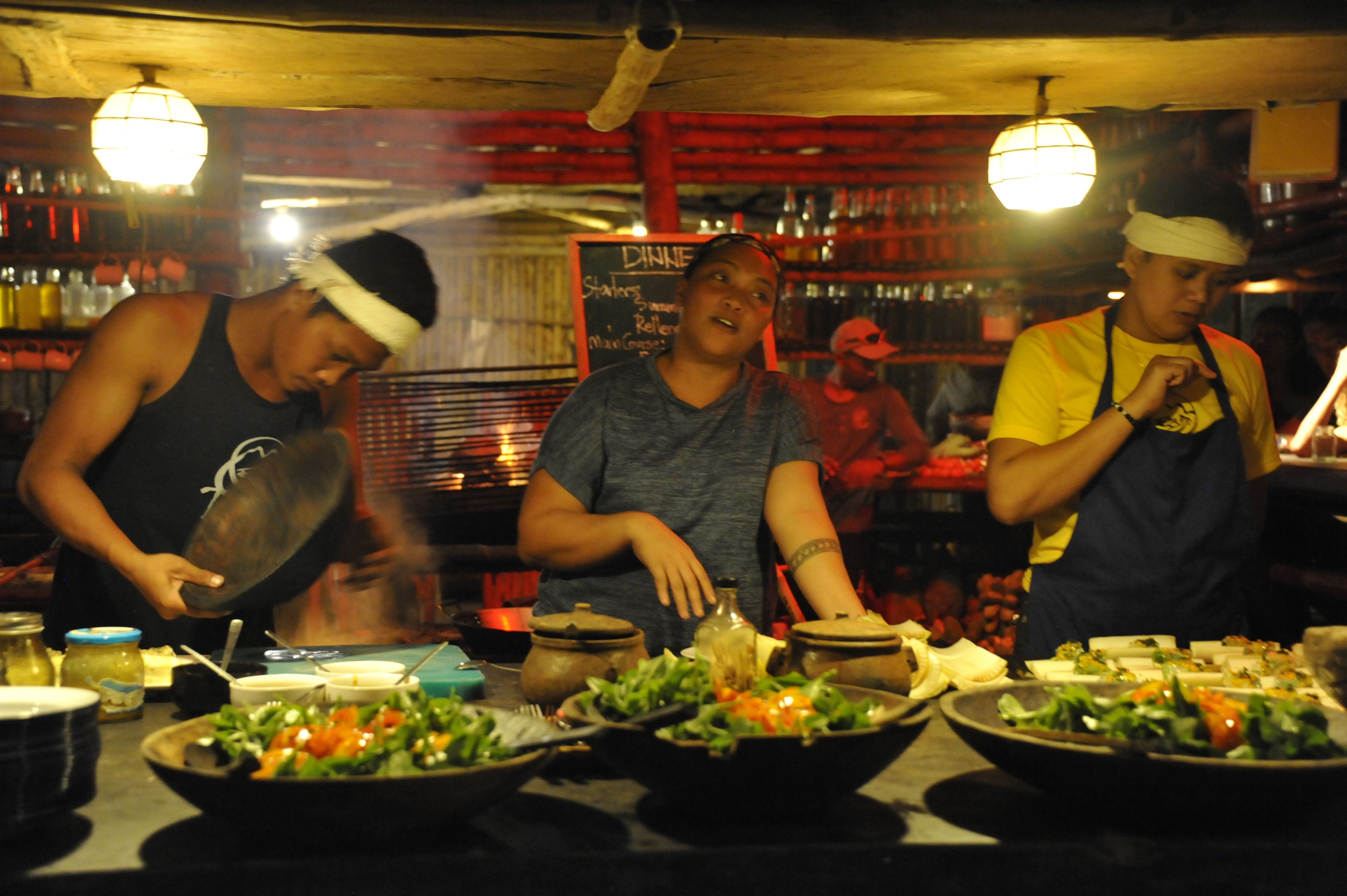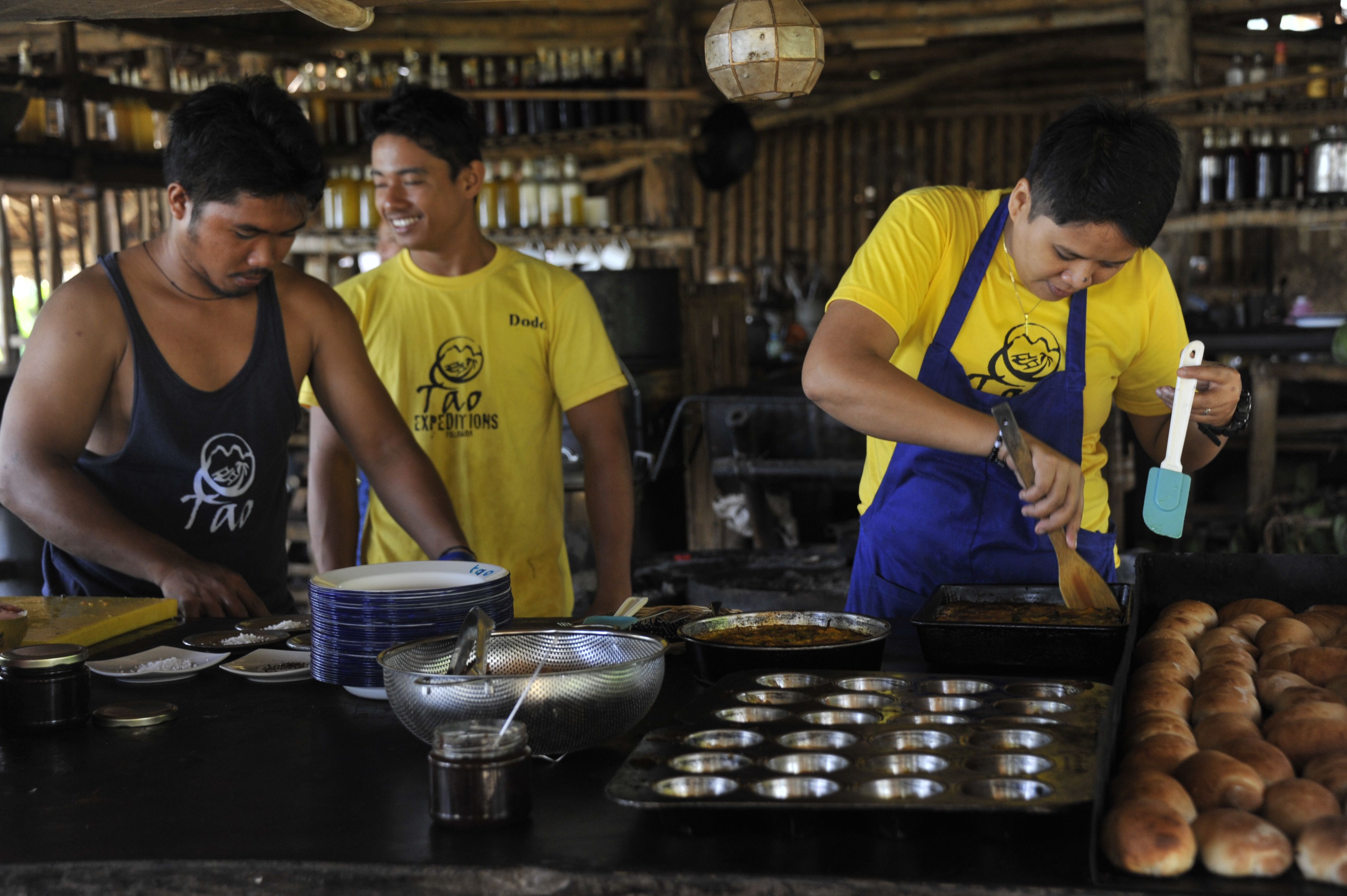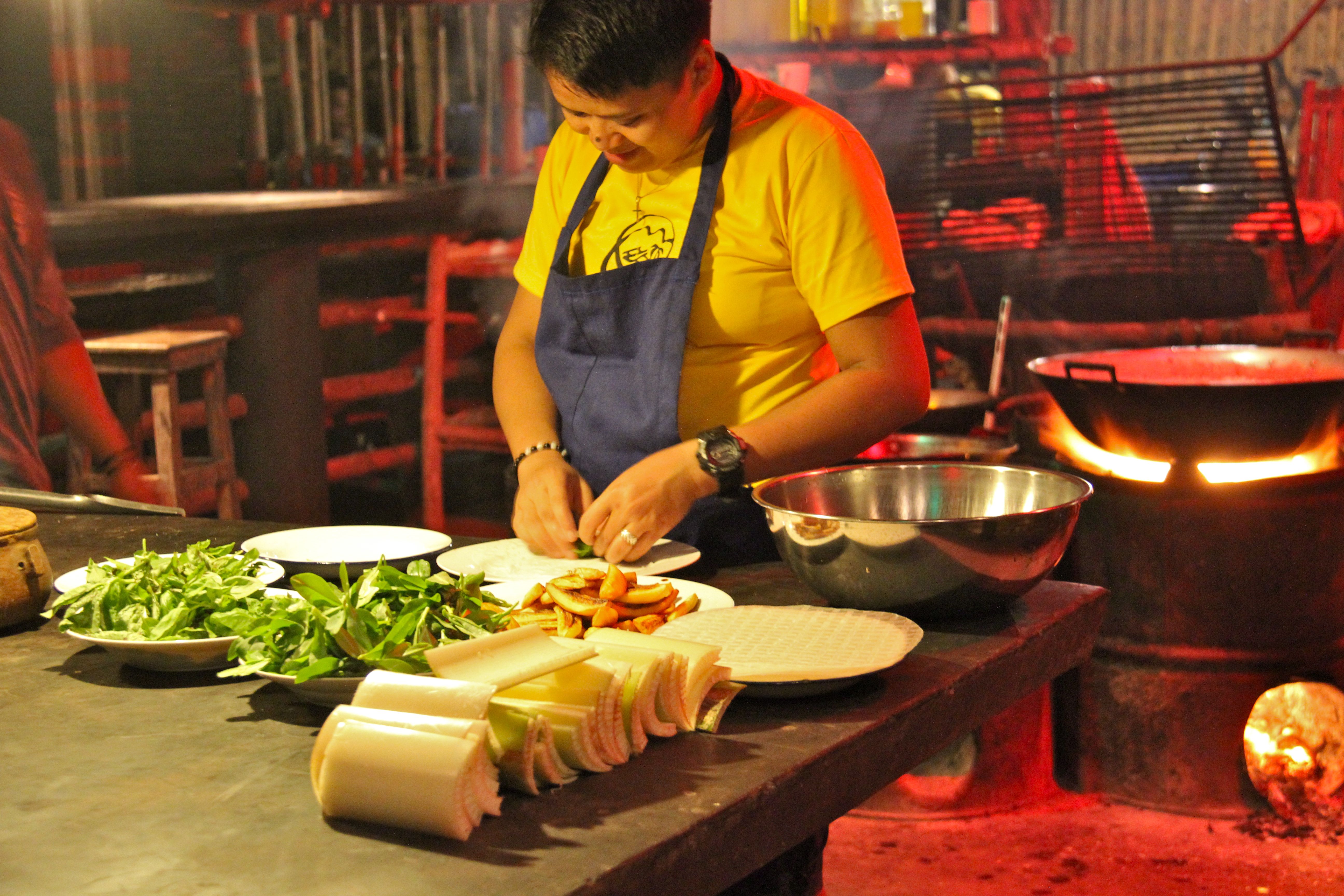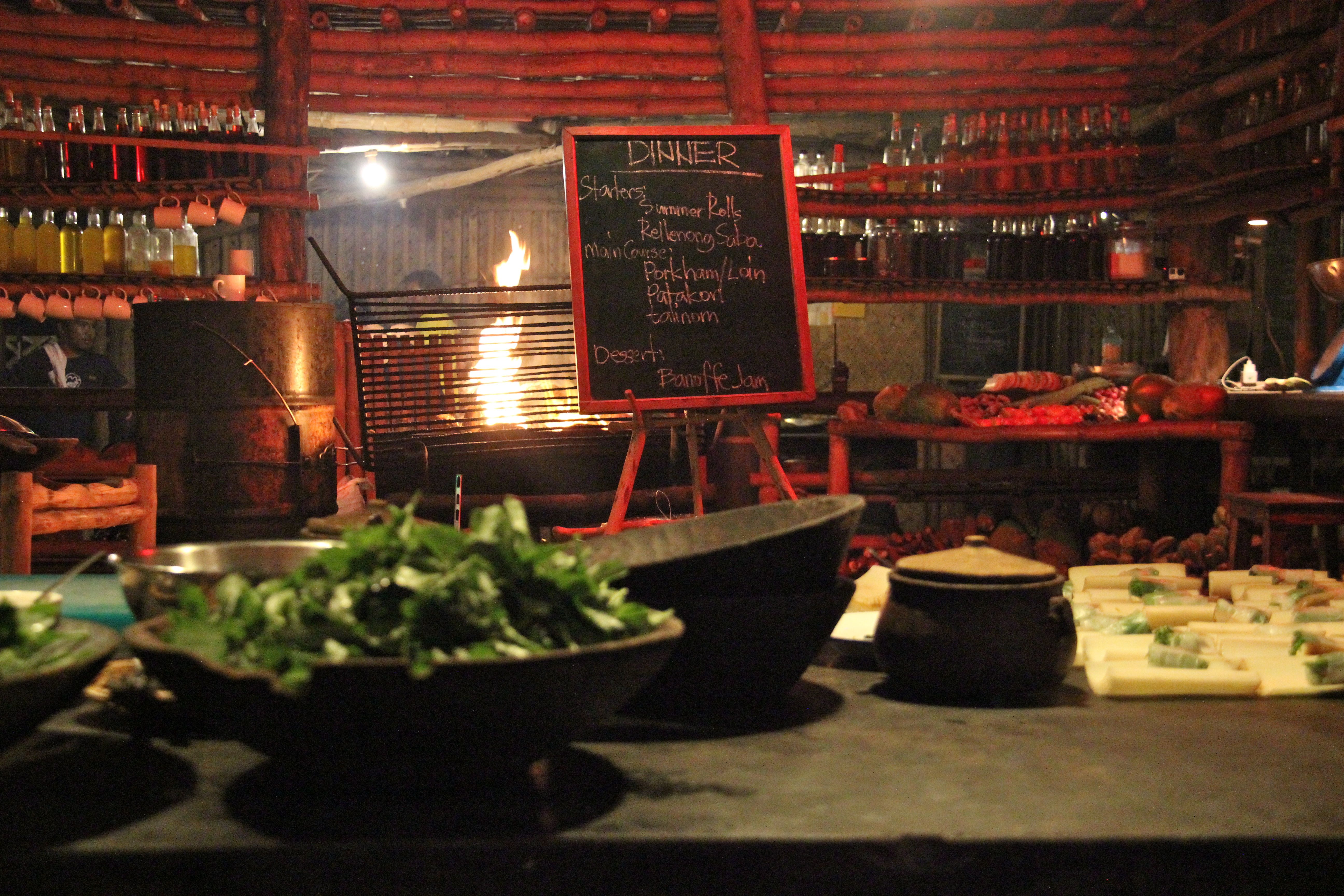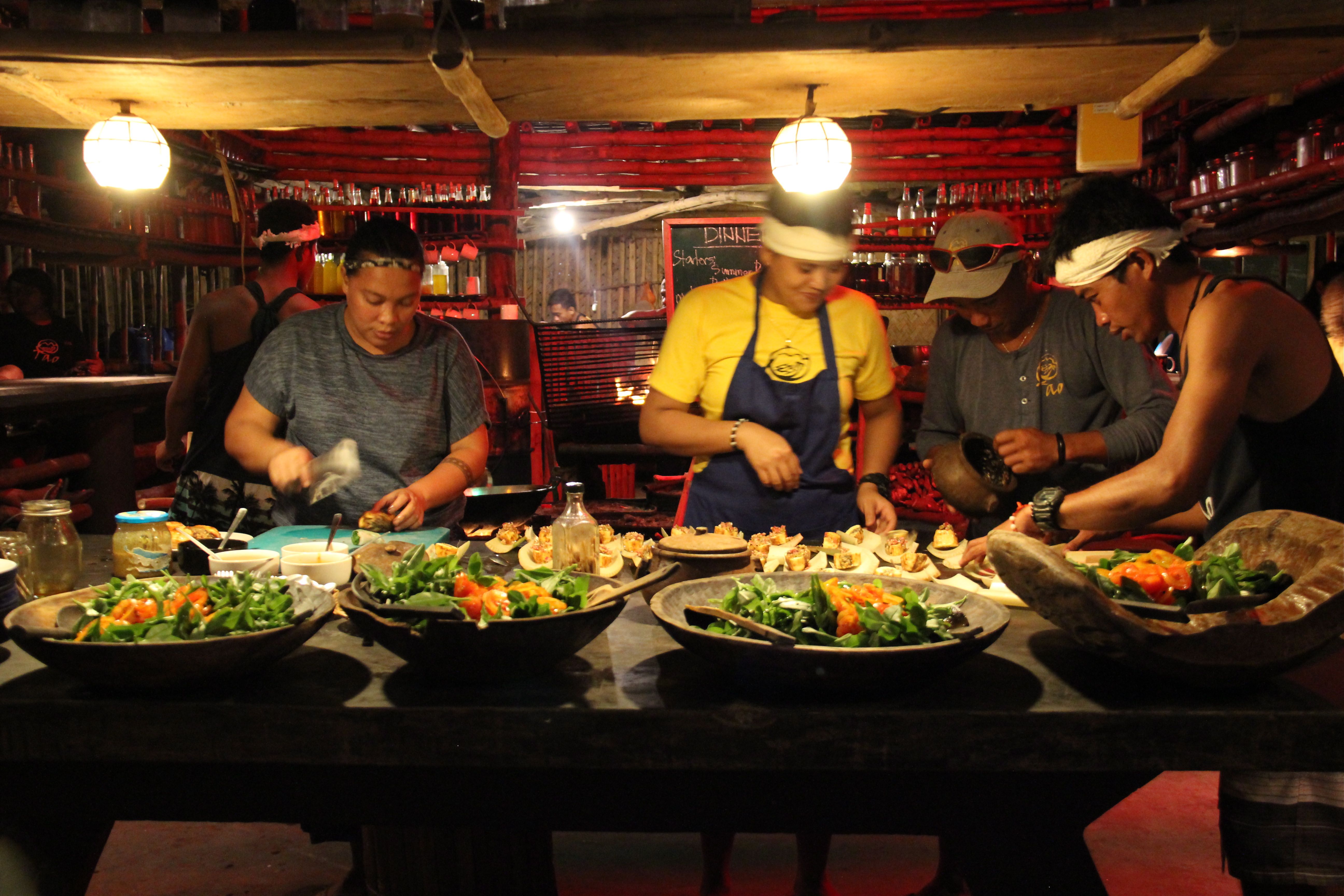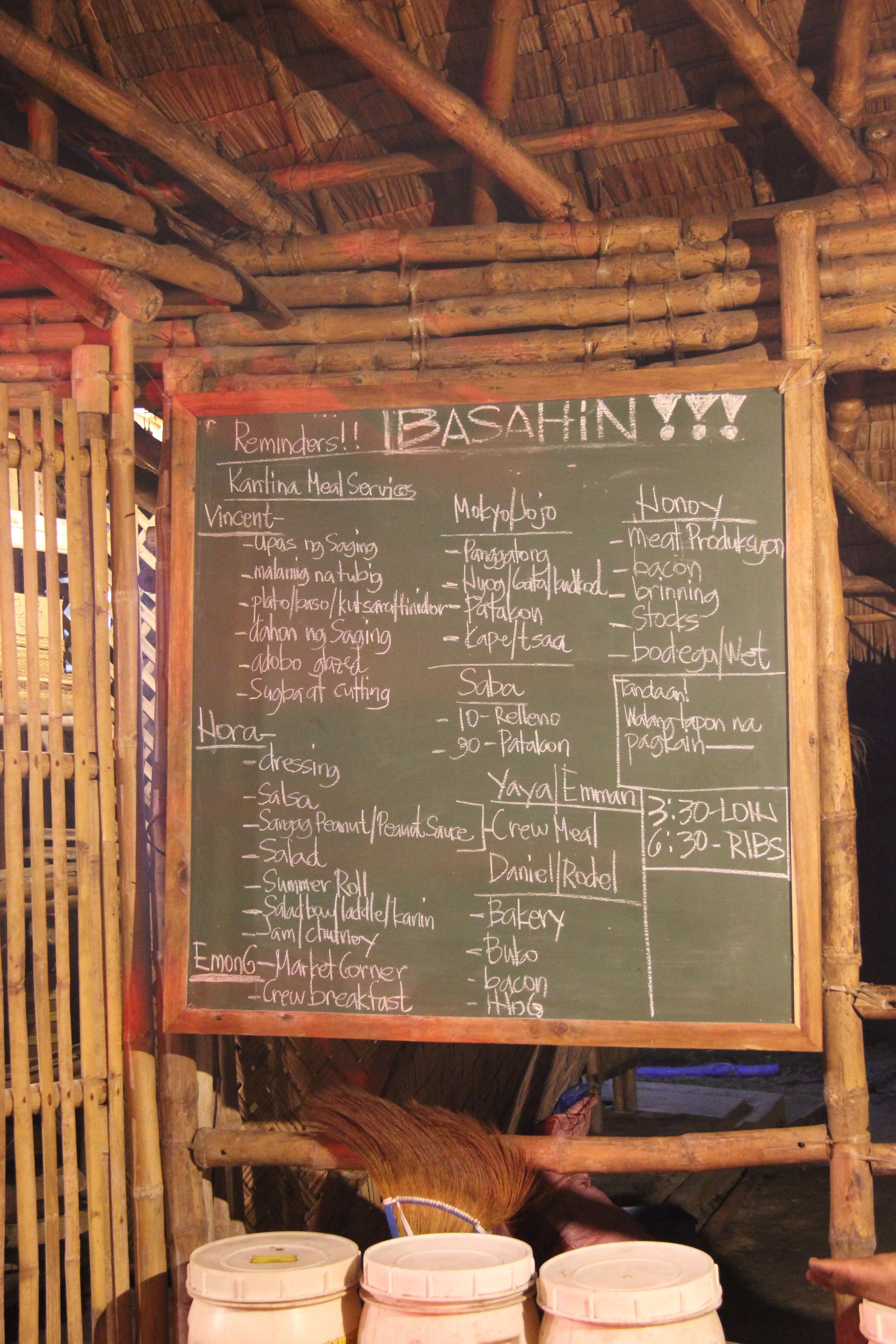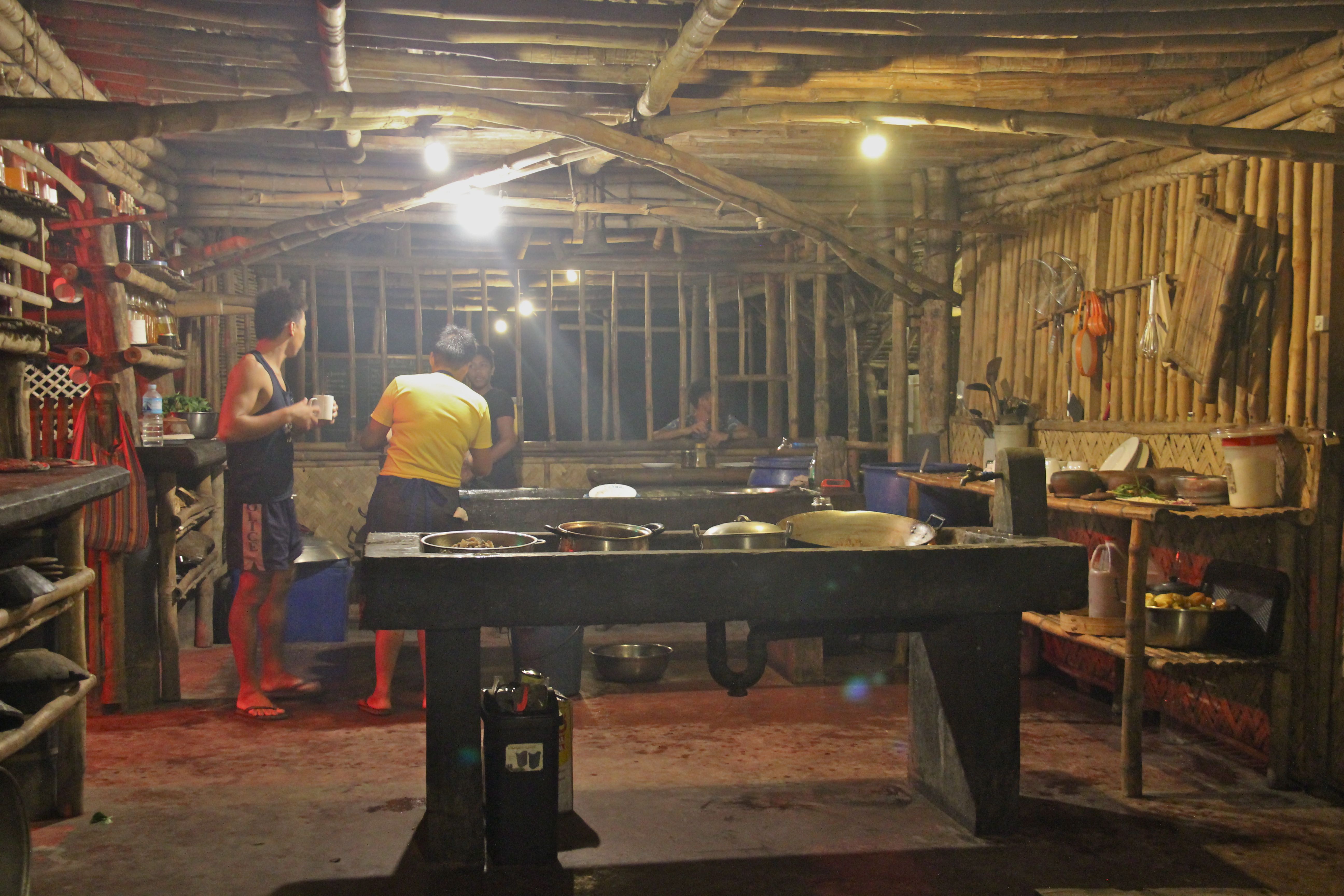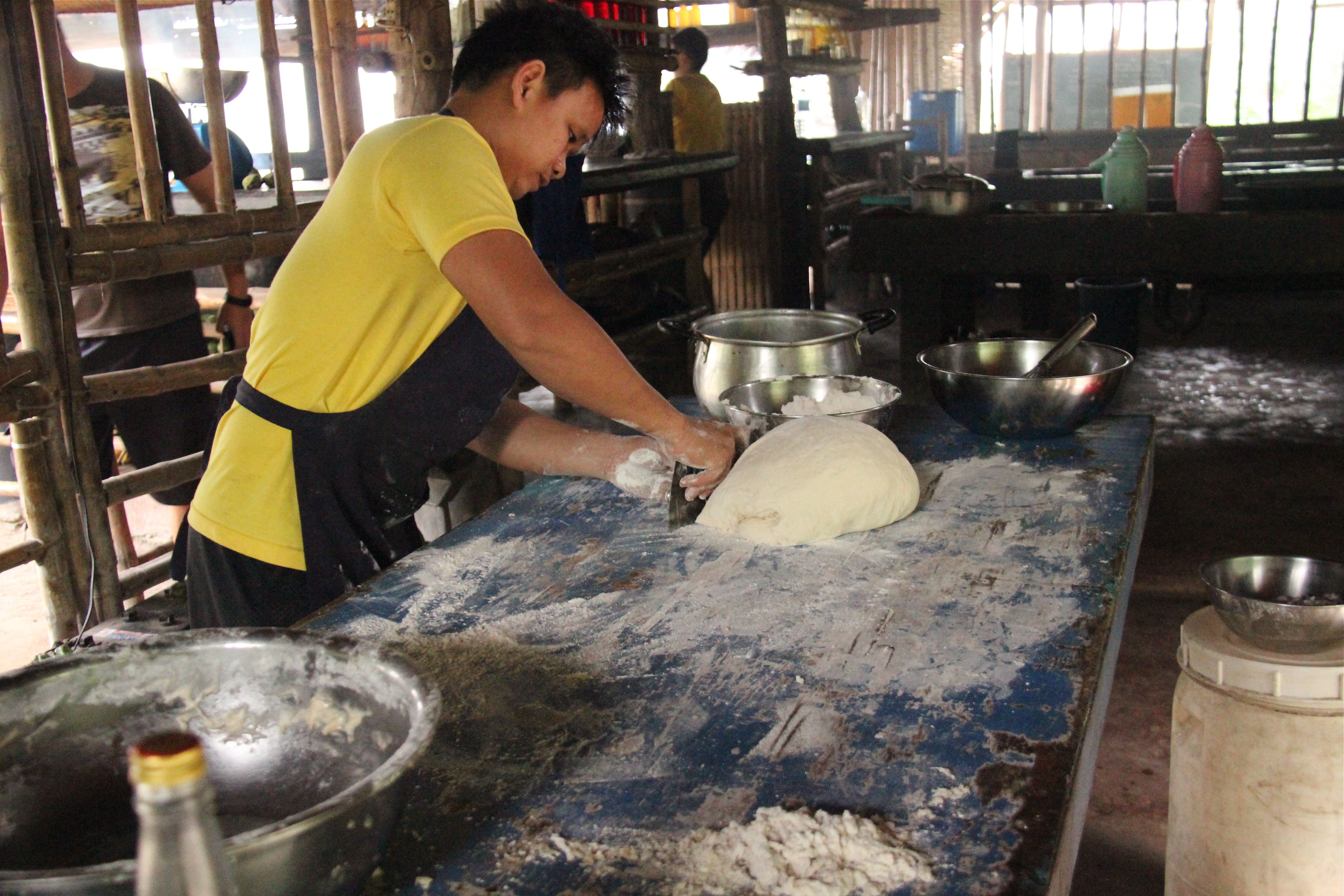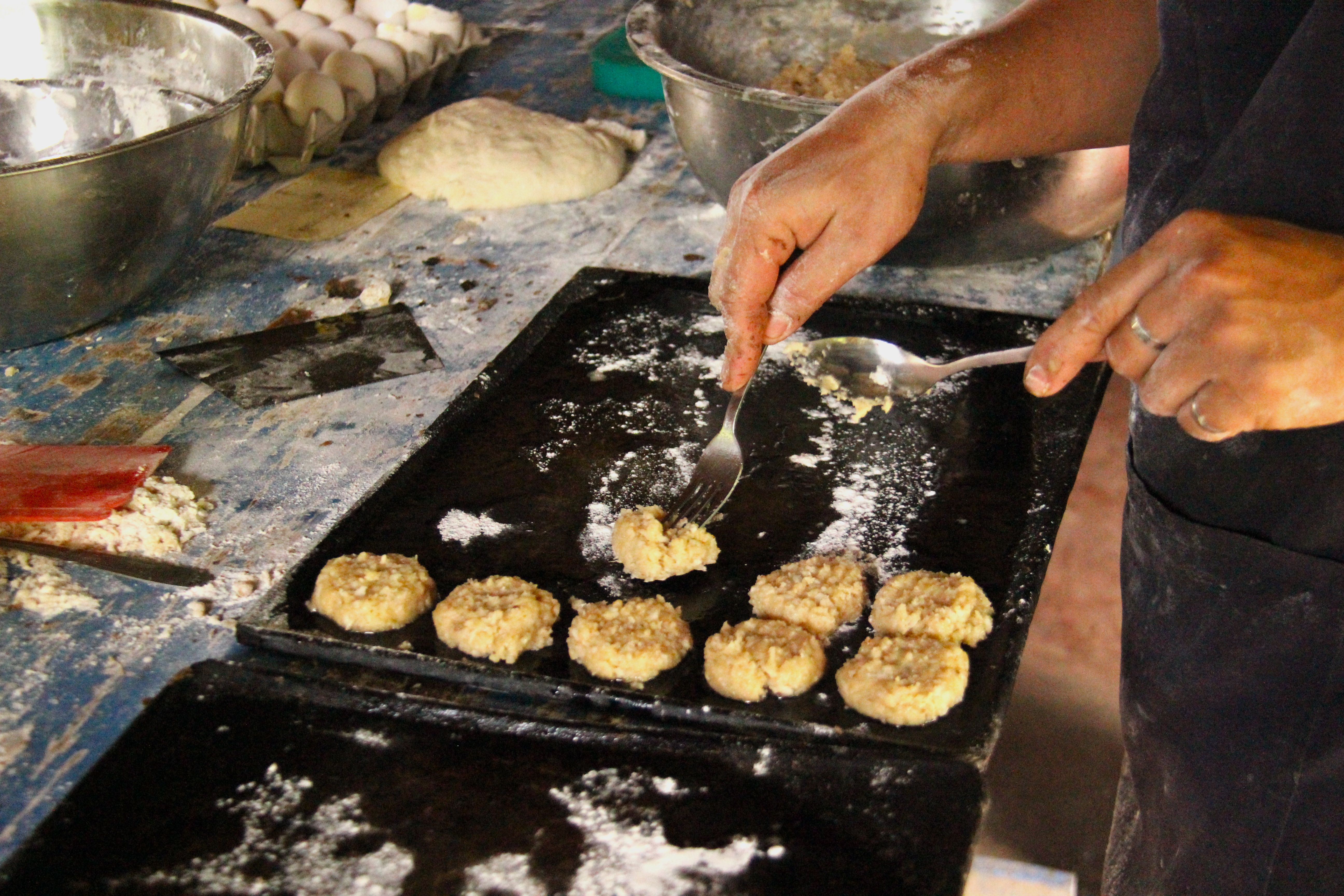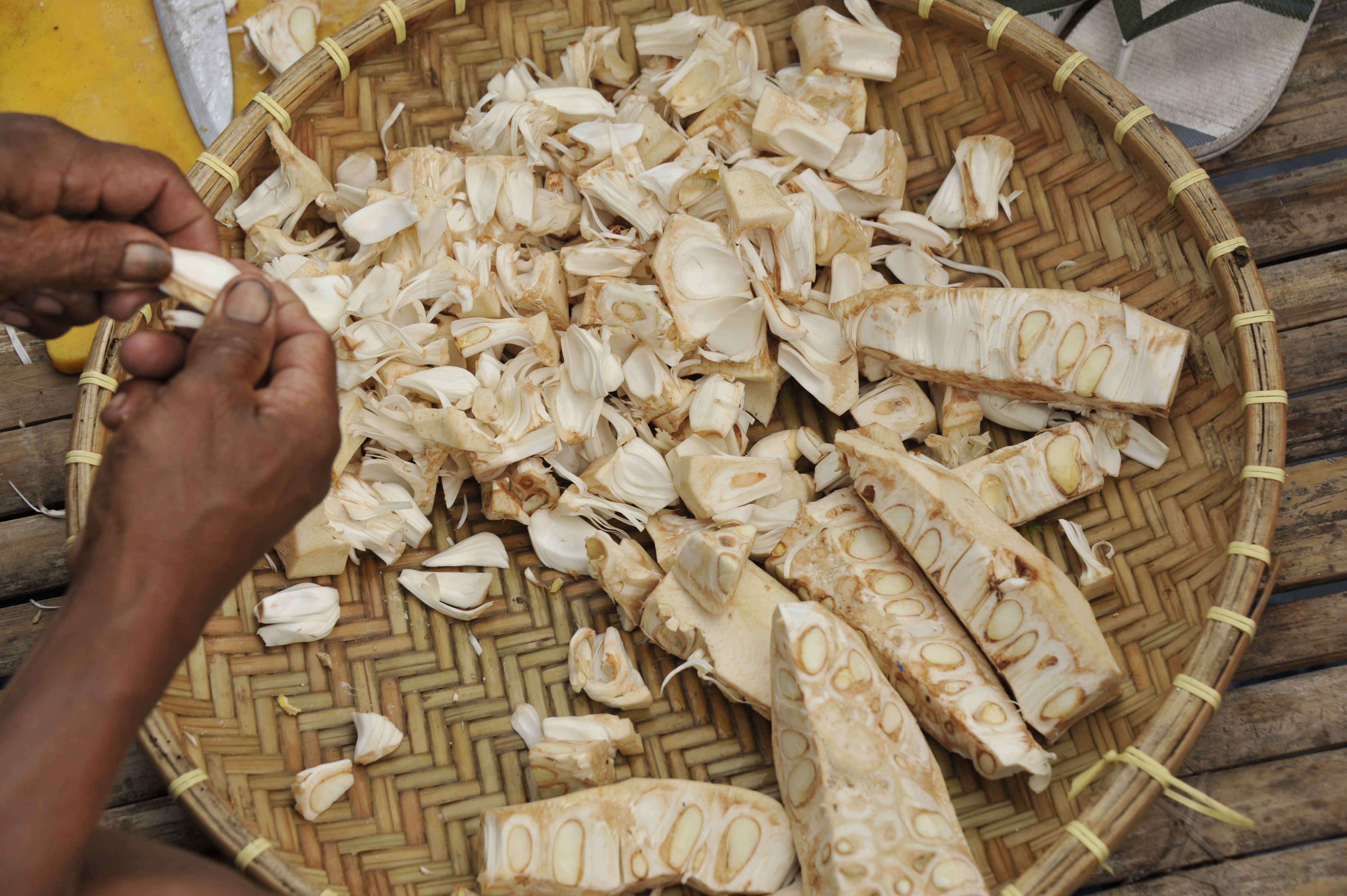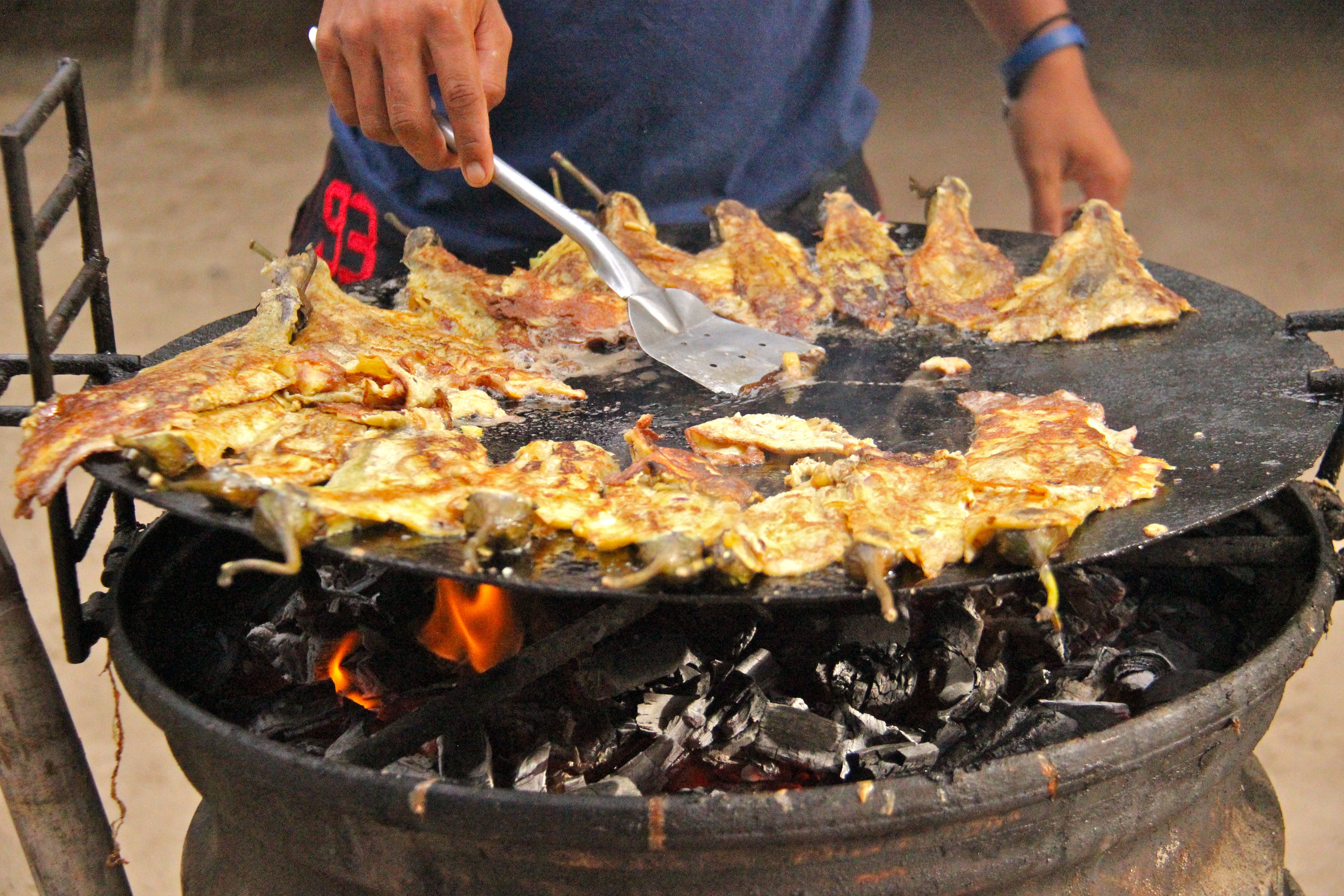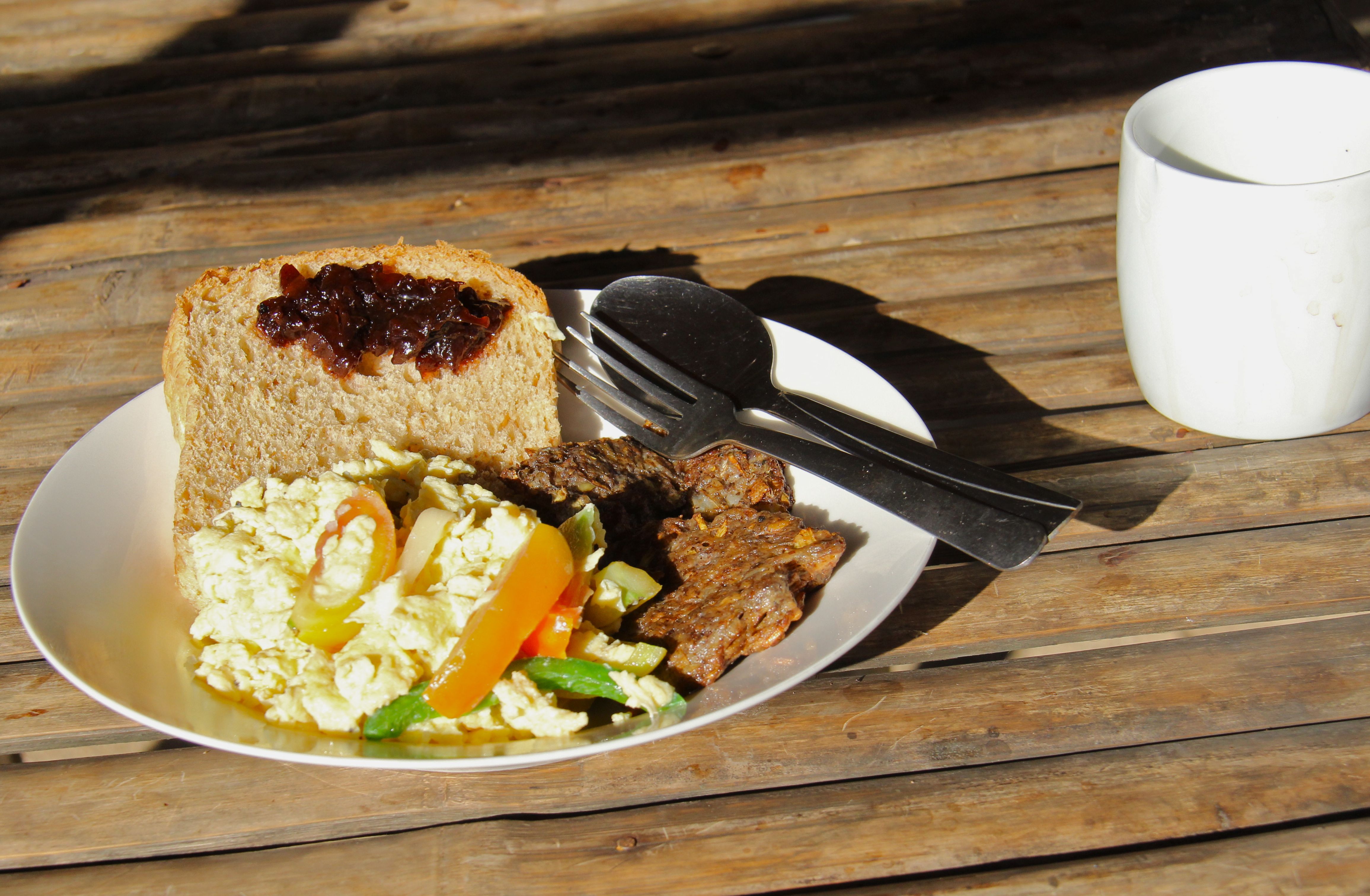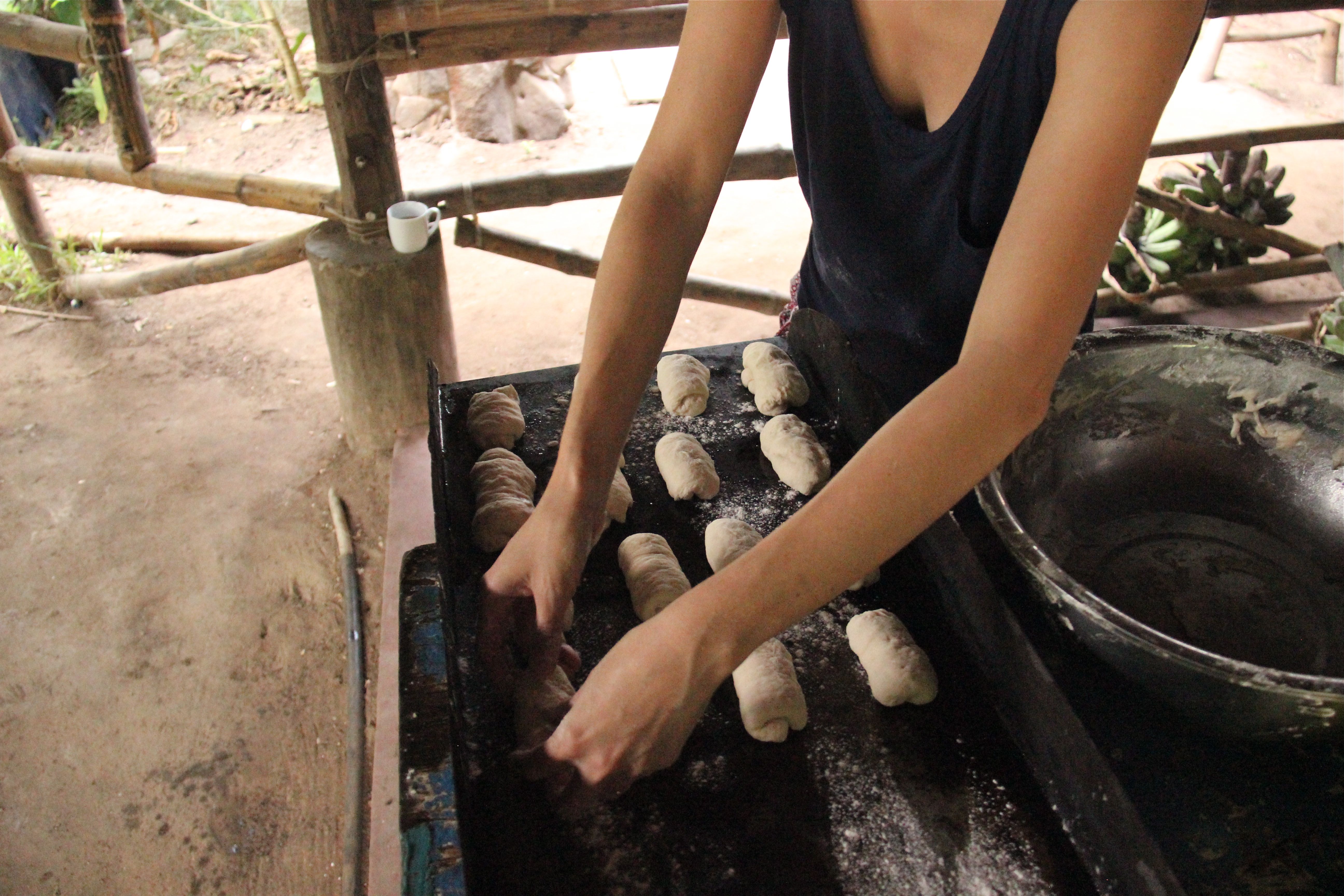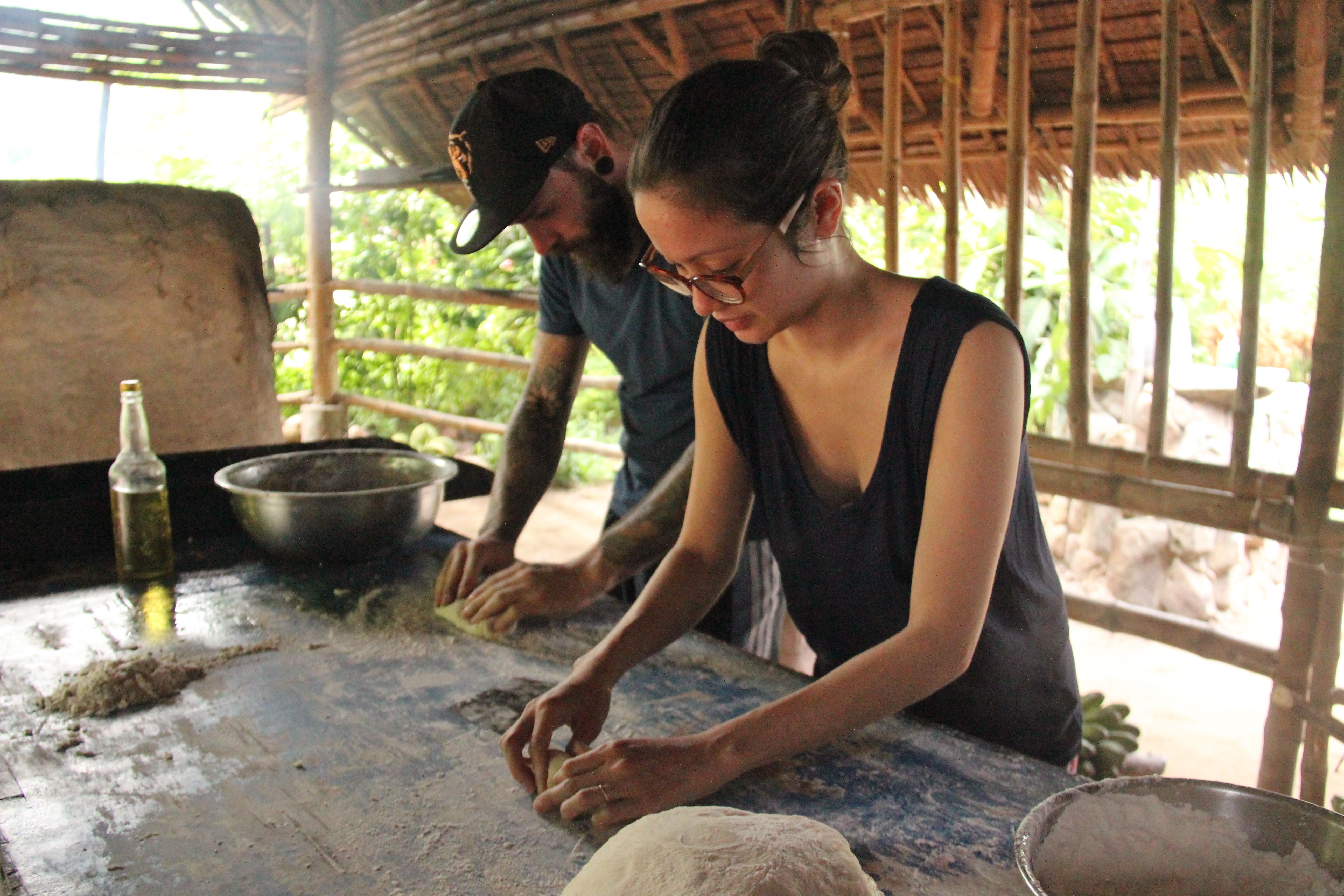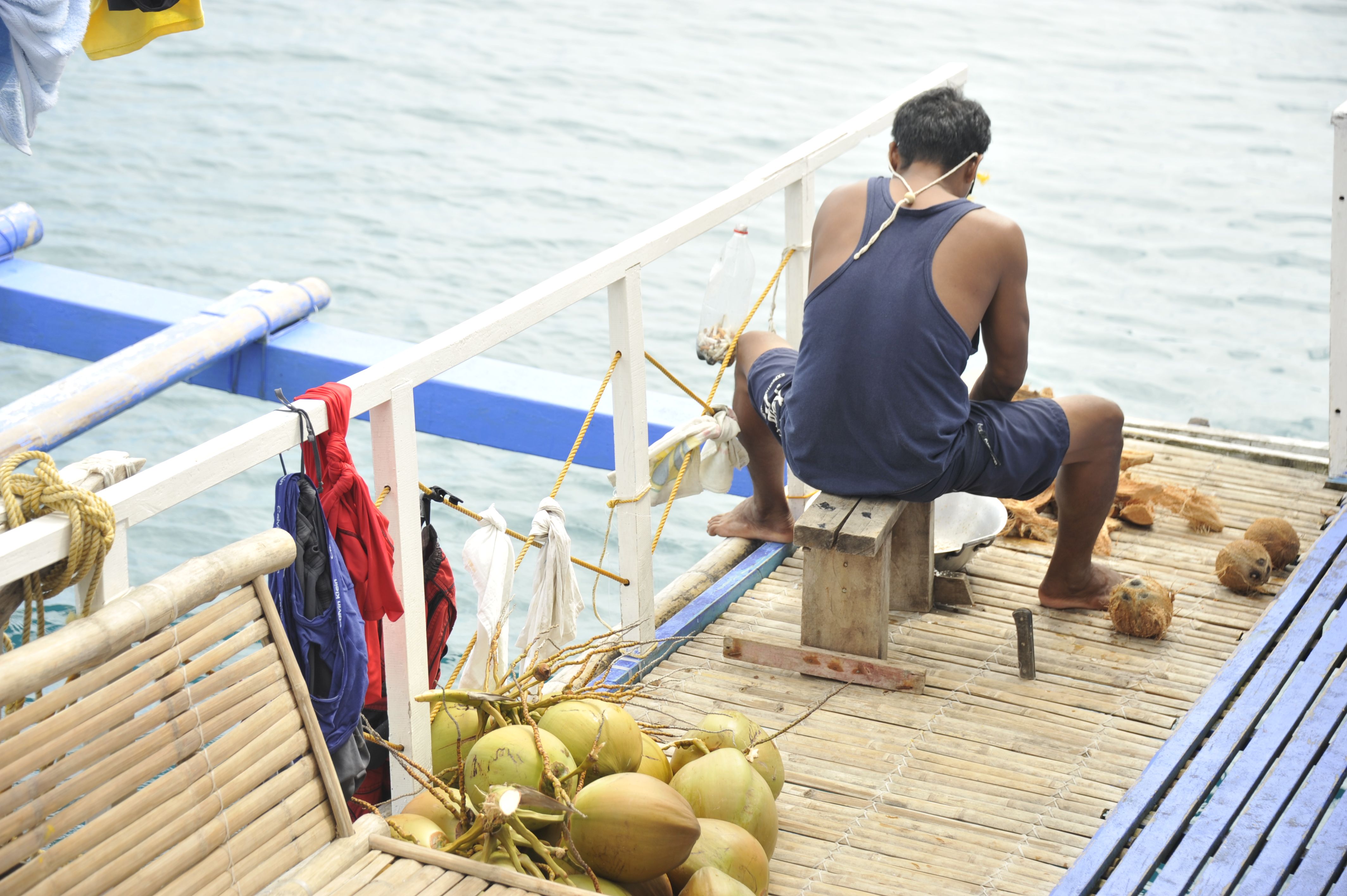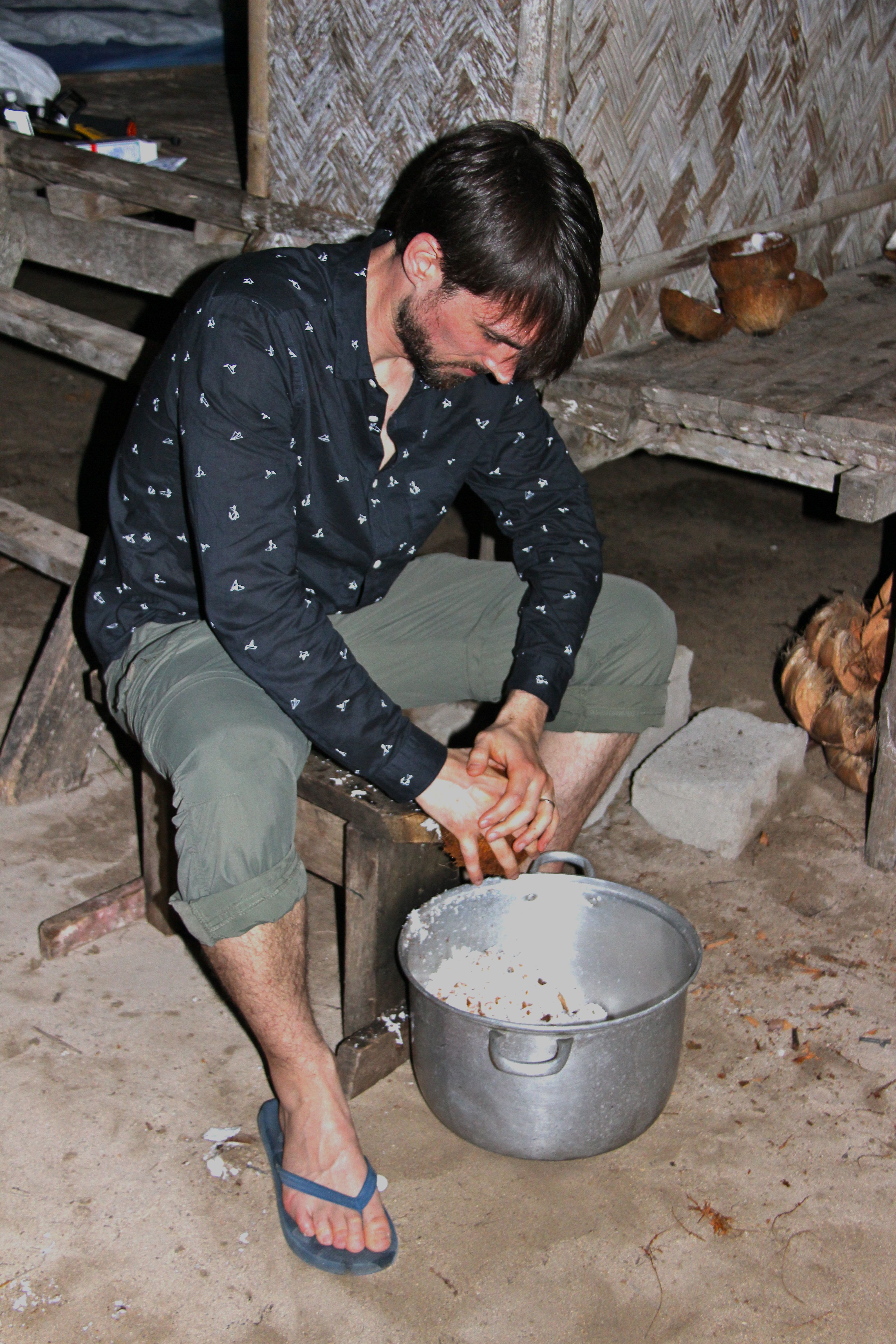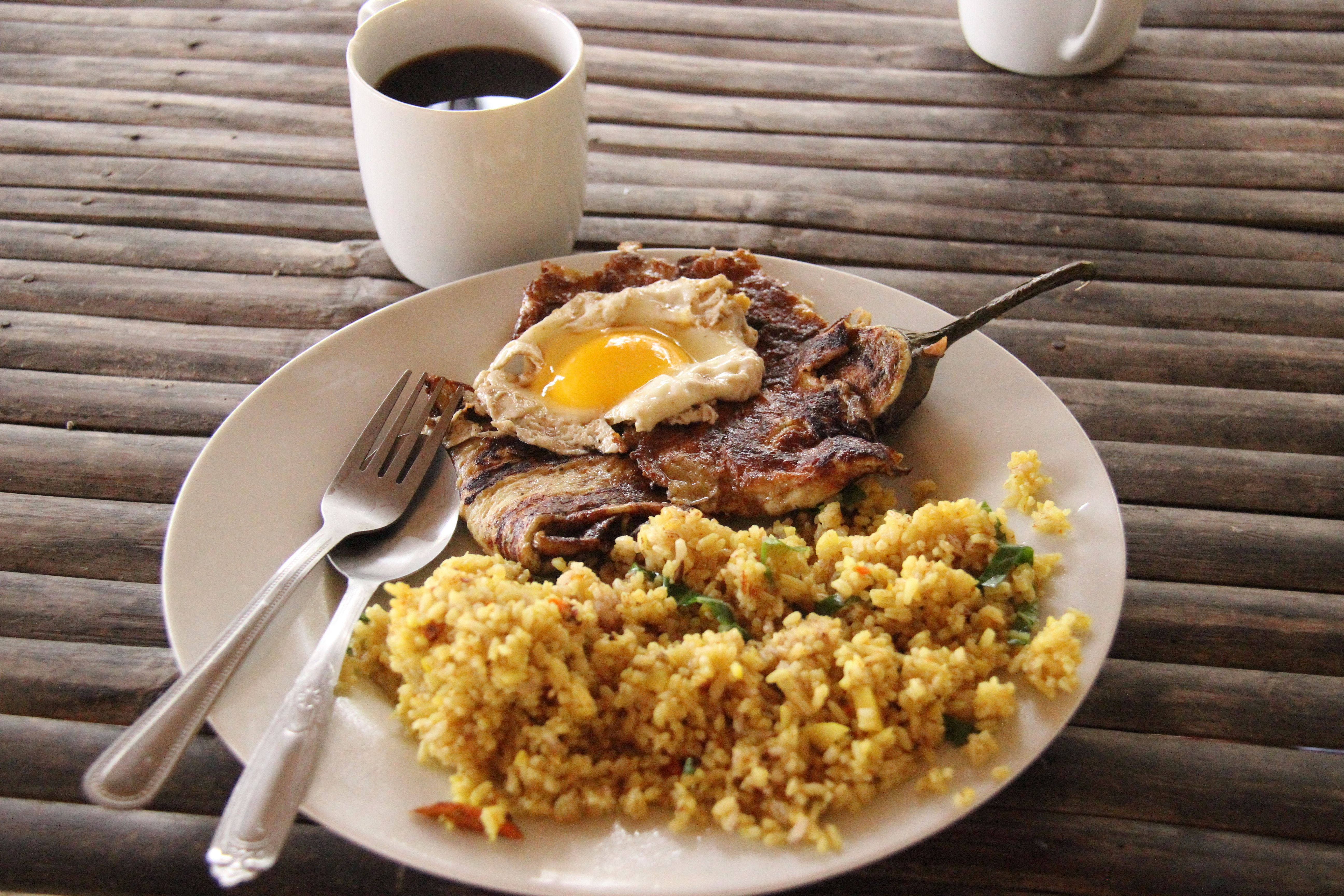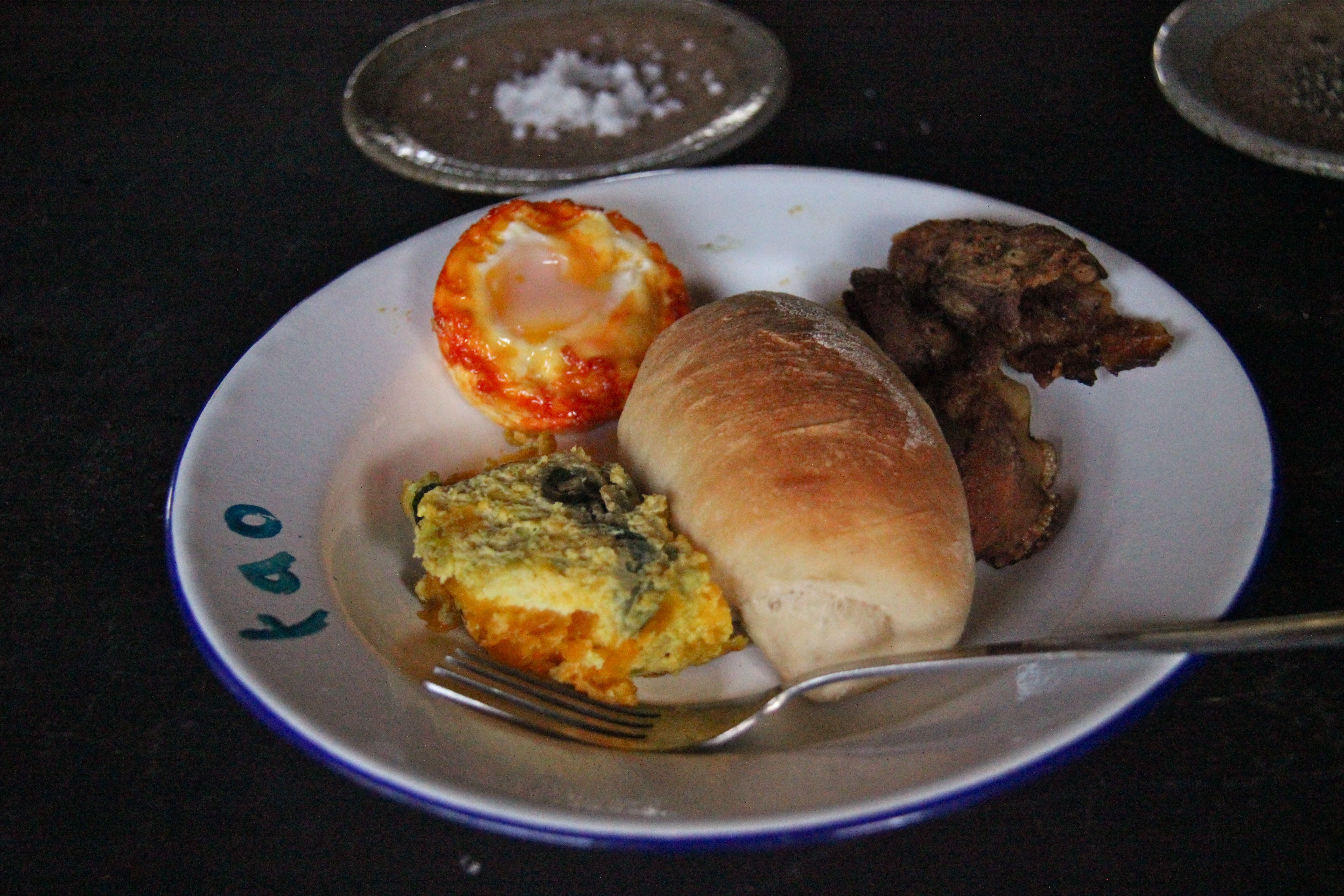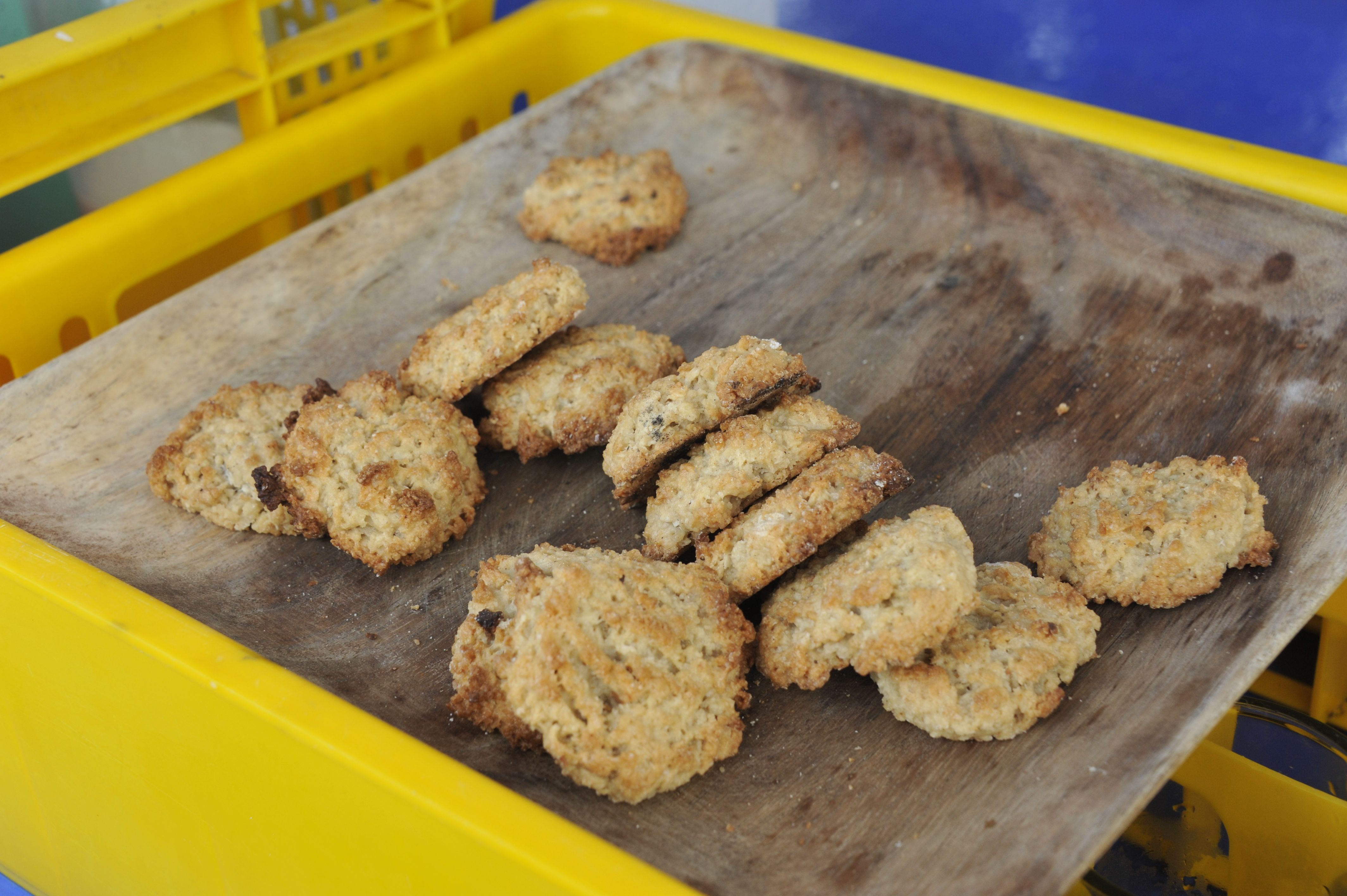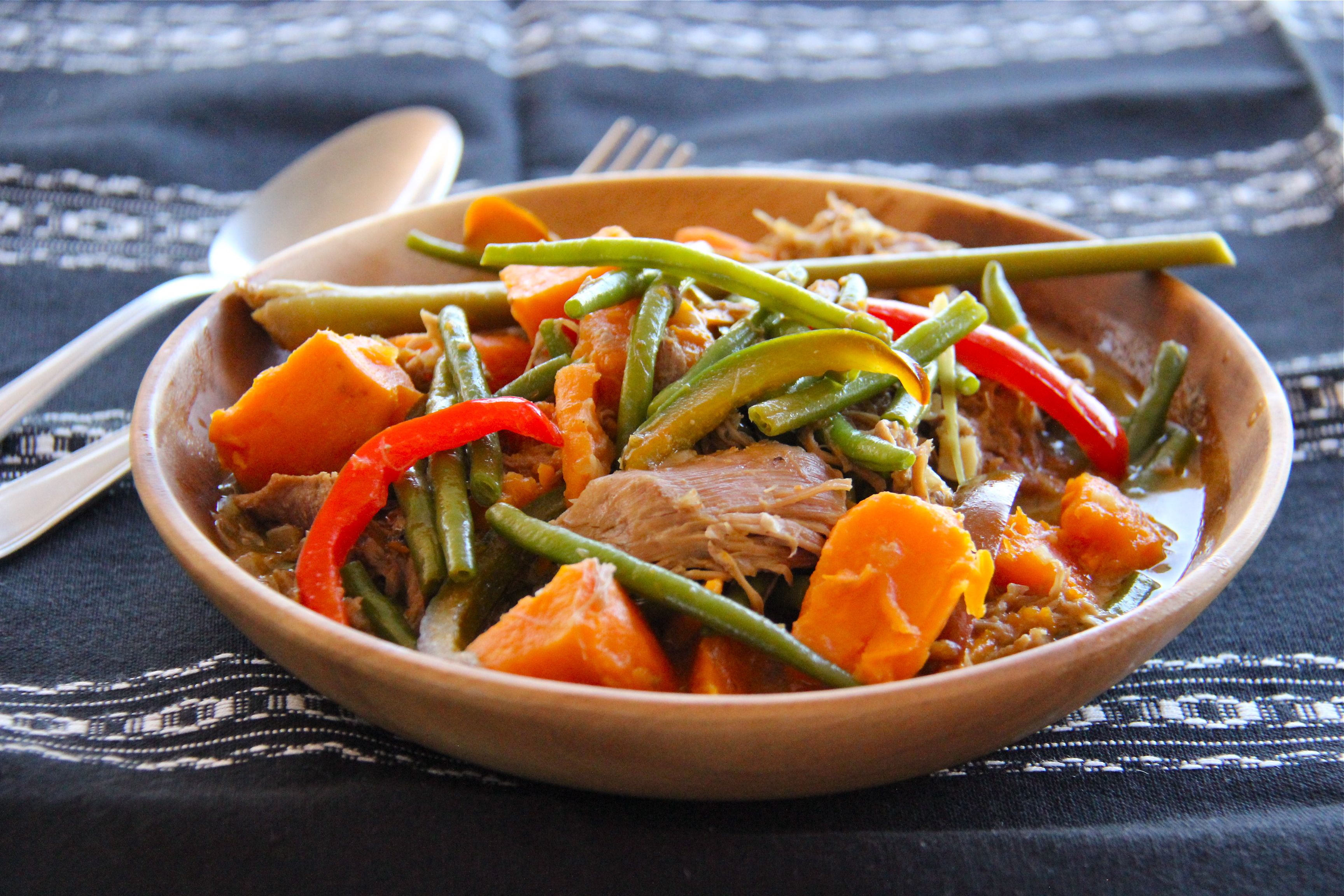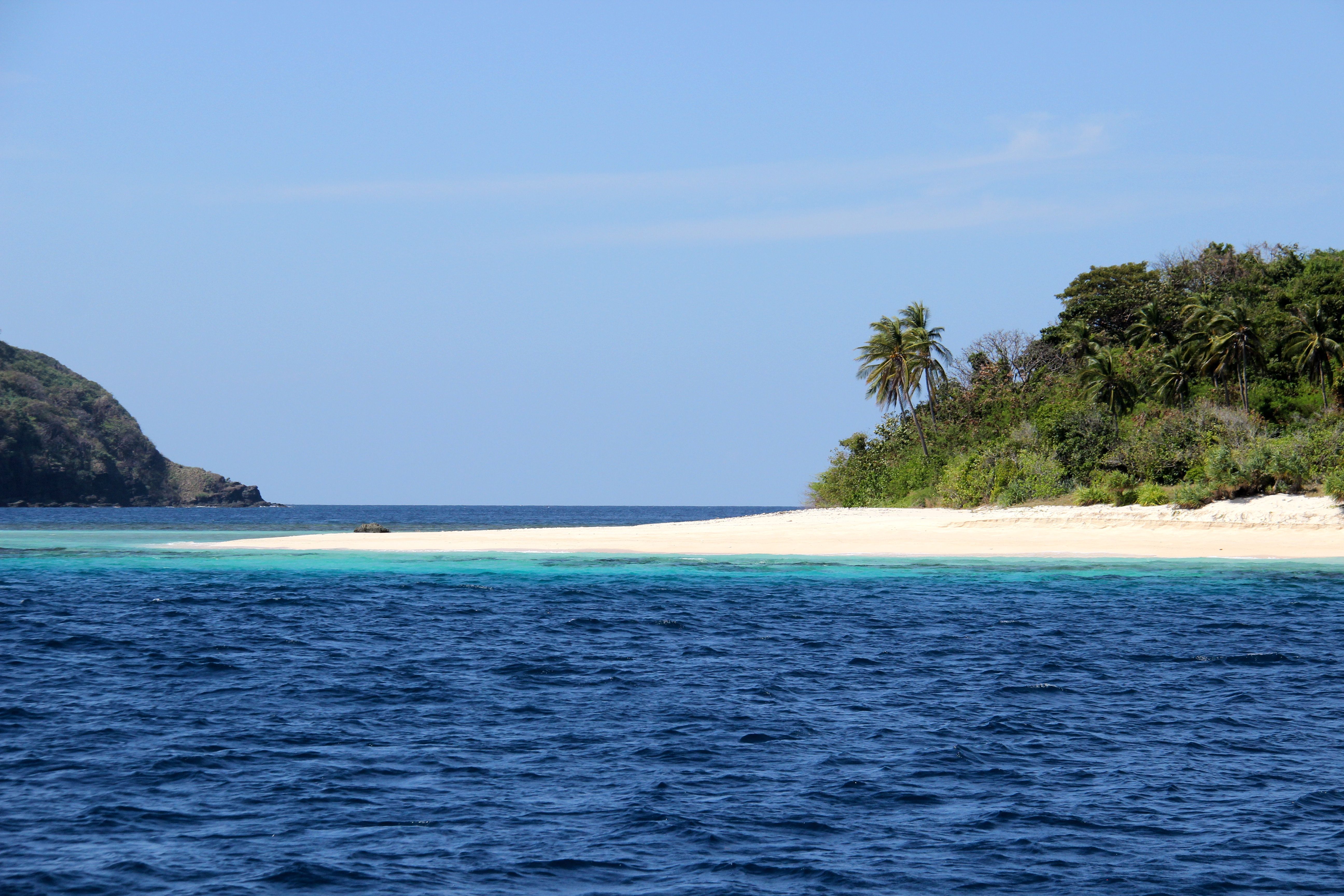In January 2017, I went on an incredible 5-days off-the-beaten-track sailing journey in the Philippines, into the remote islands with Tao expeditions. Our trip started from Coron, in Busuanga island, and ended in El Nido, in Palawan island. In between, we explored some amazing islands according to the winds and weather we were faced with (a pretty great weather actually – we were very lucky). Why am I telling you this story in a culinary blog ? I discovered during that trip a very interesting way of life, a green and fair tourism and a sustainable way of cooking and becoming self-sufficient. I think that could be very inspiring and I wanted to share this experience with you.
Heading towards self-sufficiency
Close to El Nido is the Tao farm. All the boats from Tao expeditions make a stop there for one night so that the tourists or « explorers » as we are called, can visit the core of Tao foundation. Everything starts from there. The « boys » learn all they need to become a crew member: how to sail, fish, cook, entertain, clean, rescue, grow vegetables, slaughter a duck, everything! Their mothers and wives learn how to massage tourists coming at the farm, sew bedsheets, tote bags and school bags reusing flour and rice cotton bags. The Tao foundation, started by Jack Footit (British) and Eddie Brock (Filipino),changed everybody’s life there. All the projects are funded by the « green tourist expeditions« . As the golden age of fishing is over in the remote islands, people there had to find a way to become self-sufficient, they didn’t have a choice. And Tao offered them a solution.
People from Tao also discovered a new home building technique from the fishermen’s boat building techniques using bamboo wood and nylon, resilient enough against typhoons and storms.
The Tao farm is a real incubator for permaculture. They grow so many vegetables, plants and fruits. The slash and burn method was too destructive for the islands. So they are spreading permaculture techniques to the other islands to help them make the lands more productive and become self-sufficient.
They also started pig farming to overcome fish scarcity: from piglets to pigs chopped up in pieces, ready to be cooked. They distribute the piglets to the other islands to let them grow up (they eat all their organic wastes). I just have to tell you: THEIR BACON IS JUST INCREDIBLE and we had THE BEST SLOW COOKED PORK BELLY EVER!
They don’t need any fridge as they harvest vegetables everyday according to their needs, they slaughter the poultry just before cooking and they manage to preserve the pig meat with water, salt and ice for several days.
They barter their food production to get fish and rice from other islands and from the remaining fishermen. They also sell handmade virgin coconut oil products such as shampoos, soap, body milk, conditioner…
They invented the « rocket stove« , a designed-open old barrel where they make fire in, and coated with thermal clay to insulate the heat. It survives the wind so during monsoon or typhoon, they can still cook! Everything for cooking, from the stove to the oven runs on firewood so they aren’t gas nor oil dependent. Isn’t that sustainable cooking?
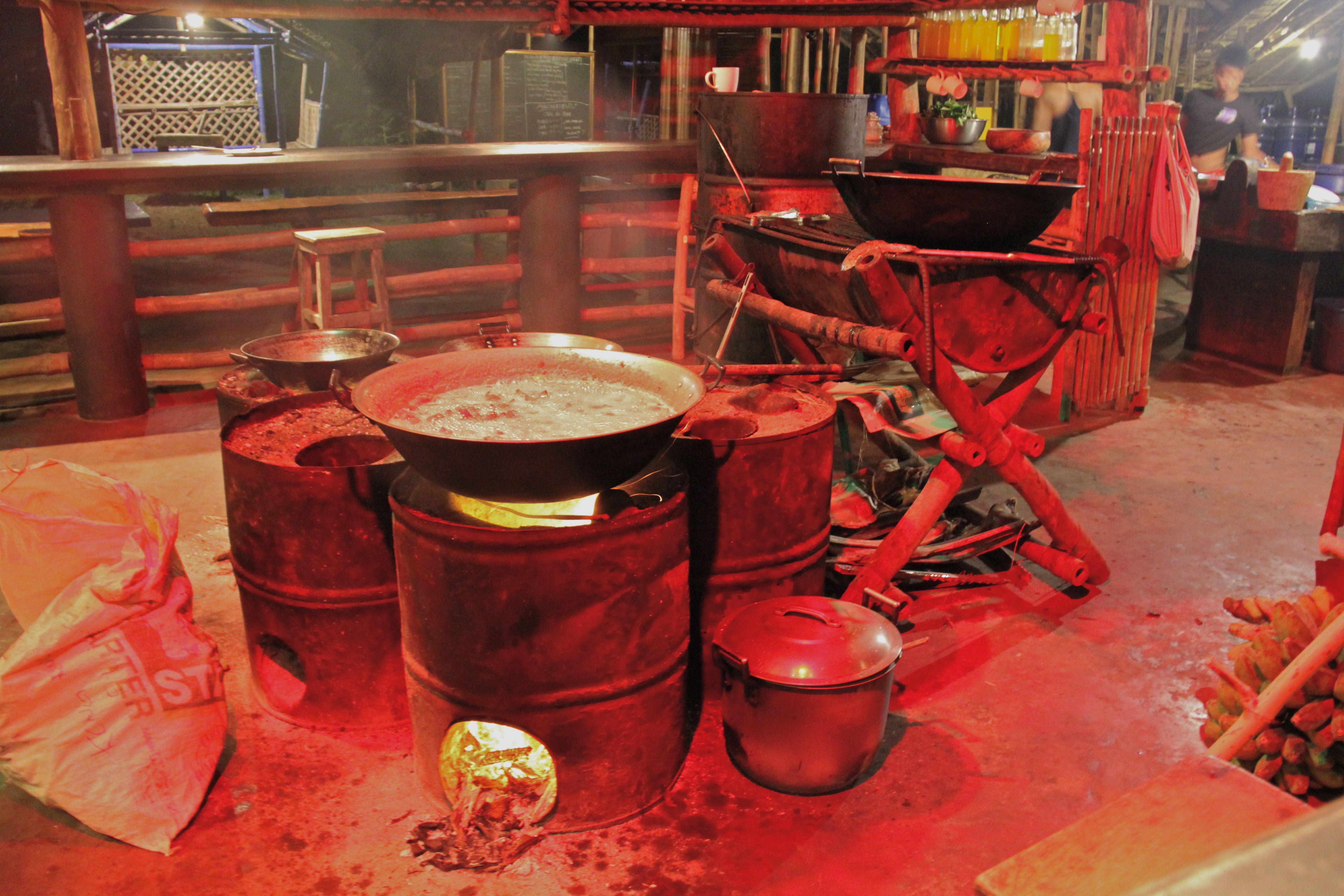
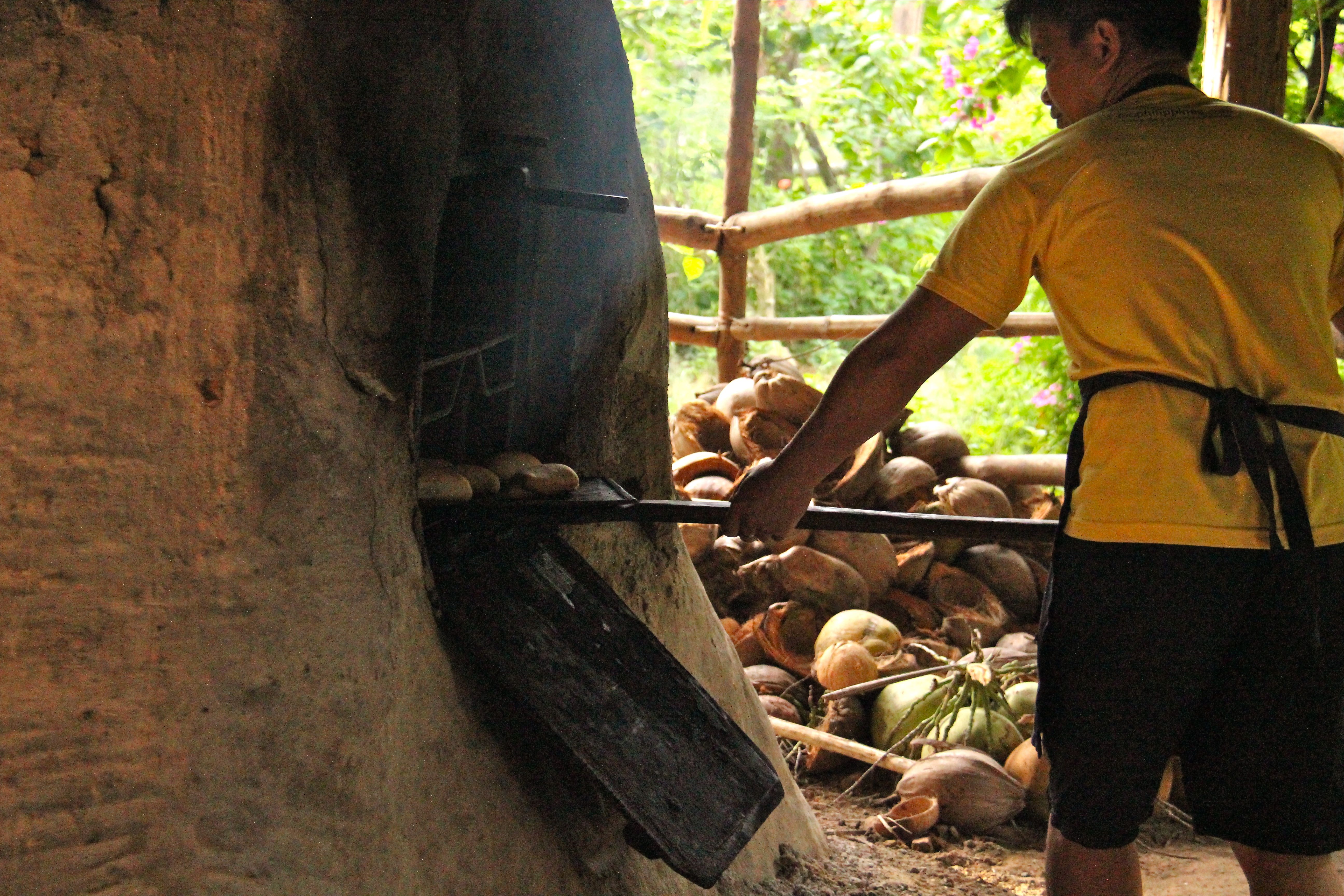
Food security, energy self-sufficiency, typhoon-proof houses, they learnt how to live with nature, thanks to nature and respecting nature.
Nature is the most precious thing we have for sustainable cooking and living
That trip was a 5-days gastronomic wonder! Everything was so fresh. We fished tuna on board and made sashimi out of it straight away – the best I’ve ever had! We got some ducks alive on board from our Tao farm stop, and had it for dinner the very same day (see Slow cooked duck with coconut milk and lemongrass recipe).
They know how to use their resources wisely. They use sea water a lot to prepare food (to rinse vegetables or fish, dishes first wash). And they manage water supply very carefully. Everything is valuable for them. They respect the products of nature, and they really know how to cook simple, plain and savoury meals out of it: green papaya with coconut milk and turmeric, black radish salad with kalamansi (calamondin, the local little acidic and fragrant lime the size of a cherry), fresh fruits… Everything was always very healthy and colorful, chopped and minced thinly with care, so tasty, fresh and delicious. The meals were always adapted to all diets: gluten free (brown rice most of the time), lactose free (coconut milk), vegetarian (there were always vegetable dishes apart from the fish or meat dishes). But still delicious and yummy. You never felt like being on a special diet or depriving yourself of anything. I never missed Western Europe food.
Zero waste policy
In waste management field, Tao has to teach us a lesson: they are champions of zero waste lifestyle! Recycling, reusing, composting, versatility, I was completely amazed.
Banana is THE STAPLE FOOD for them. They have a plantation in the mountain and harvest around half a ton per week! They use the whole plant: flowers and fruits are edible, trunks (the core) and leaves can be used as plates to serve food and then be composted. They even use banana skin to make vinegar! They make so many different fruit vinegars: cashew fruit, mango, pineapple… And they store it in…old rum bottles of course: reuse!
Plantain banana can be cooked as a snack, in savoury dishes for lunch or dinner, sweet for breakfast, it can be fried, boiled, mashed, stuffed. It’s so versatile, it’s like potato for us.
Coconut? It’s just the same story: you can drink the water of young coconuts or use it for cooking (for bread for instance), you can eat the flesh or make coconut milk and oil out of it – the core of the trunk is edible too. Then the dried leaves, trunks and shells become a fuel for cooking. Actually, dried sticks and all kind of scrap around is turned into firewood. Of course, coconut shells can be used as bowls too like you see in movies 🙂
Respecting nature drives them to creativity and new discoveries
« The most important thing for us is food. It’s our only privilege to show everybody how we grow, how we prepare and how we cook food. » says chef Ann from the open kitchen of Tao Farm Kantina where we can observe the preparation of our dinner and even participate.
The Tao people learnt cooking in developed countries and adapted the techniques to what nature gives them in the islands. I was so amazed by their cooking techniques, hygiene rules application and the kitchen’s organization, just like in a professional kitchen from a Western country but with bamboo construction, exotic products and firewood energy! Everything was always so clean and perfectly organized. I discovered lots of amazing dishes, cooking techniques and new ideas during this trip: starfruit jam, coconut cookies made with pork fat, green jackfruit with coconut milk in a savoury dish, fried sweet potatoes with sweetened condensed milk dip, banana flower hamburgers, soft bread with coconut water, versatility of plantain, turmeric oil…
They had the great idea to use coconut water to make bread and to feed their sourdough starter. As it contains water and sugar naturally, that’s genius!
They make their own coconut milk grating the flesh of mature coconuts. They soak it in few water then press the flesh to extract the coconut milk. I can tell you, that is exquisite compared to the one we buy in cans!
They make turmeric oil bringing vegetable oil to a boil and adding turmeric cut into pieces, then letting it infuse into the oil. It can be used then for cooking or to make a sauce. It’s very fragrant.
They use a lot of spices and condiments: pepper, turmeric, fresh ginger, fish sauce, soy sauce, vinegar, herbs, garlic… to lift up their dishes.
Here are some Tao recipes I carried in my suitcase back home:
- Vegan spring rolls with plantain and purslane, ultimate roasted peanut sauce
- Slow cooked duck with coconut milk and lemongrass
- Tortang talong, Filipino eggplant omelet
- Adobo marinated pork belly, glazed and grilled on the barbecue
I really hope you’ll enjoy them as we did in this beautiful archipelago. And you know what, I think they are right to protect this treasure of nature. It should be every human duty to do their best to preserve the piece of land they call home and that feeds them. Food for thought…

